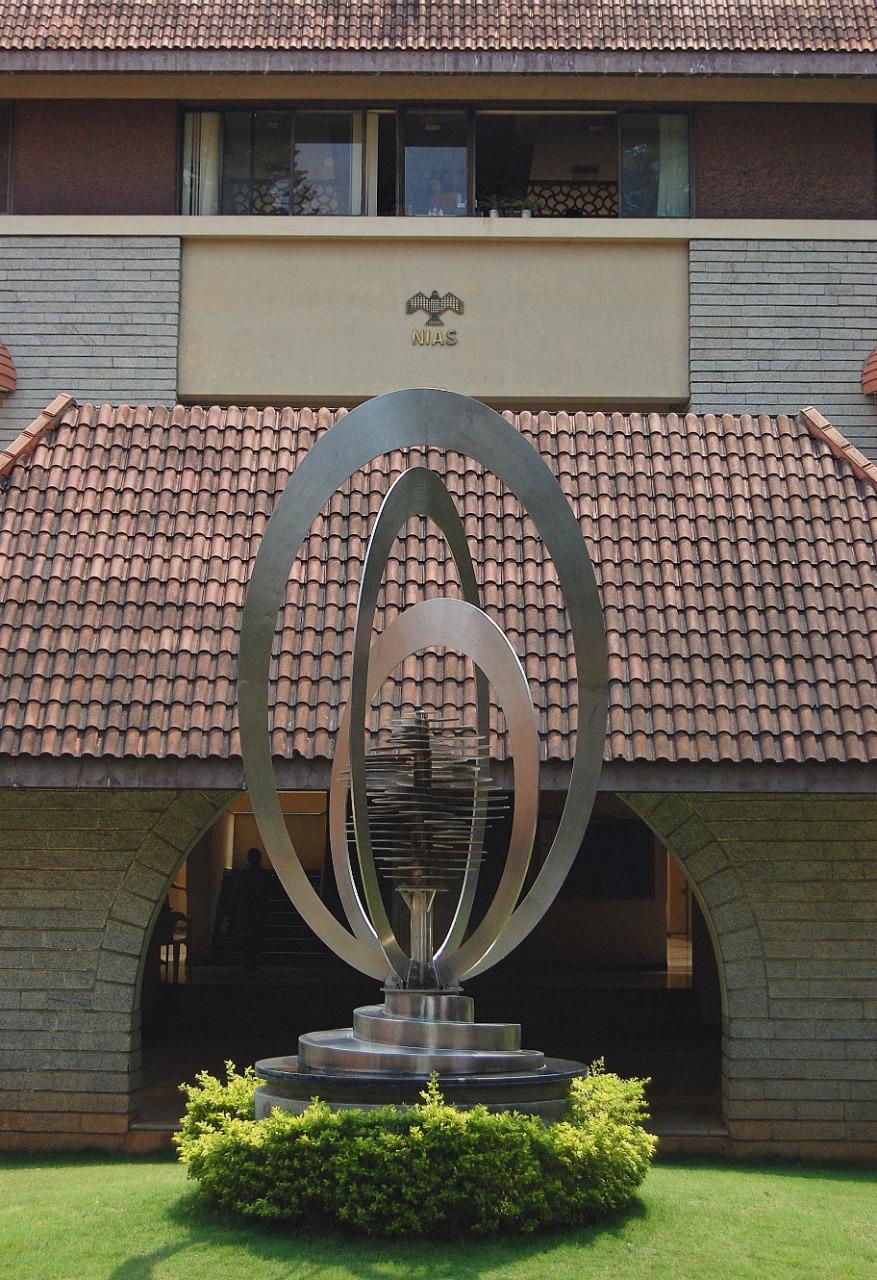
|
S Rajagopal, Raja Ramanna, Deepa Ollapally
India’s Options of the Comprehensive Test Ban Treaty
http://isssp.in/indias-options-of-the-comprehensive-test-ban-treaty/ |
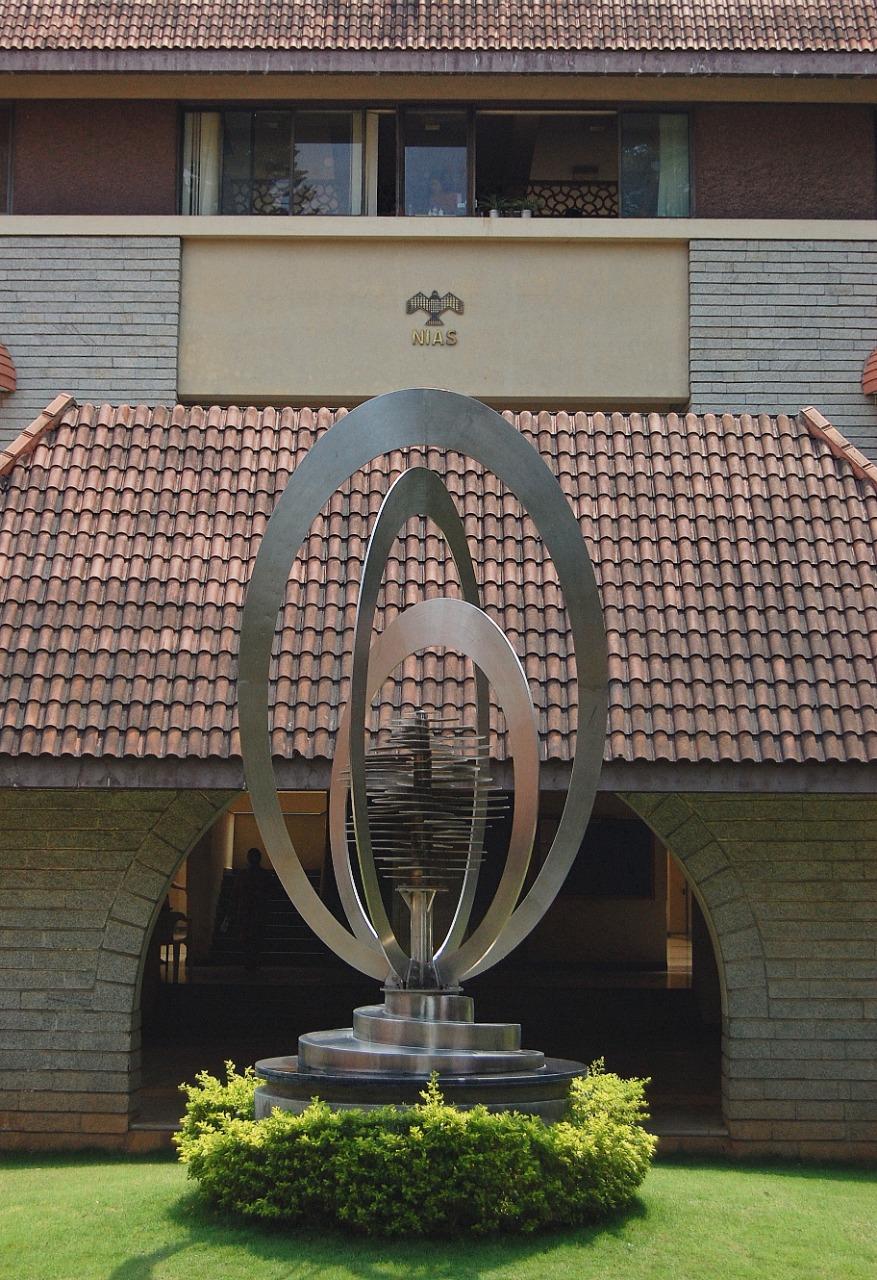
|
S Rajagopal
Fissile Material Cut-off Treaty and Options for India
http://isssp.in/fissile-material-cut-off-treaty-and-options-for-india/ |
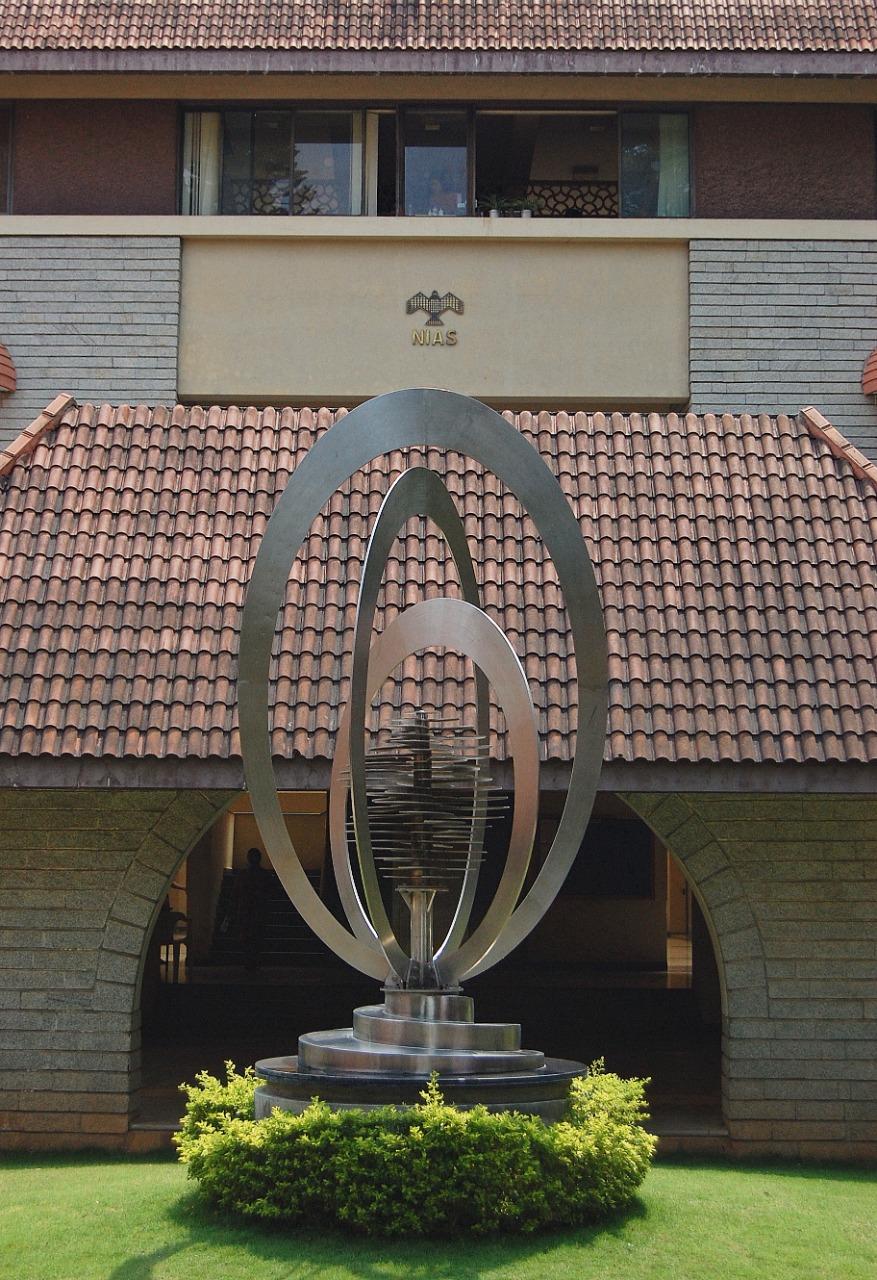
|
Arvind Kumar
Draft Indian Nuclear Doctrine
http://isssp.in/draft-indian-nuclear-doctrine/ |
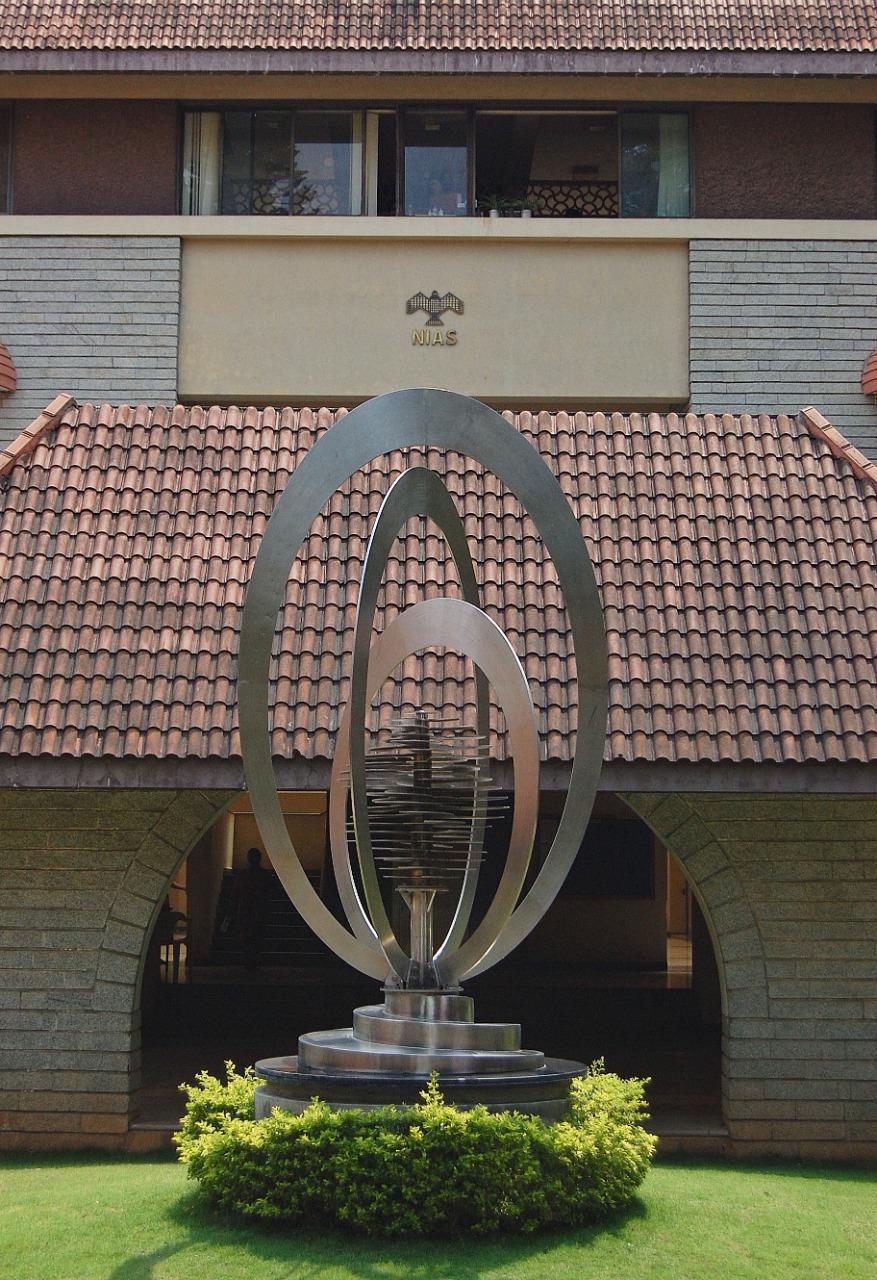
|
S Chandrashekar, Arvind Kumar, Rajaram Nagappa
Assessment of Pakistan’s Ballistic Missile Programme
http://isssp.in/an-assessment-of-pakistans-ballistic-missile-programme-technical-and-strategic-capability/ |
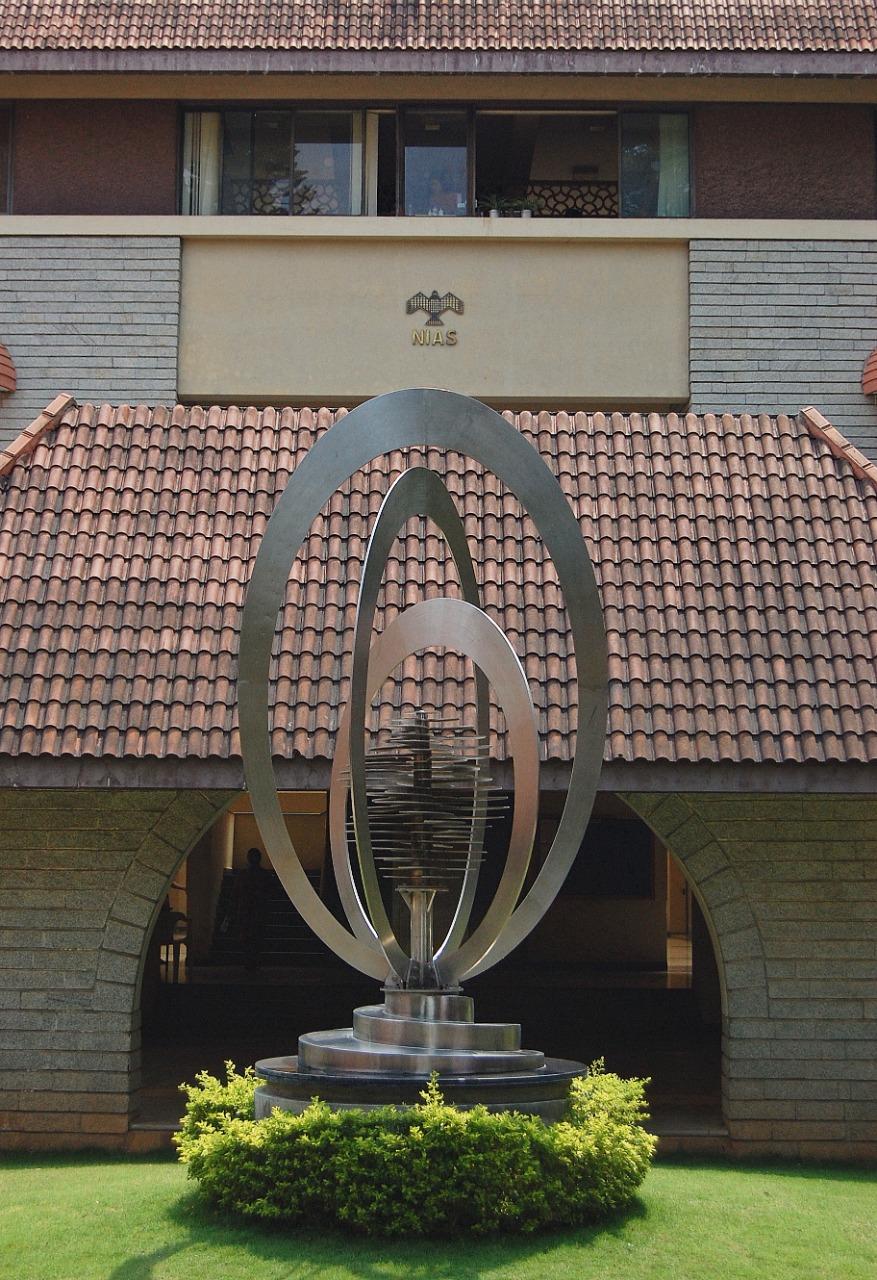
|
K P Vijayalakshmi, Arvind Kumar, Sonika Gupta, S Chandrashekar
National Workshop on Indo-US Relations: Changing Contours of Indo-US Relations
http://isssp.in/national-workshop-on-indo-us-relations-changing-contours-of-indo-us-relations/ |
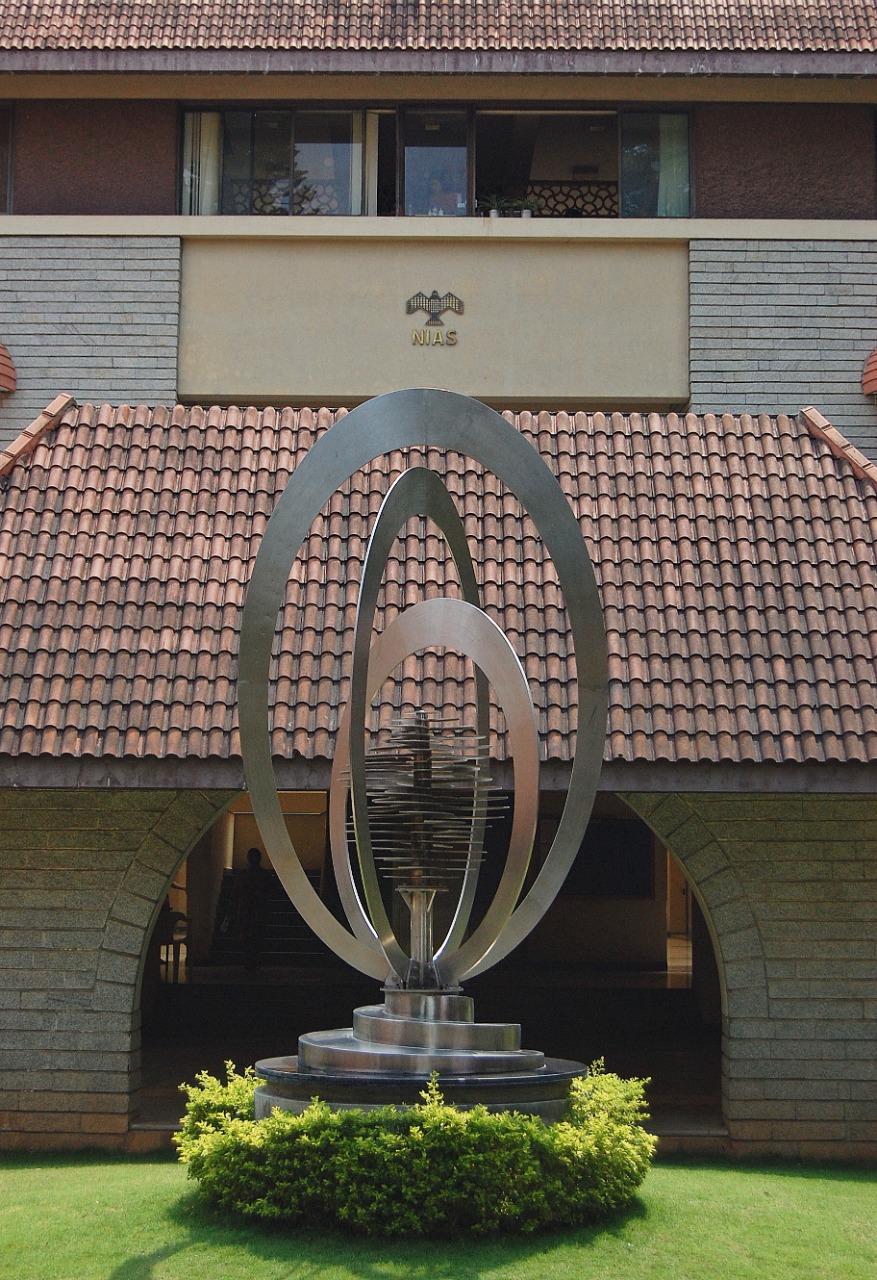
|
Sonika Gupta, Arvind Kumar, S Chandrashekar
Assessing the Indo-US Deal on Civil Nuclear Cooperation: Forging a New Partnership
http://isssp.in/assessing-the-indo-us-deal-on-civil-nuclear-cooperation-forging-a-new-partnership/ |
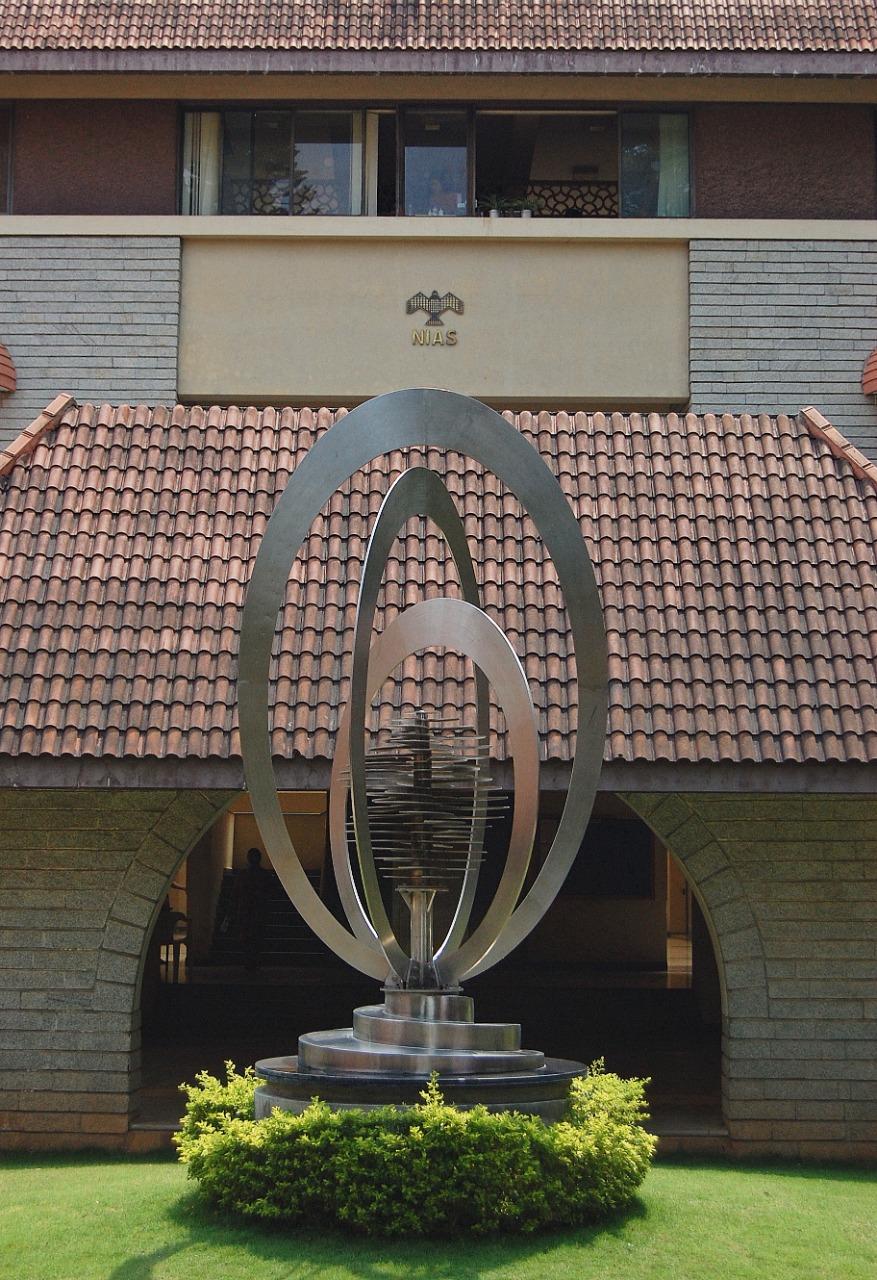
|
Sonika Gupta, Arvind Kumar, S Chandrashekar
Assessing the Indo-US Deal on Civil Nuclear Cooperation: Managing Risks and Opportunities
http://isssp.in/assessing-the-indo-us-deal-on-civil-nuclear-cooperation-managing-risks-and-opportunities/ |
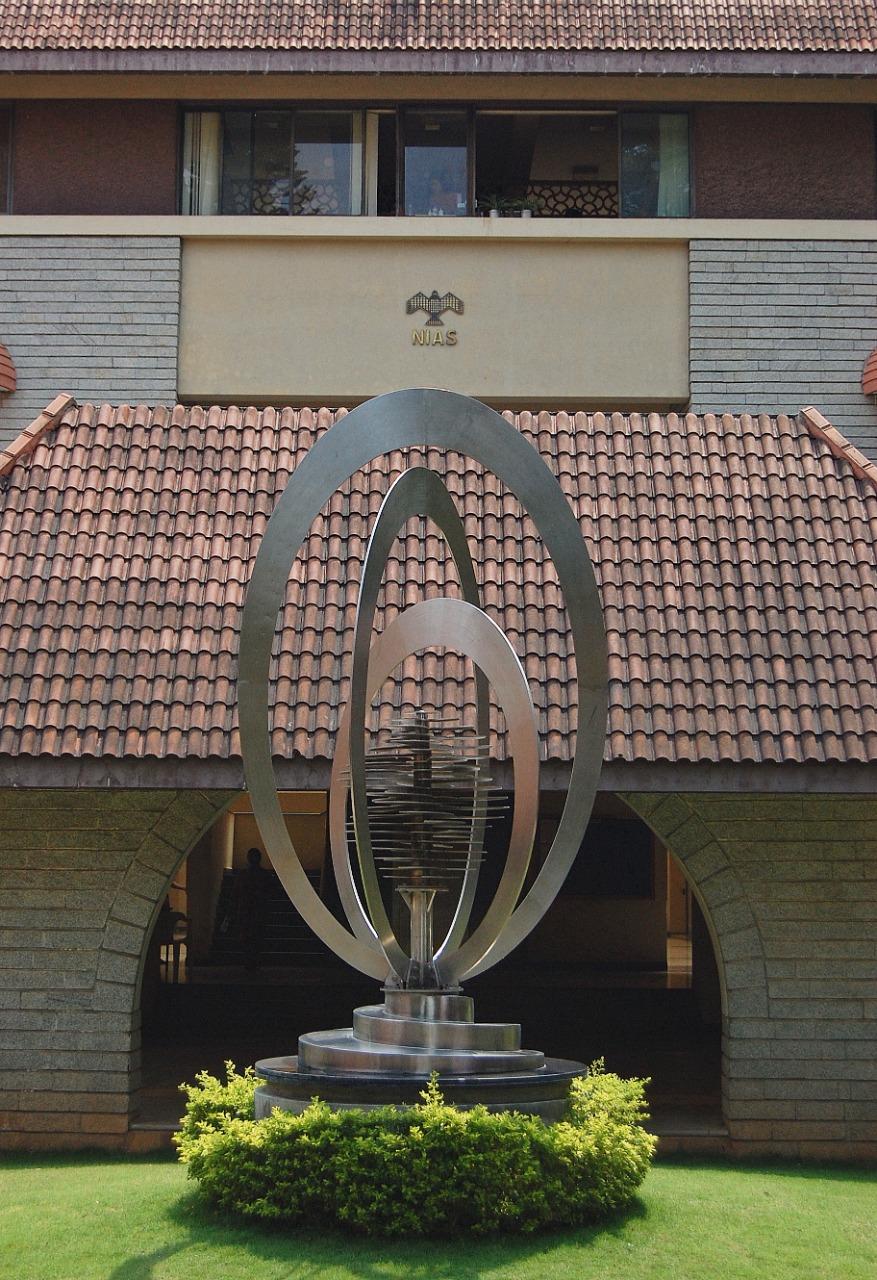
|
Rajaram Nagappa, S Chandrashekar
Assessment of Pakistan’s Babur-HATF 7 Cruise Missile
http://isssp.in/an-assessment-of-pakistans-babur-hatf-7-cruise-missile/ |
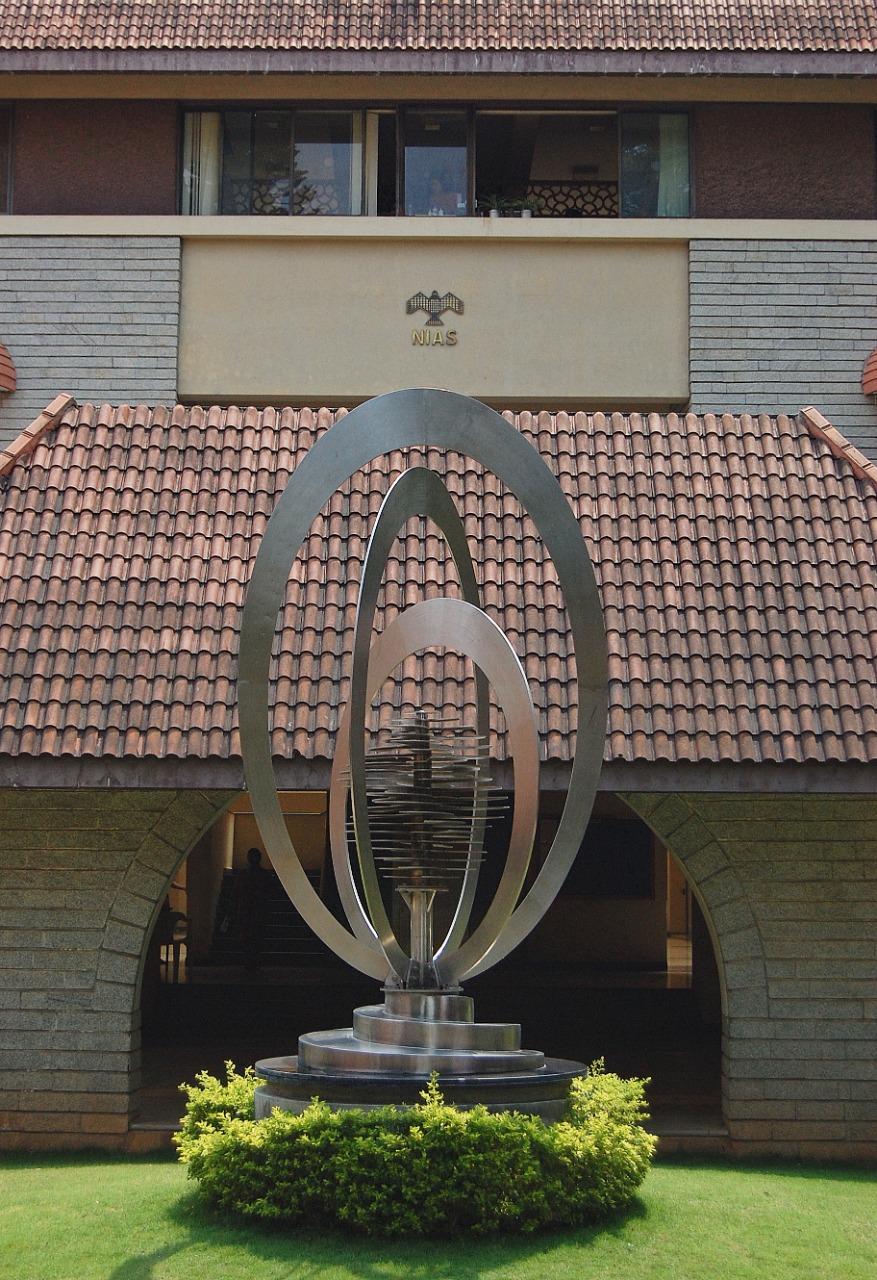
|
S Chandrashekar, Sonika Gupta, Rajaram Nagappa, Arvind Kumar
An Assessment of China’s Ballistic and Cruise Missiles
http://isssp.in/an-assessment-of-chinas-ballistic-and-cruise-missiles/ |
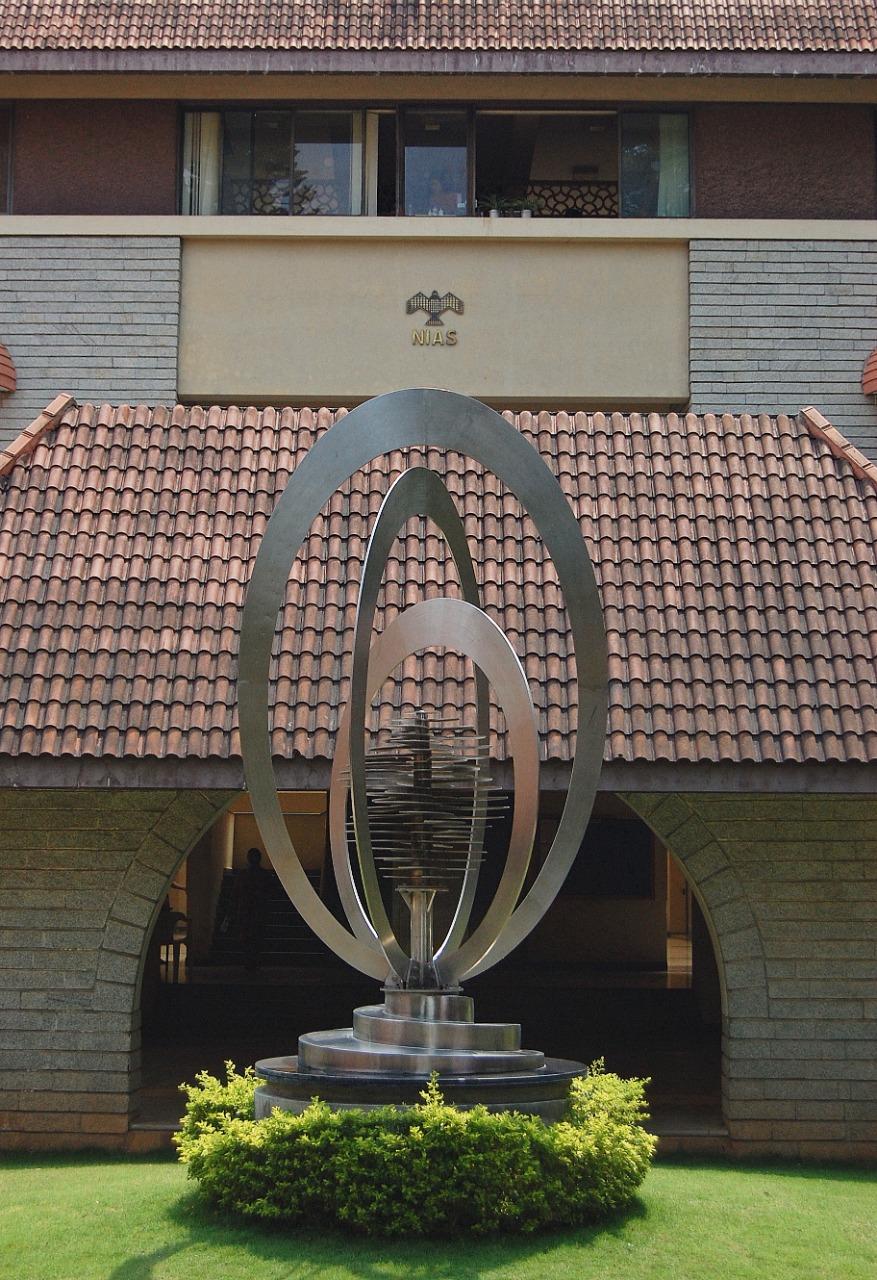
|
Rajaram Nagappa
Assessment of Ballistic Missile Production Capacity in Pakistan
http://isssp.in/an-assessment-of-ballistic-missile-production-capacity-in-pakistan/ |
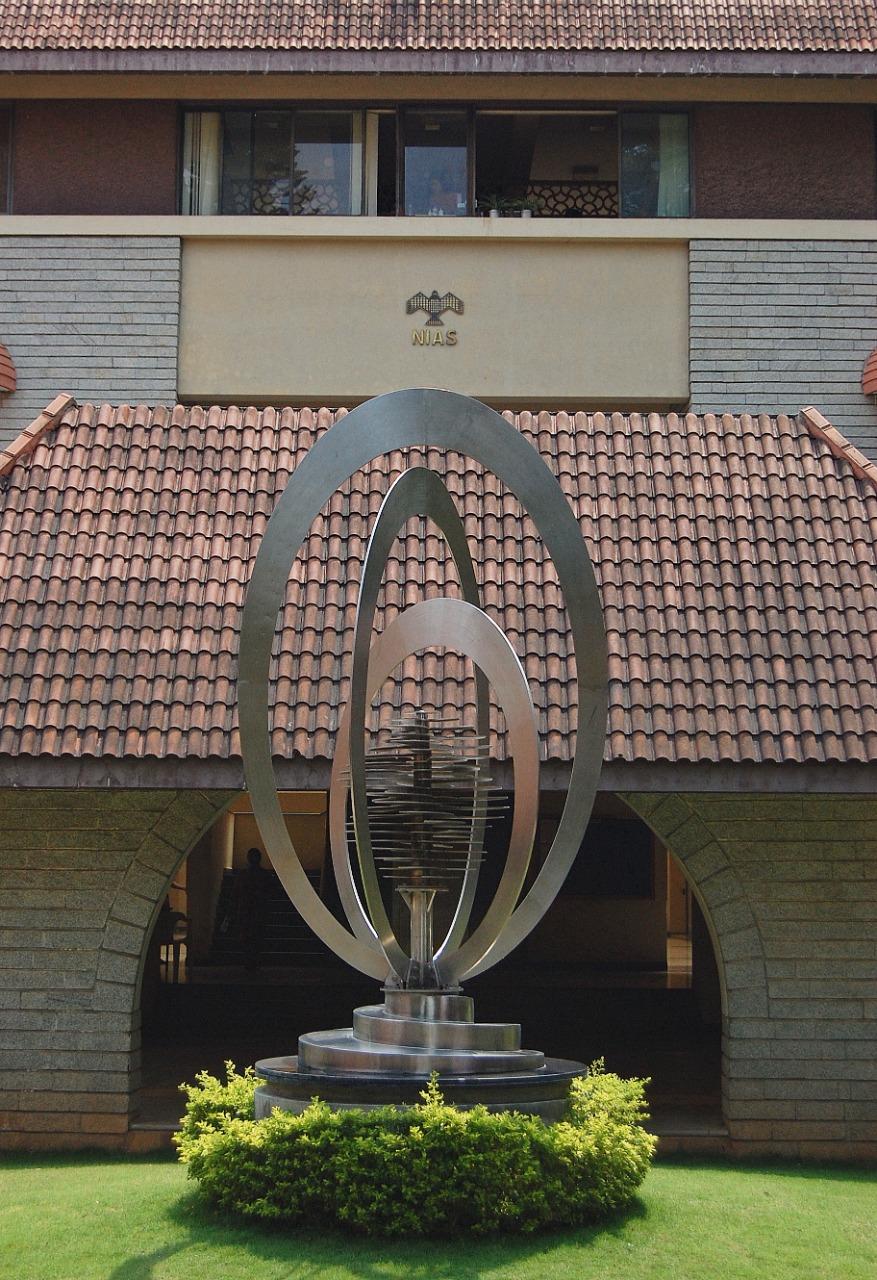
|
Lalitha Sundaresan, S Chandrashekar, Rajaram Nagappa, N Ramani
Image Measurement Errors and Missile Performance
http://isssp.in/image-measurement-errors-and-missile-performance/ |
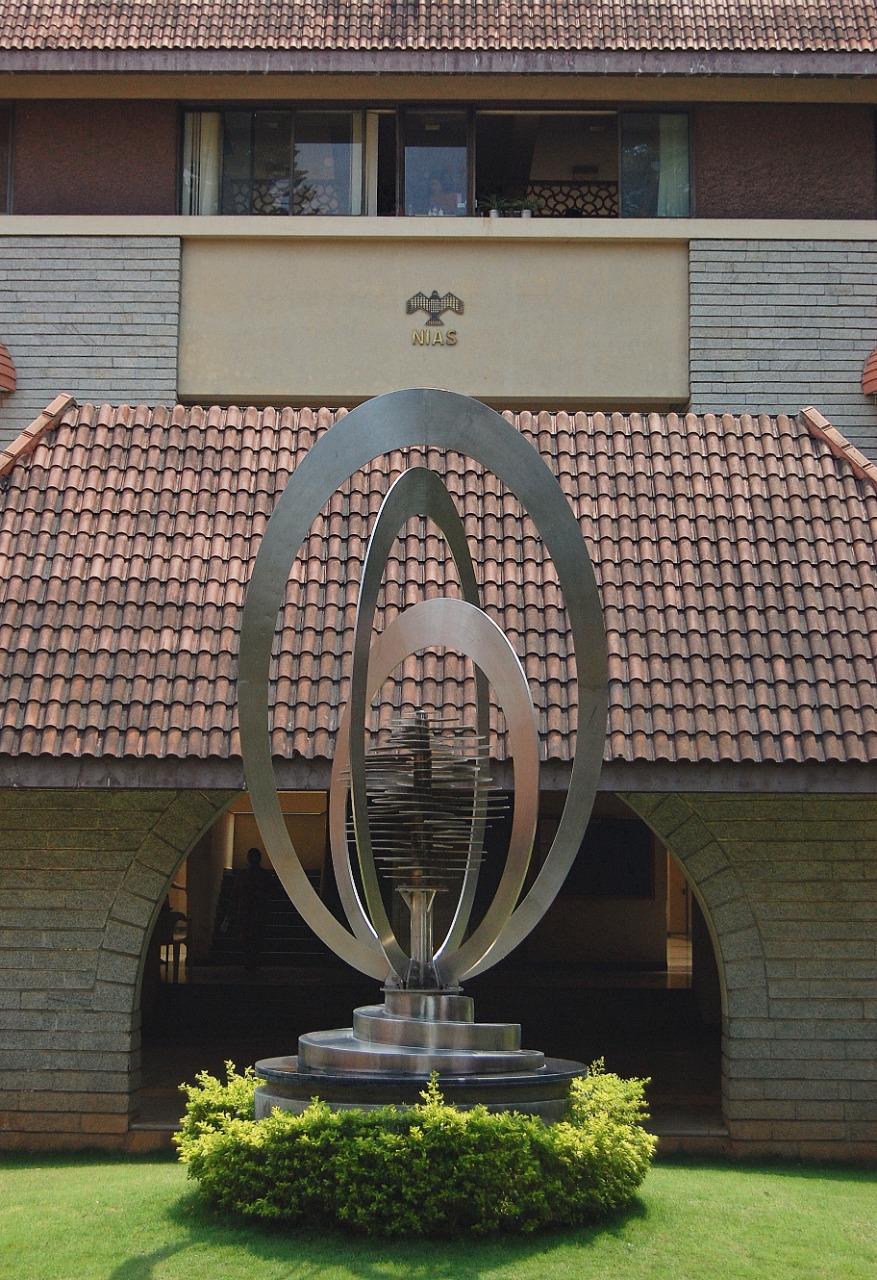
|
Rajaram Nagappa, S Chandrashekar, Lalitha Sundaresan, N Ramani
Iran’s Safir Launch Vehicle
http://isssp.in/irans-safir-launch-vehicle/ |
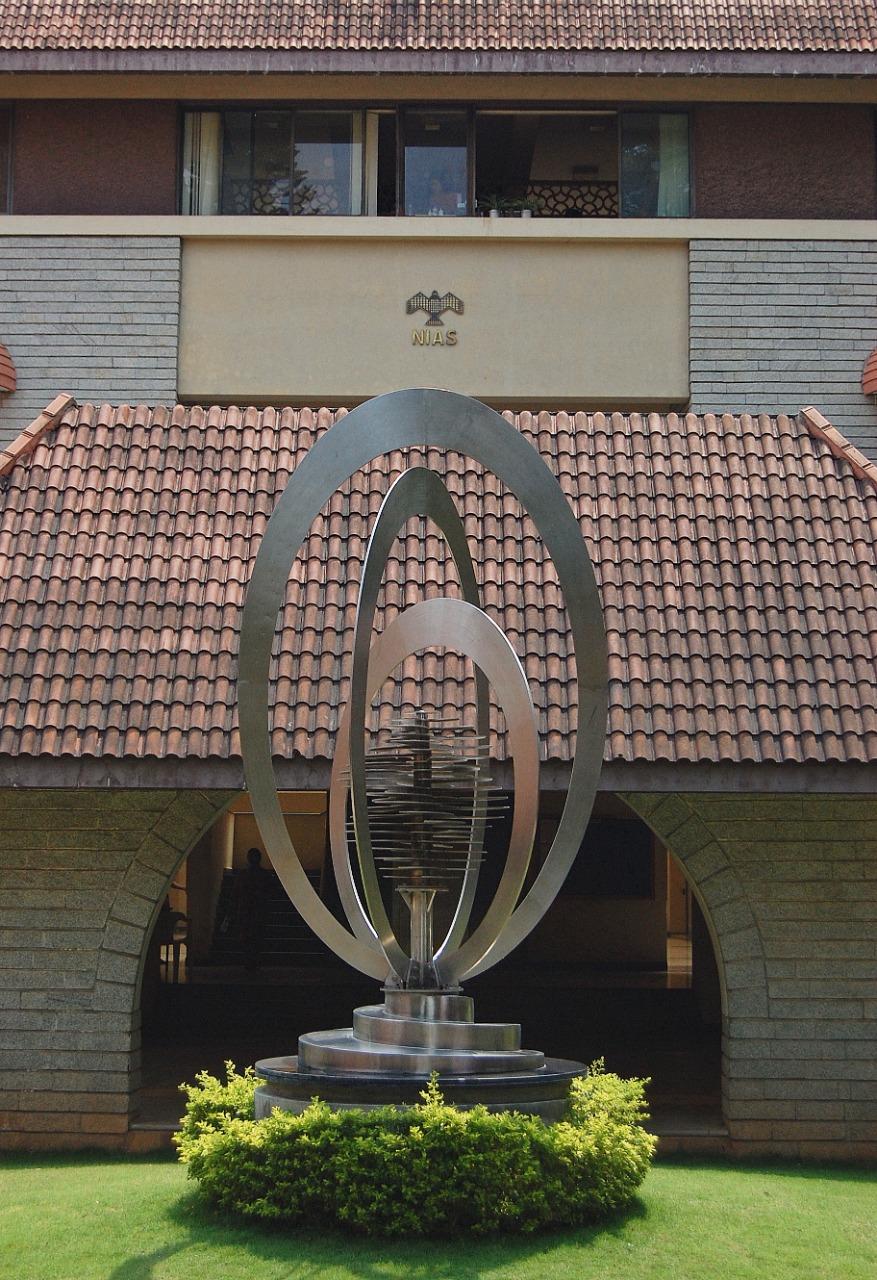
|
Ambassador Saurabh Kumar
So That A Nuclear Weapon Free World Can Come To Be
http://isssp.in/so-that-a-nuclear-weapon-free-world-can-come-to-be/ |
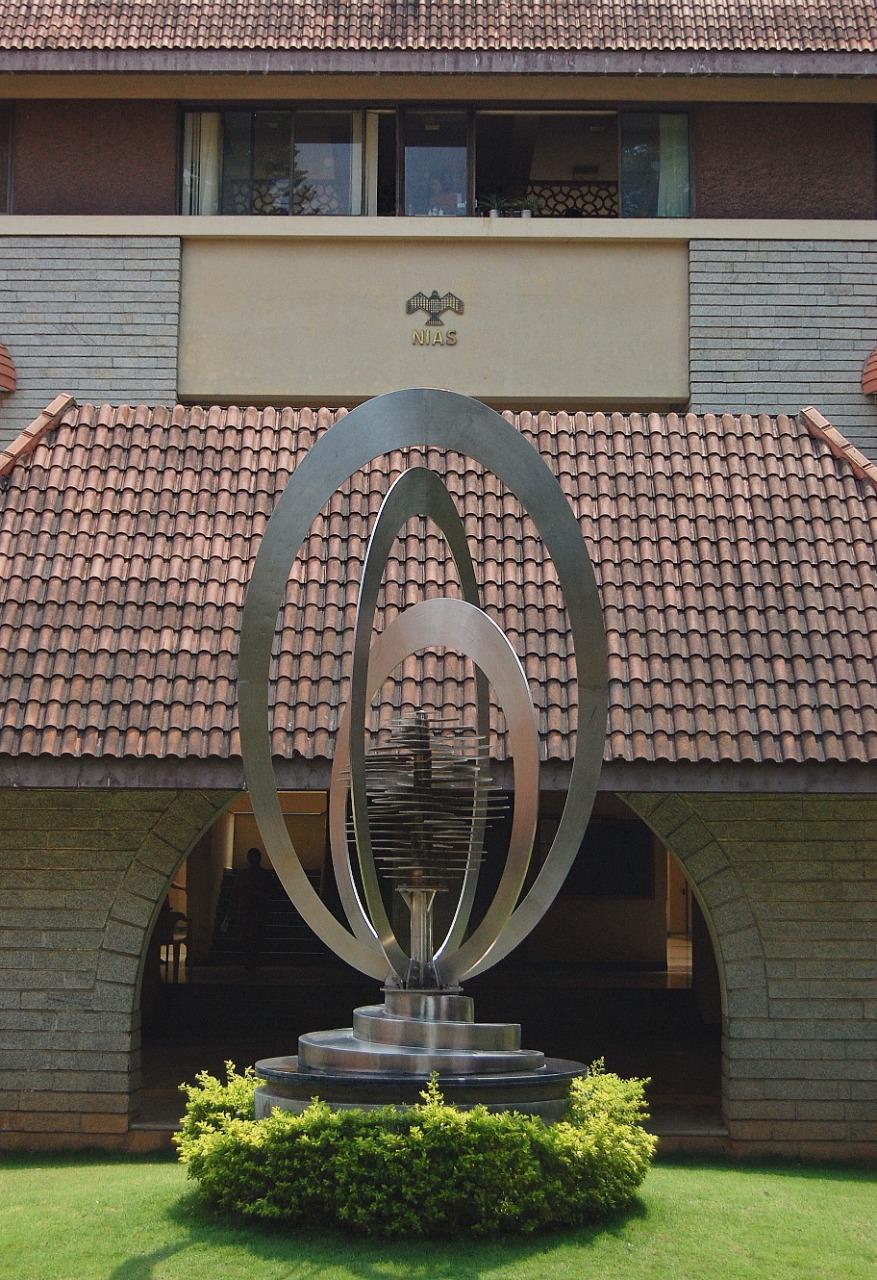
|
S Chandrashekar, Rajaram Nagappa, Lalitha Sundaresan, N Ramani
Technology and Innovation in China
http://isssp.in/technology-and-innovation-in-china/ |
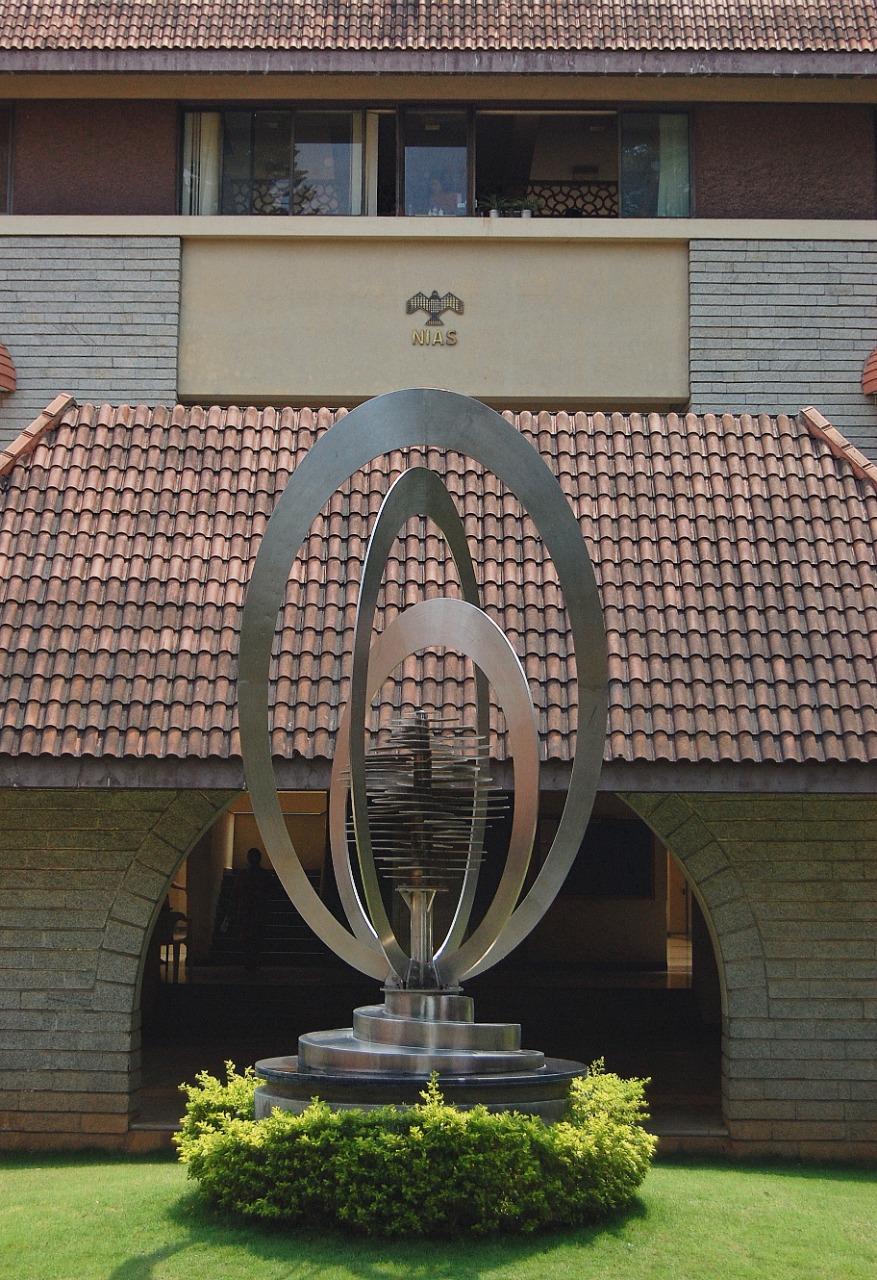
|
S Chandrashekar, Rajaram Nagappa, N Ramani, Lalitha Sundaresan, V Adm (Retd.) R.N. Ganesh, C.R. Raghunath
China’s Anti-ship Ballistic Missile
http://isssp.in/chinas-anti-ship-ballistic-missile/ |
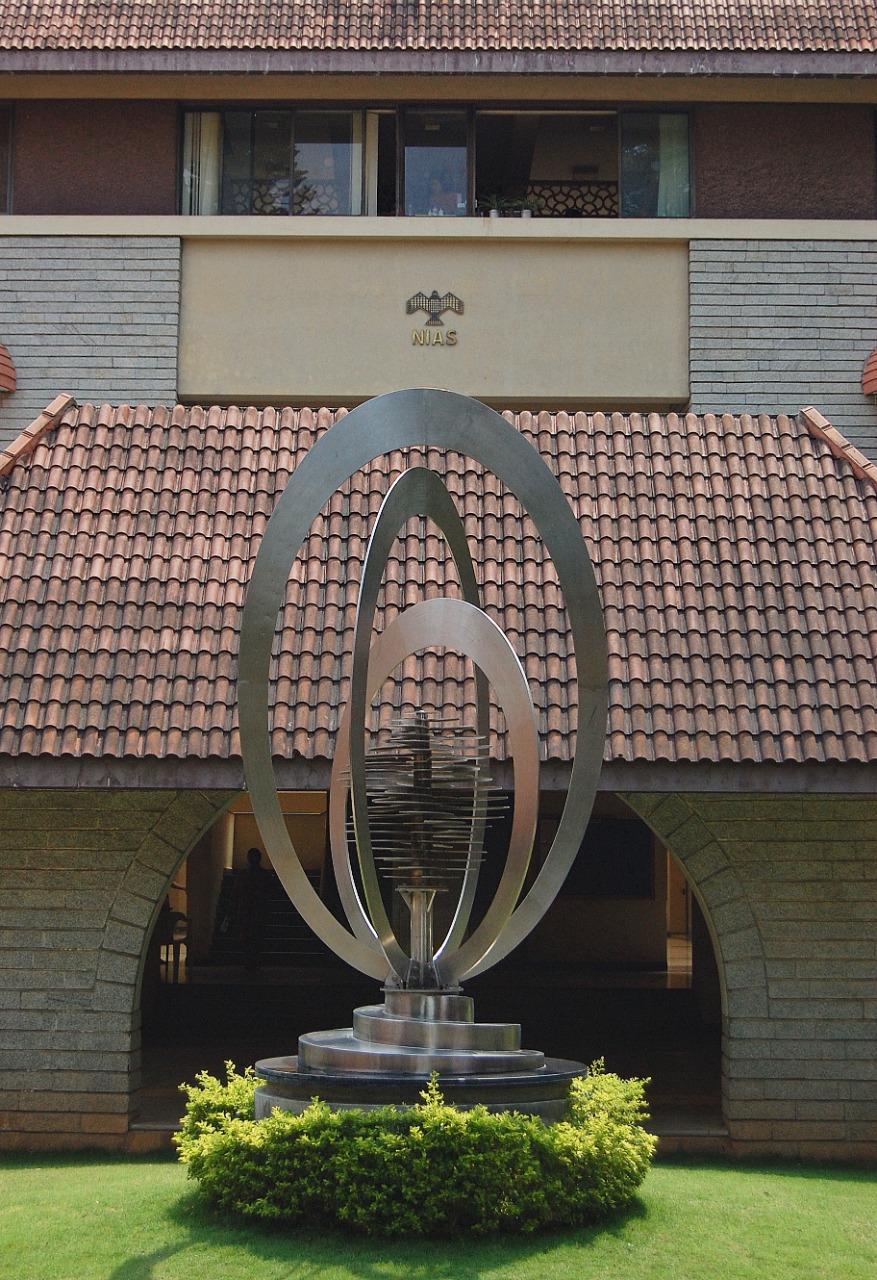
|
Lalitha Sundaresan, G Vijayalakshmi, S Chandrashekar
Patterns in Terror Attacks in Urban and Semi-Urban India
http://isssp.in/patterns-in-terror-attacks-in-urban-and-semi-urban-india-an-empirical-investigation/ |
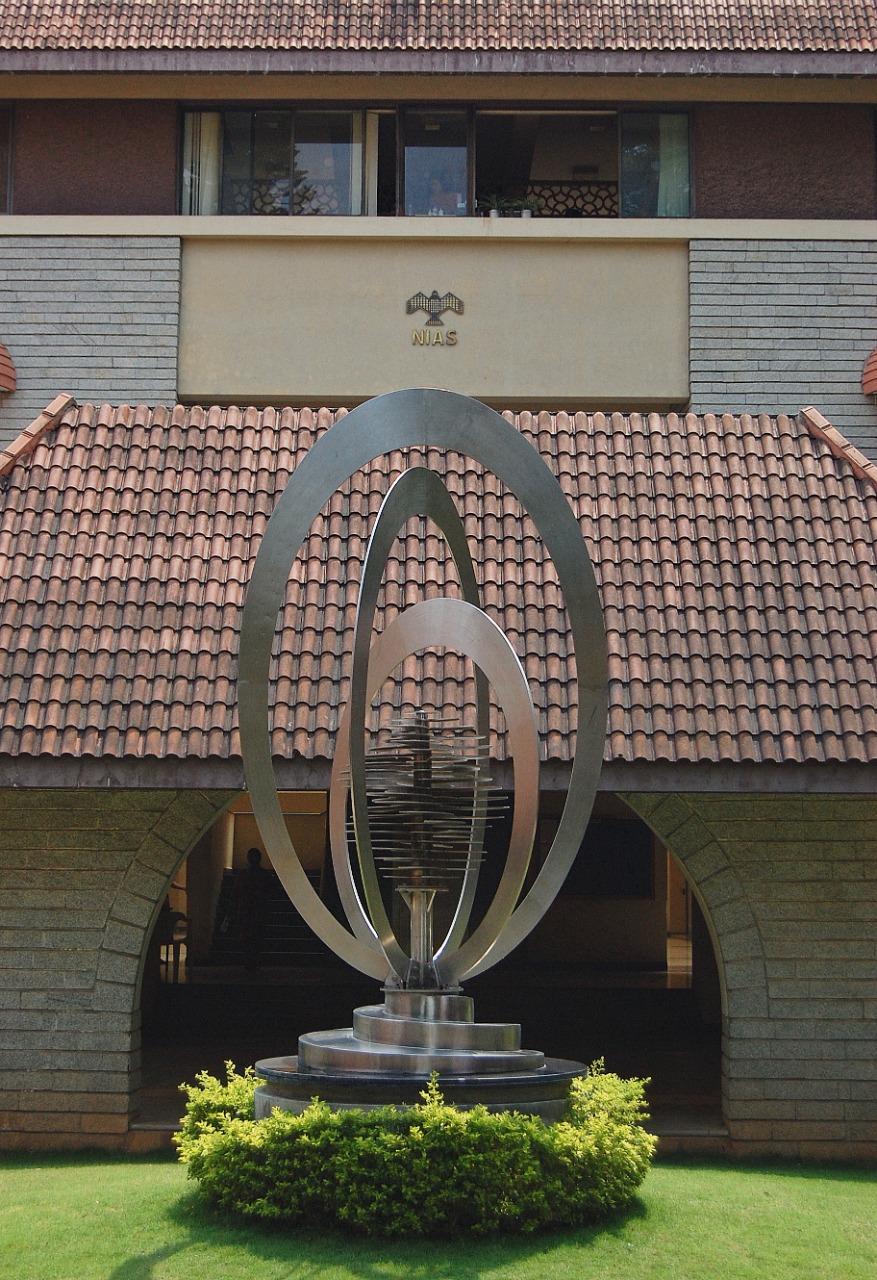
|
S Chandrashekar, N Ramani, Rajaram Nagappa
North Korea’s Unha 3 Space Launch
http://isssp.in/north-koreas-unha-3-space-launch/ |
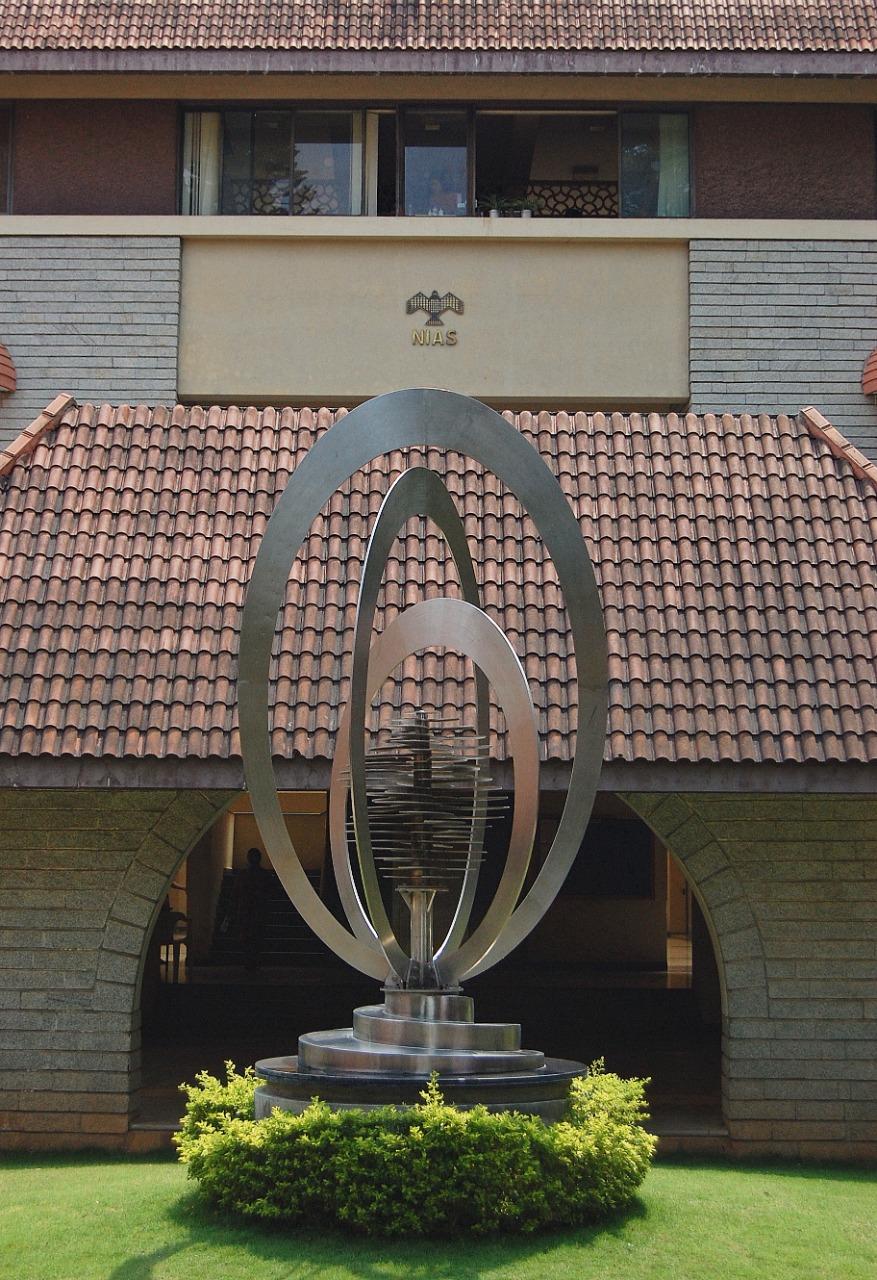
|
Ambassador Saurabh Kumar
The Chinese Media Scene
http://isssp.in/the-chinese-media-scene/ |
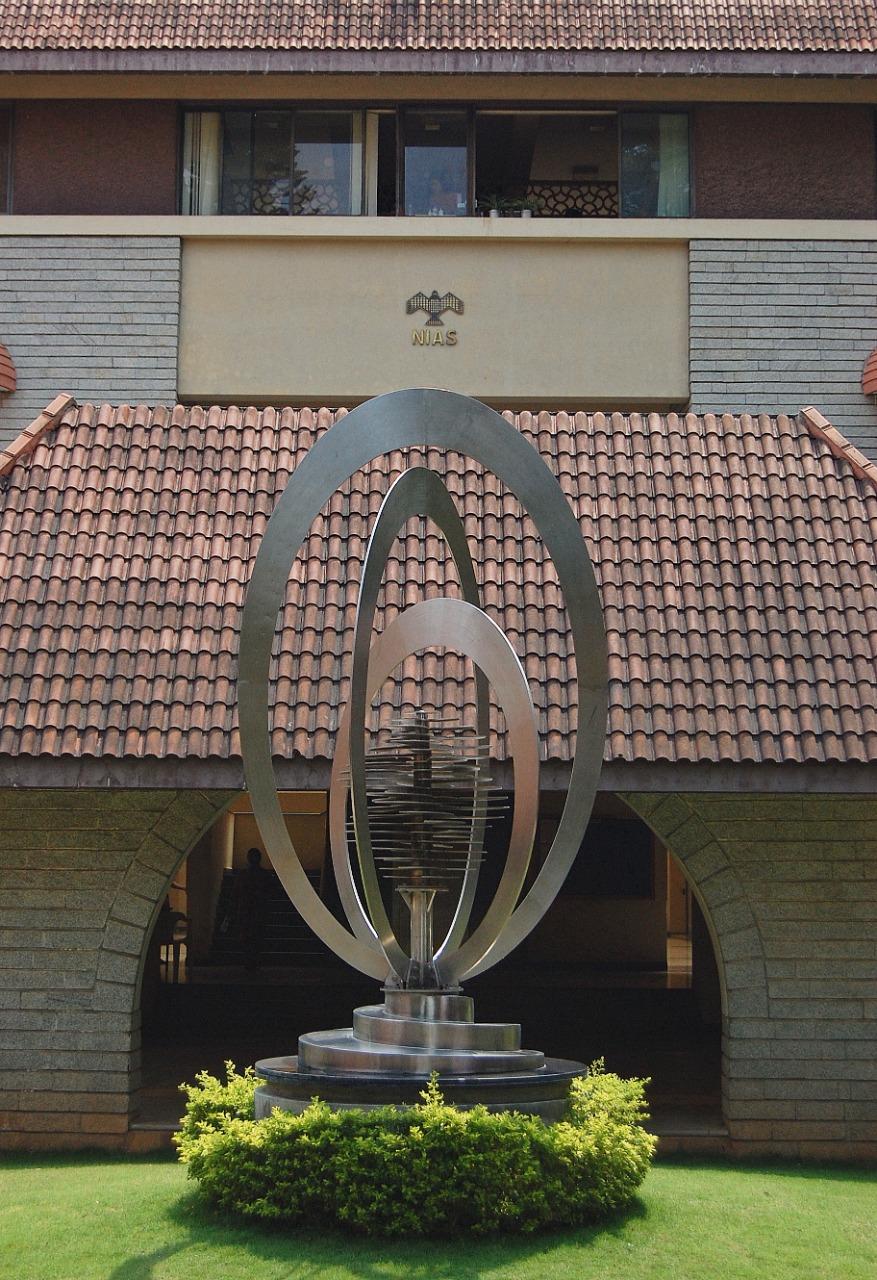
|
S Chandrashekar
Chinese MIRVed ICBM DF-41
http://isssp.in/chinese-mirved-icbm-df-41/ |
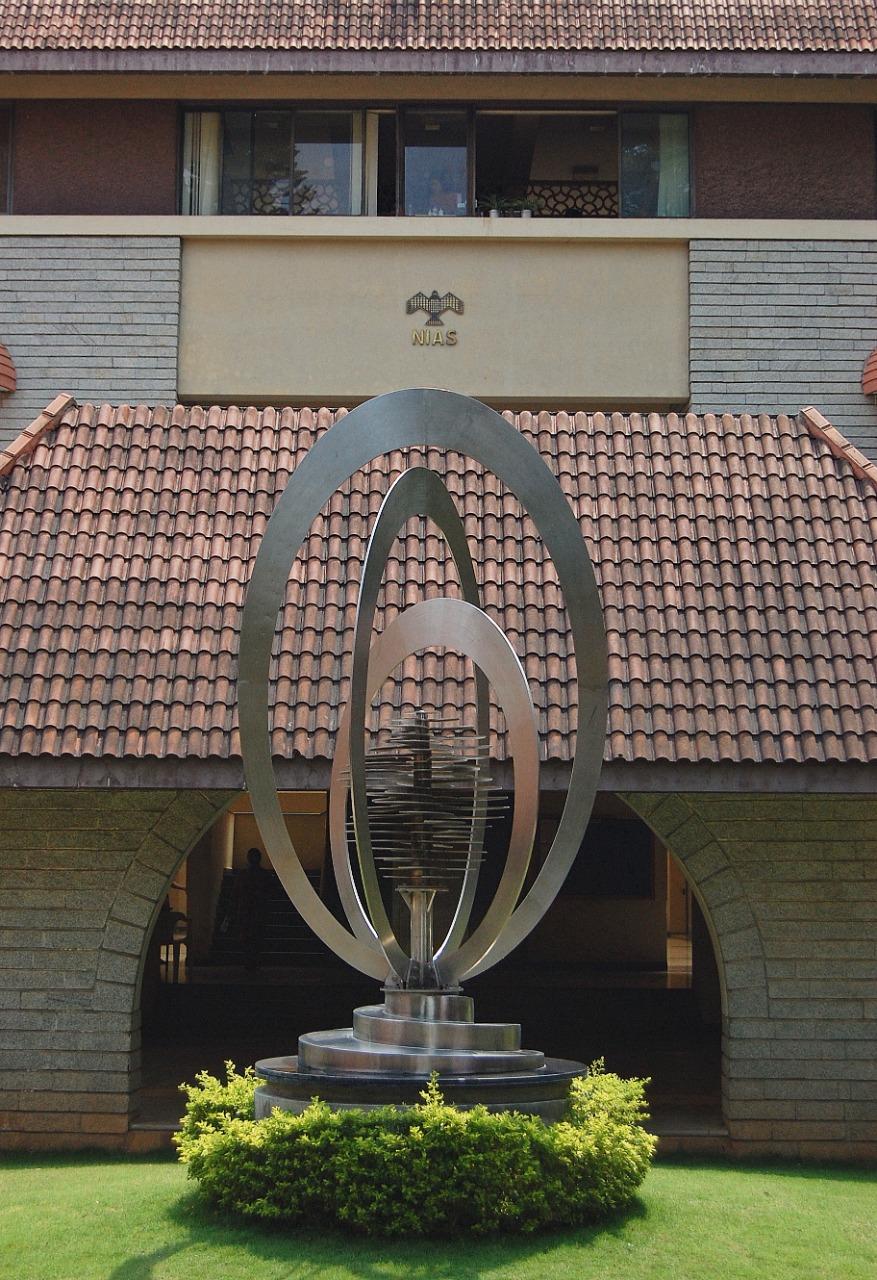
|
Rajaram Nagappa
Pakistan Ghauri November 2012 Missile Test
http://isssp.in/pakisistan-ghauri-november-2012-missile-test/ |
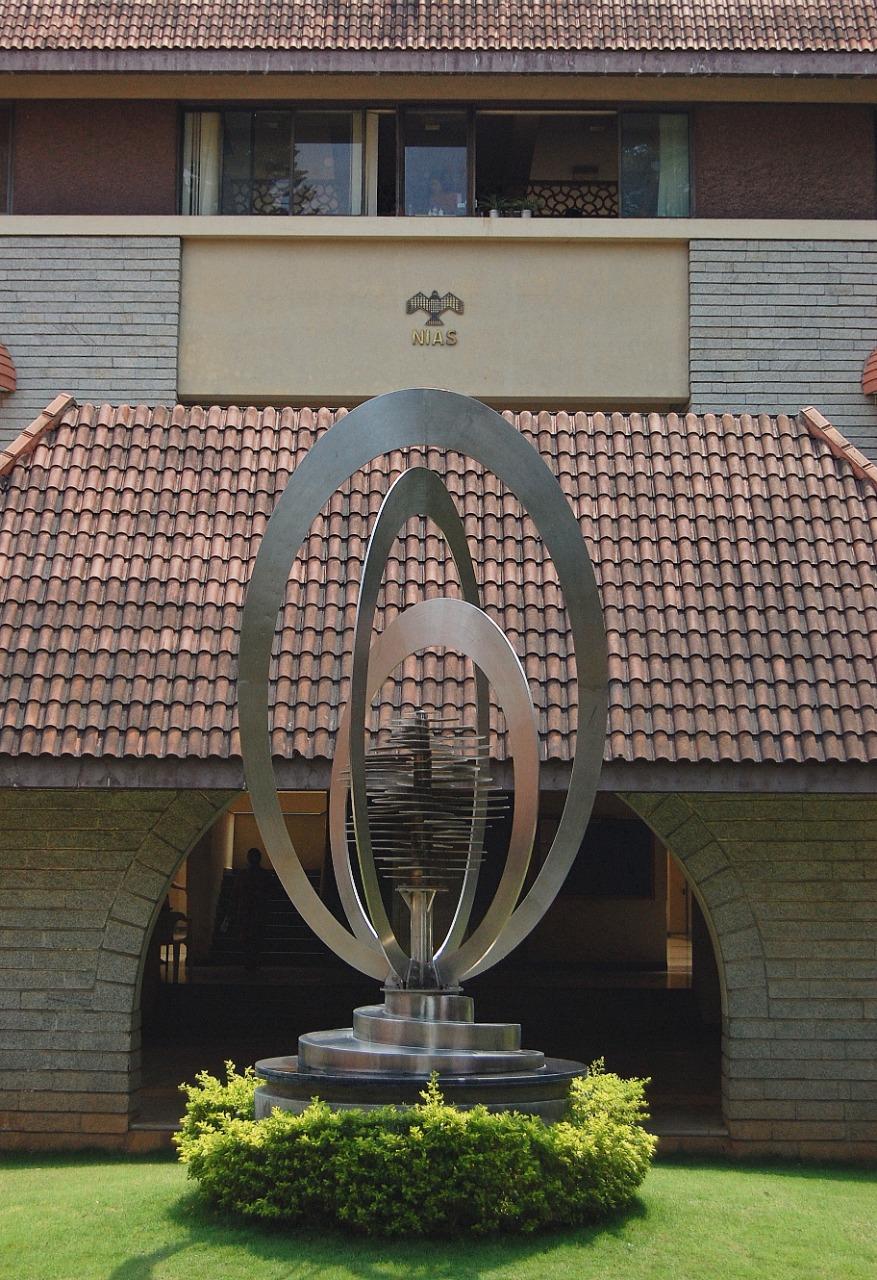
|
Rajaram Nagappa, Arun Vishwanathan, Aditi Malhotra
Pakistan’s HATF-IX / NASR : Implications for Indo-Pak Deterrence
http://isssp.in/pakistans-hatf-ix-nasr-implications-for-indo-pak-deterrence/ |
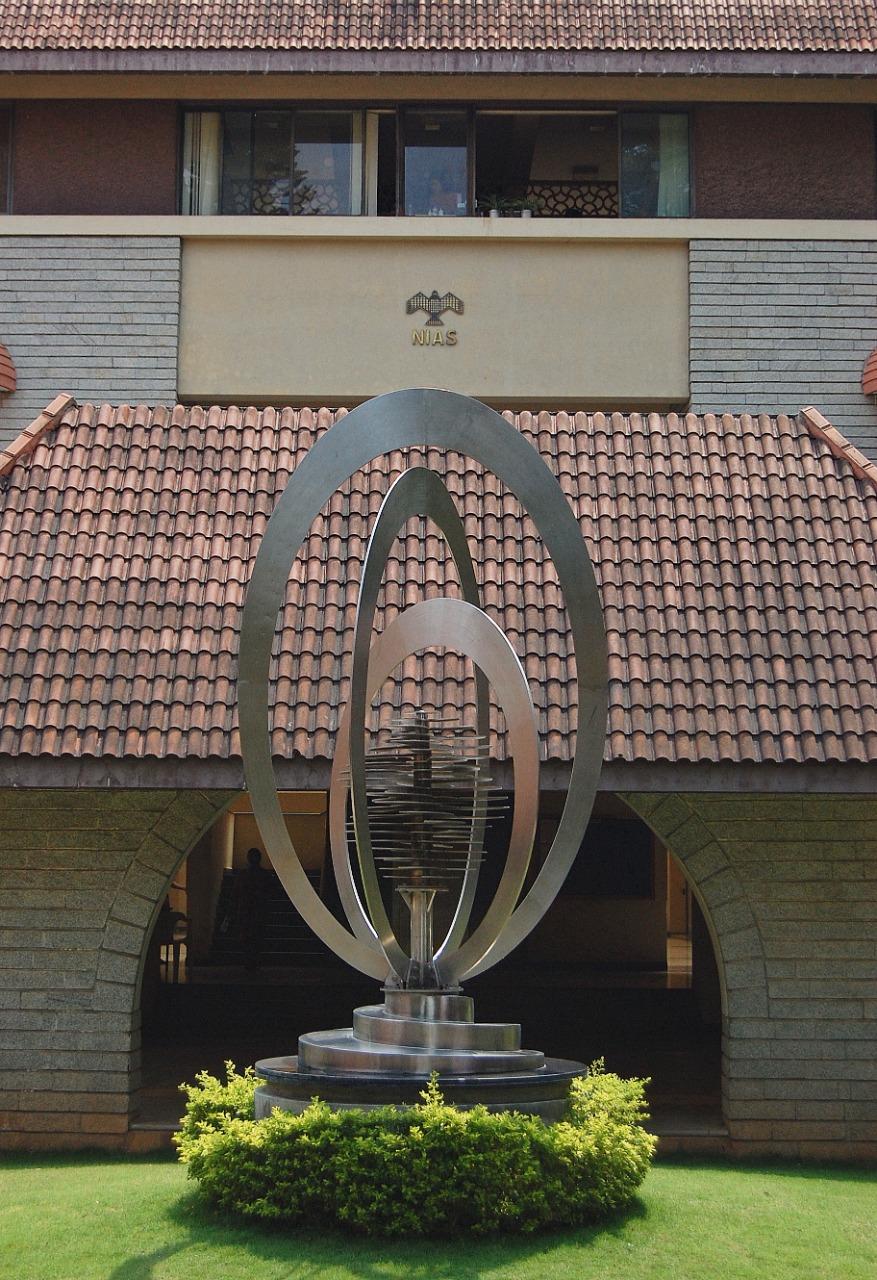
|
S Chandrashekar
Does India Need A National Strategy for Rare Earths?
http://isssp.in/does-india-need-a-national-strategy-for-rare-earths/ |
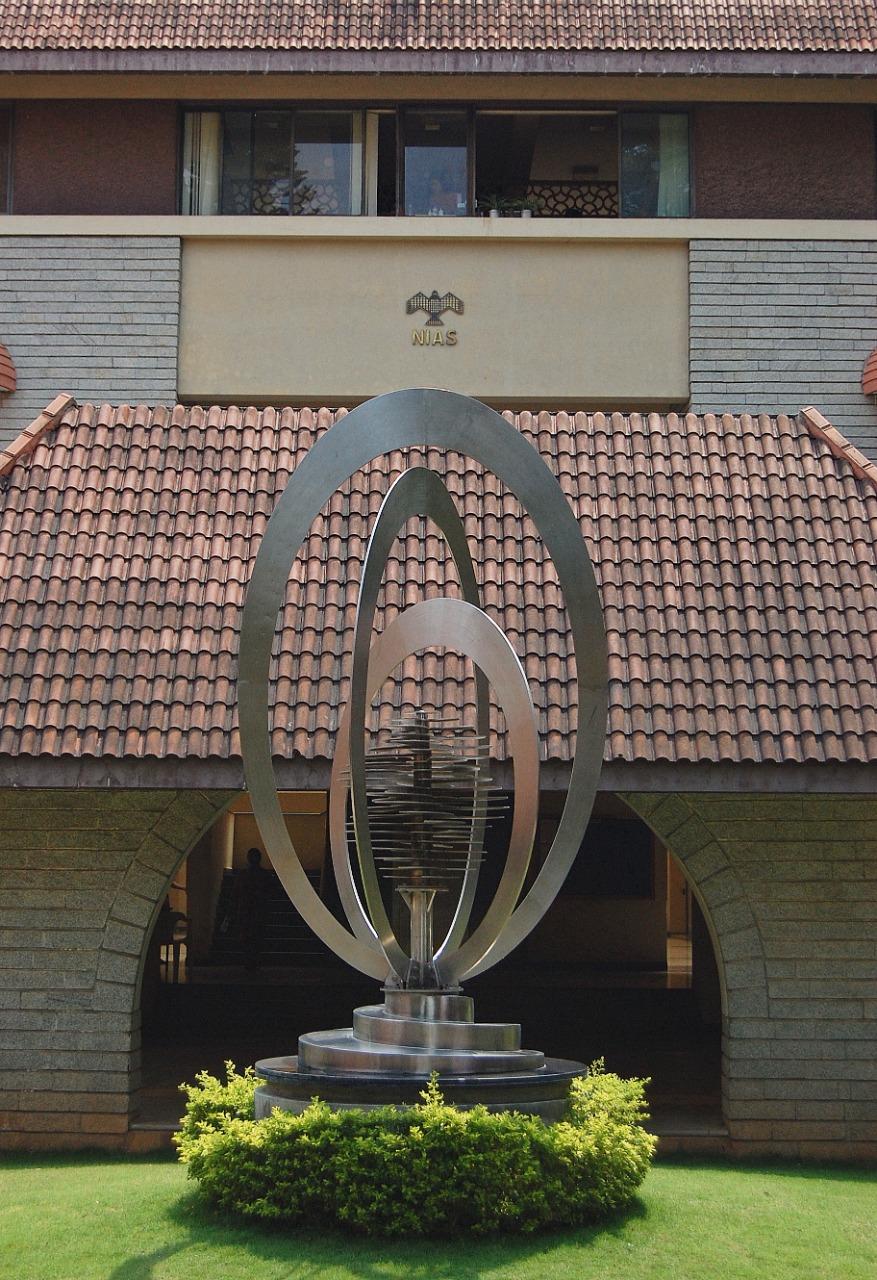
|
Lalitha Sundaresan, S Chandrashekar, Nabeel Mancheri
Dominating the World: China and the Rare Earth Industry
http://isssp.in/dominating-the-world-china-and-the-rare-earth-industry/ |
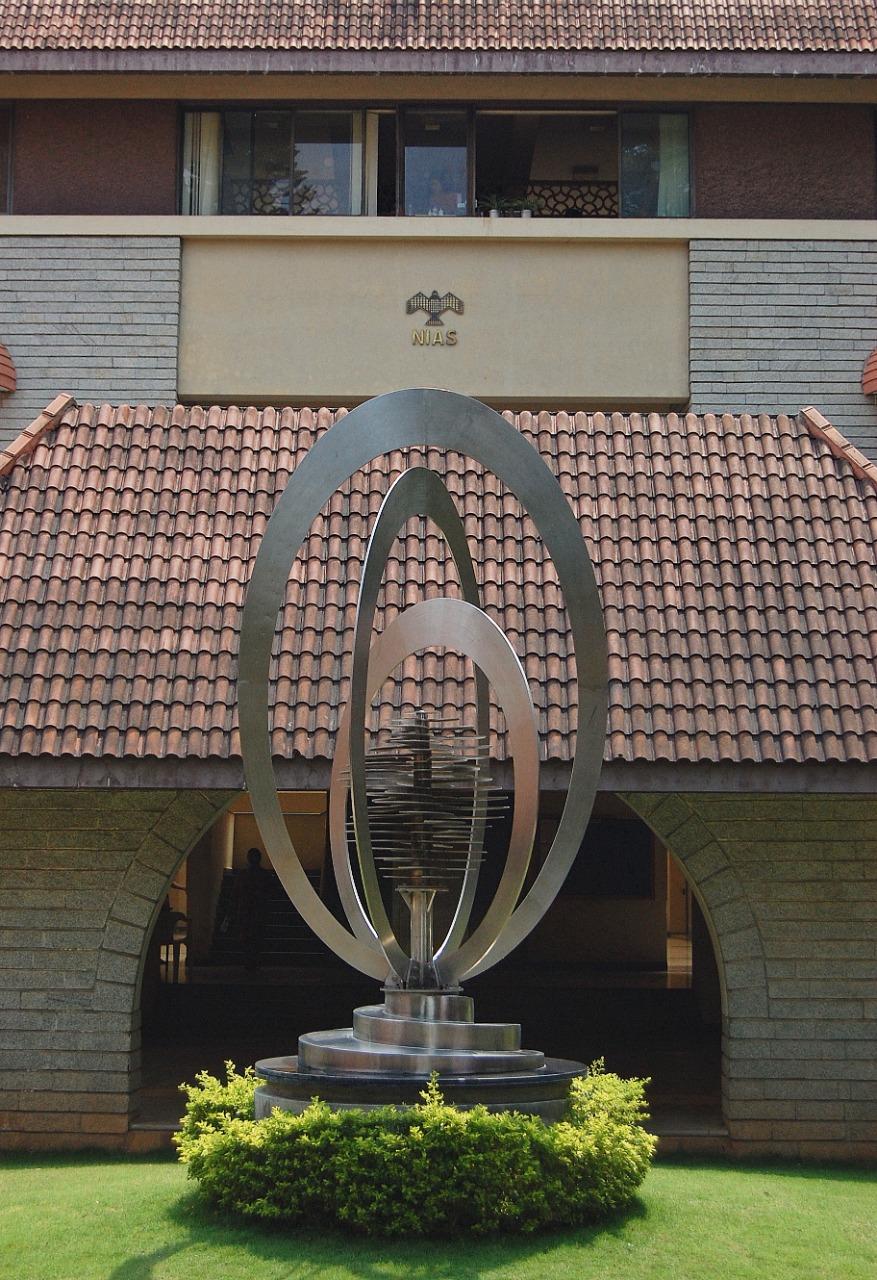
|
S Chandrashekar, N Ramani, Rajaram Nagappa, Soma Perumal
North Korea’s Successful Space Launch
http://isssp.in/north-koreas-successful-space-launch/ |
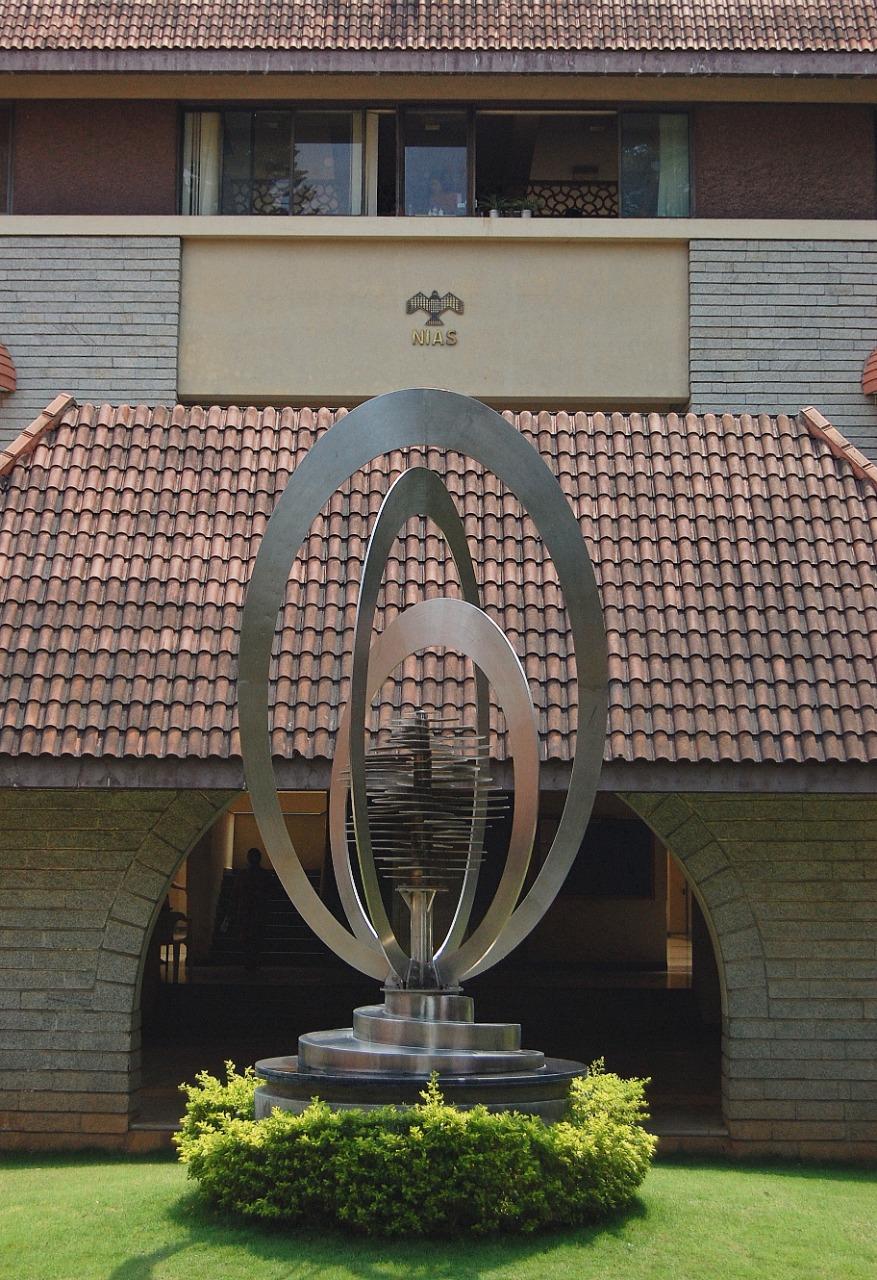
|
S Chandrashekar, Soma Perumal
China’s Constellation of Yaogan Satellites & the ASBM
http://isssp.in/chinas-constellation-of-yaogan-satellites-the-asbm/ |
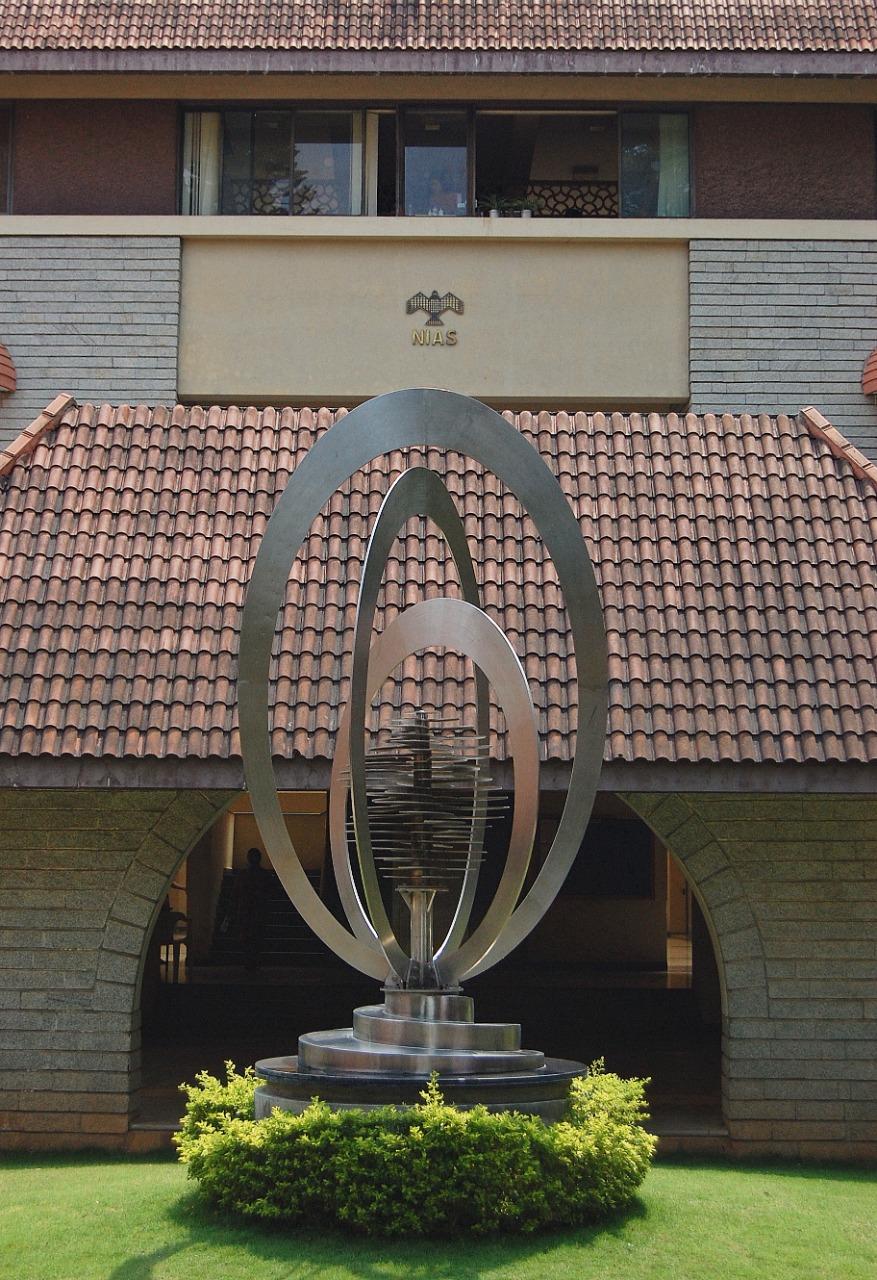
|
Ashley Tellis
Pivot or Pirouette: The U.S. Rebalance to Asia
http://isssp.in/pivot-or-pirouette-the-u-s-rebalance-to-asia-2/ |
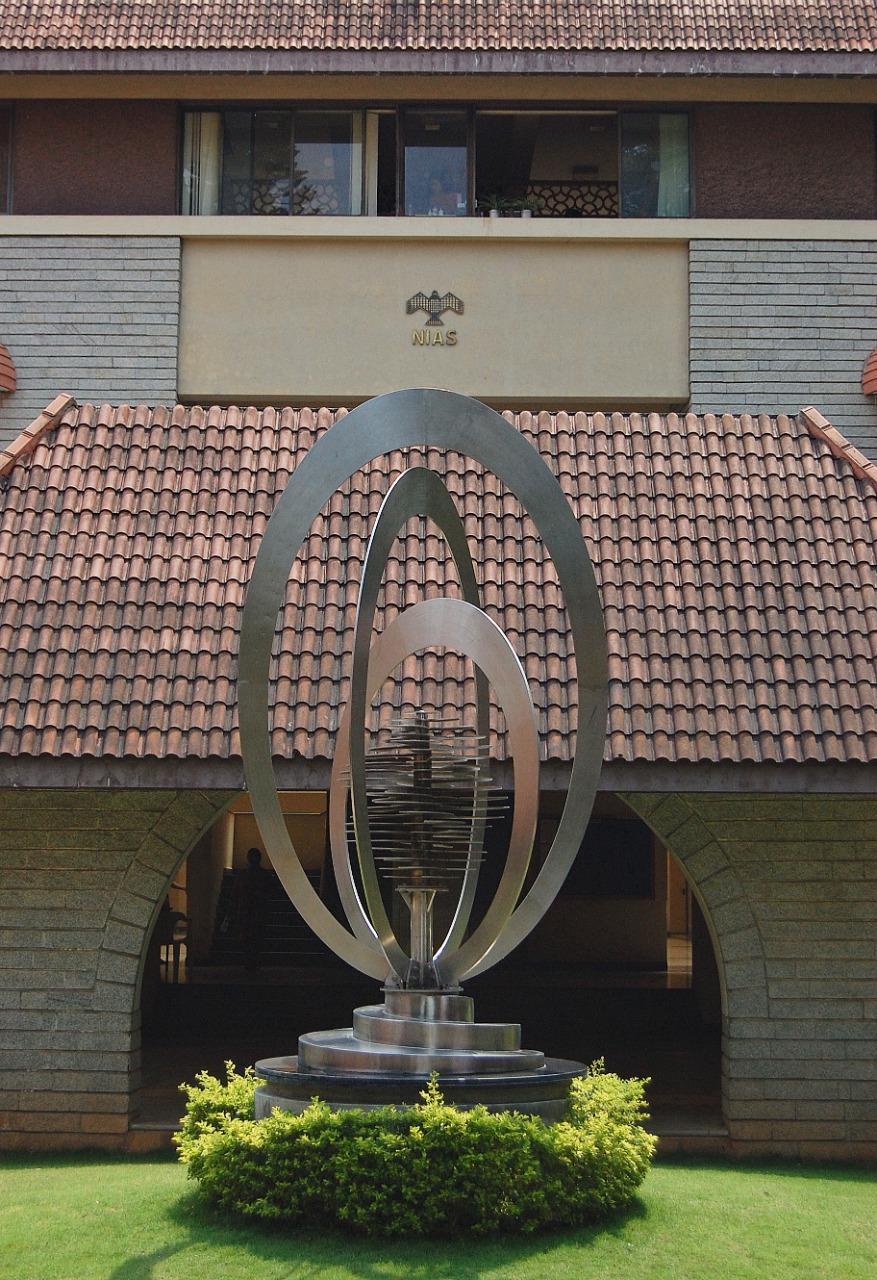
|
M Mayilvaganan, Aditi Malhotra, Viswesh Rammohan, Sadhavi Chauhan
Asia-Pacific Power Dynamics: Strategic Implications and Options for India
http://isssp.in/asia-pacific-power-dynamics-strategic-implications-and-options-for-india-2/ |
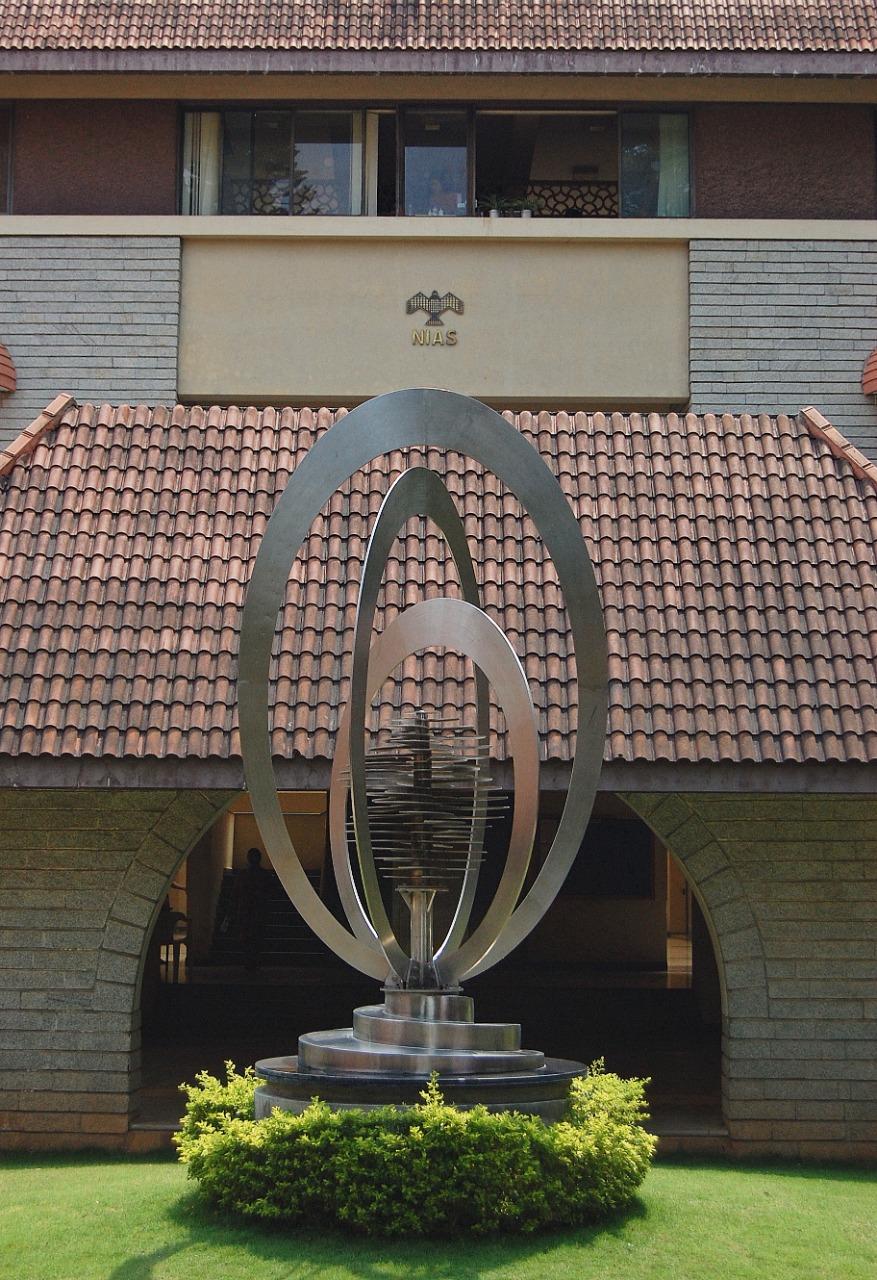
|
Arun Vishwanathan
Revamping India’s National Security Structure: Agenda for the Indian Government
http://isssp.in/revamping-indias-national-security-structure-agenda-for-the-indian-government/ |
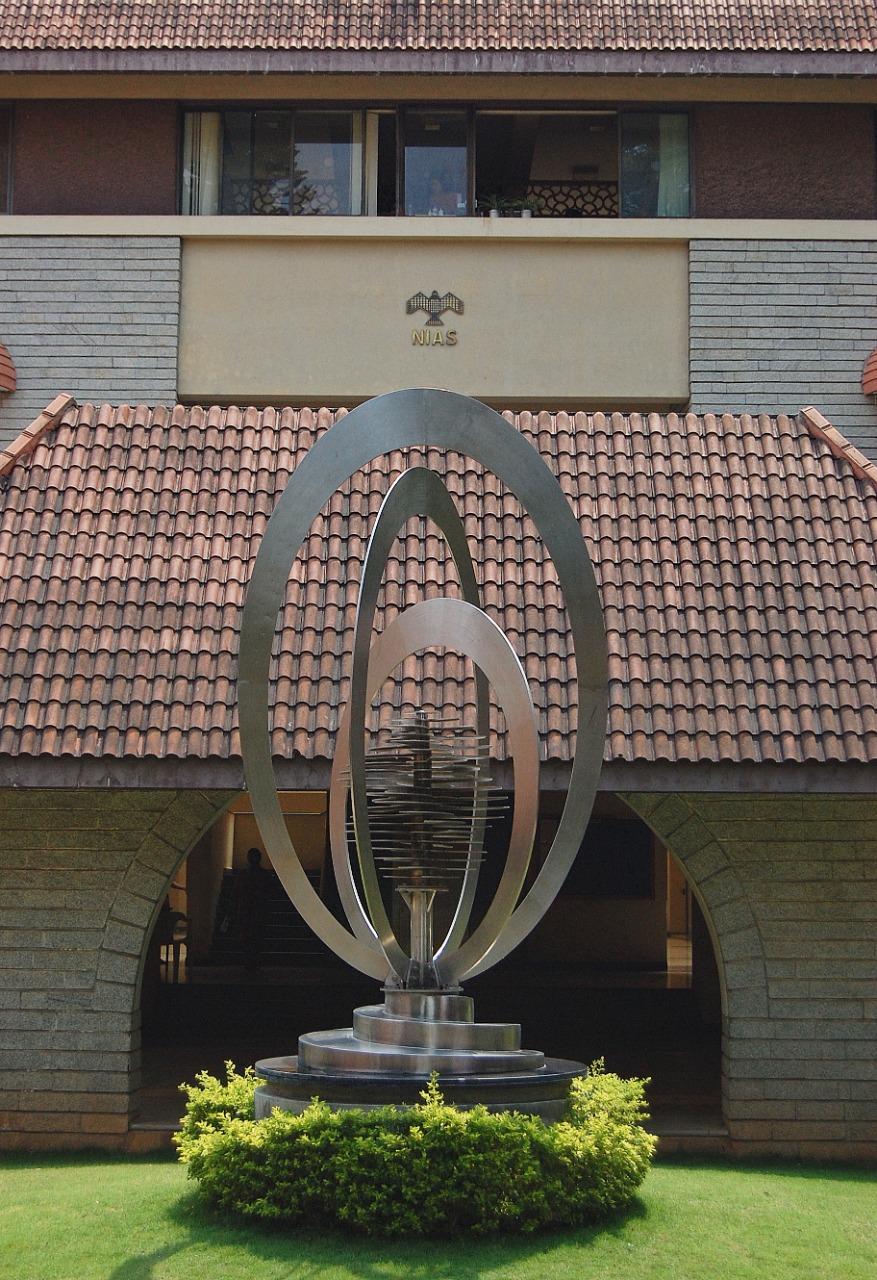
|
M Mayilvaganan, Aditi Malhotra, Sadhavi Chauhan, Viswesh R
Workshop Report – Asia-Pacific Power Dynamics: Strategic Implications & Options for India
http://isssp.in/workshop-report-asia-pacific-power-dynamics-strategic-implications-options-for-india/ |
| |
Workshop Report – Asia-Pacific Power Dynamics: Strategic Implications & Options for India |
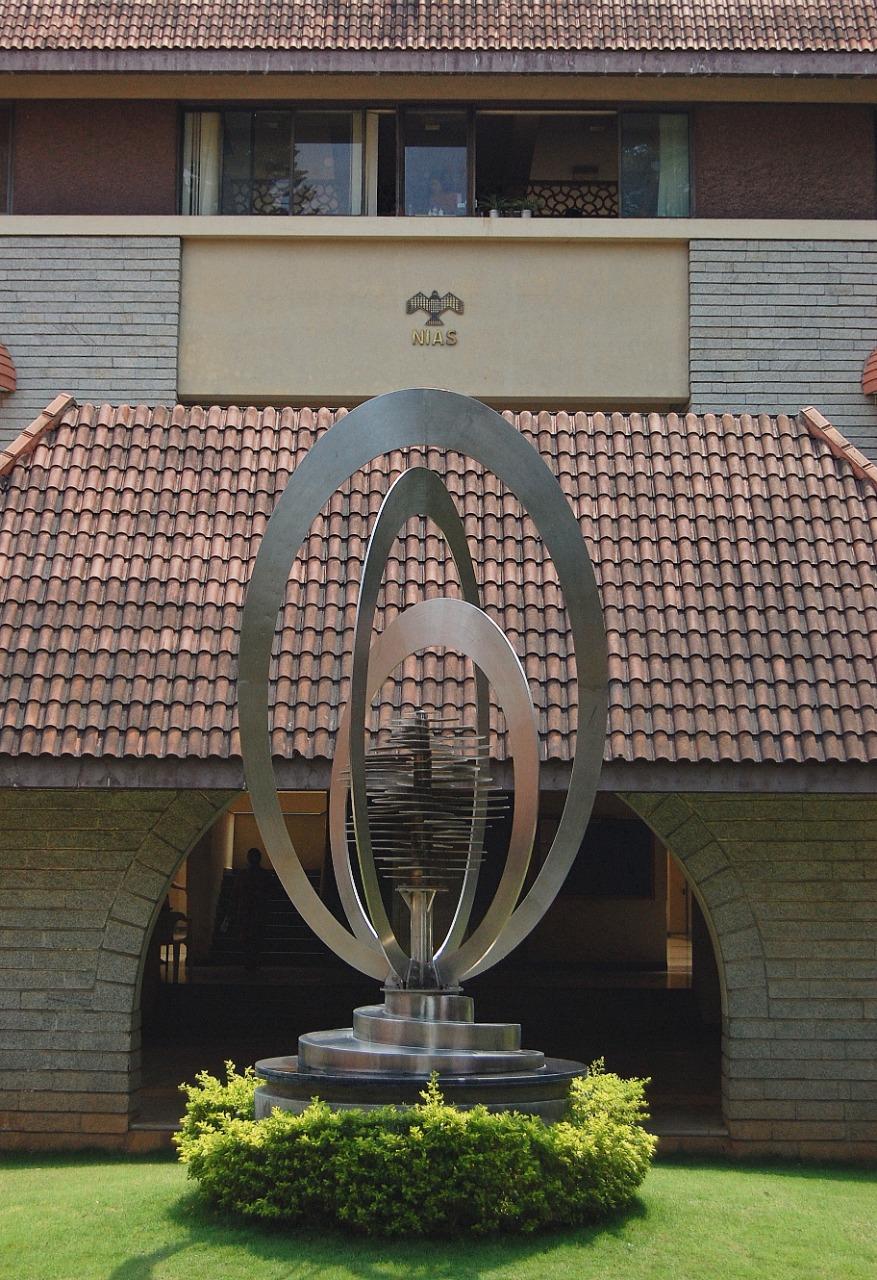
|
Sadhavi Chauhan
Revisiting Higher Defence Management in India
http://isssp.in/revisiting-higher-defence-management-in-india/ |
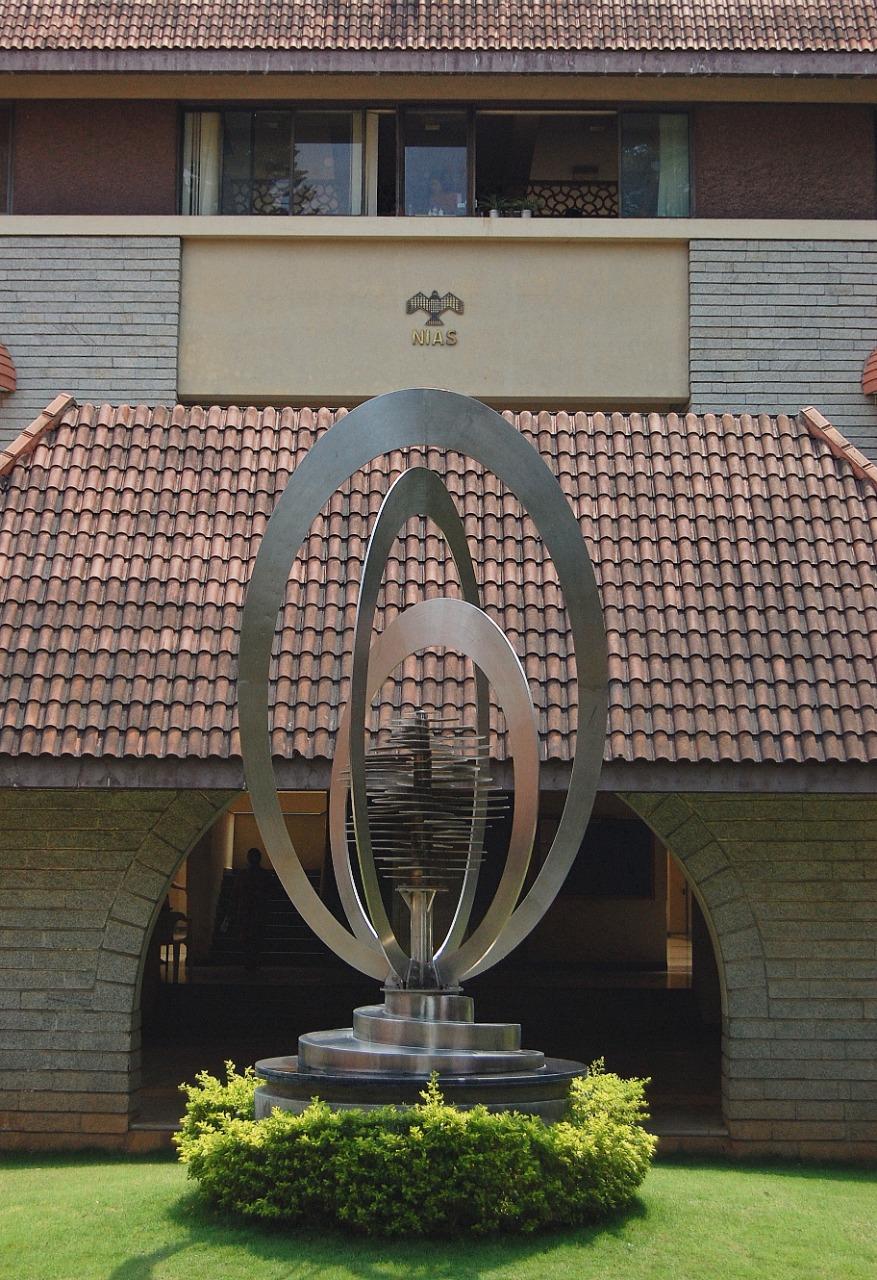
|
Ambassador Saurabh Kumar
India-China Relations – An Introspection
http://isssp.in/india-china-relations-an-introspection/ |
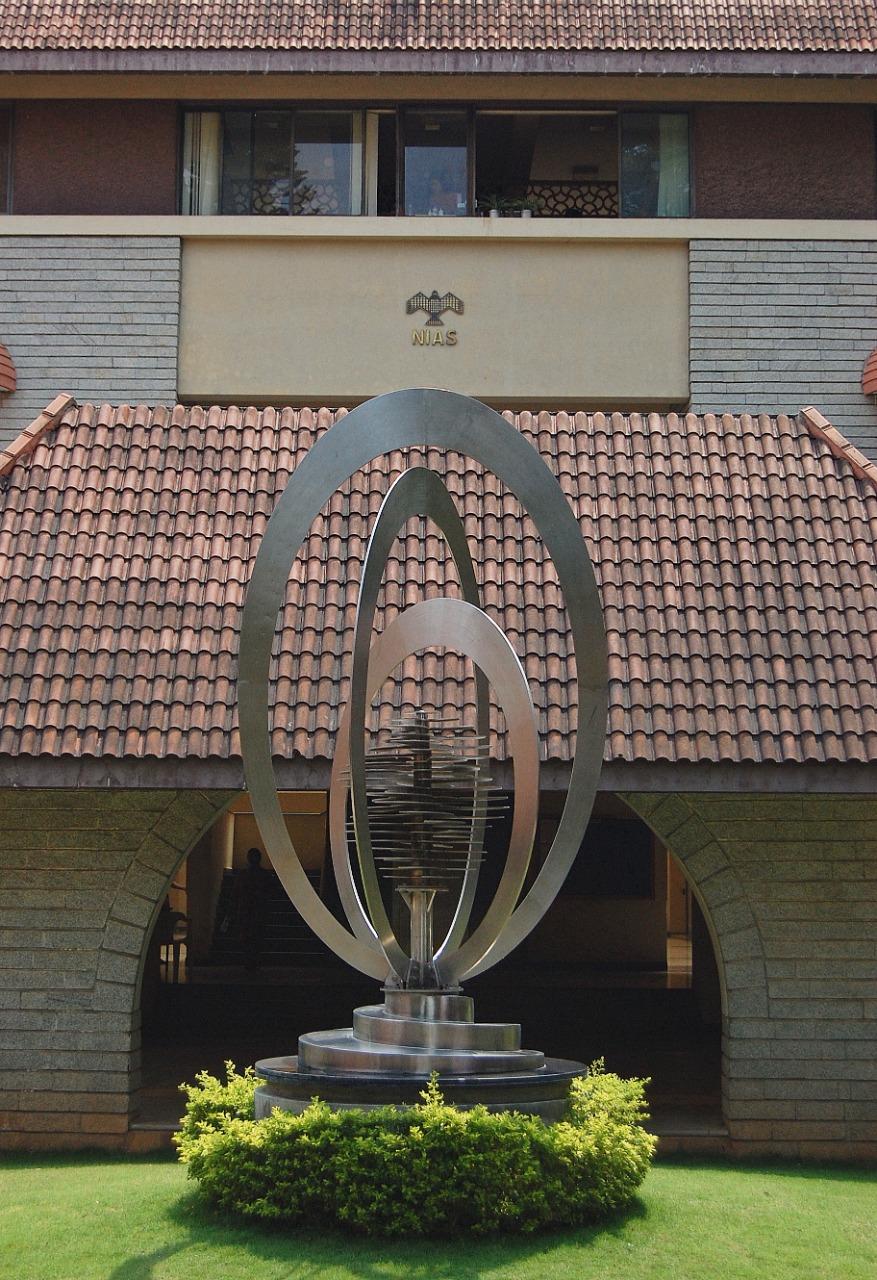
|
Lalitha Sundaresan, S Chandrashekar
R&D on Rare Earth and Value Addition – The Indian Case
http://isssp.in/rd-on-rare-earth-and-value-addition-the-indian-case/ |
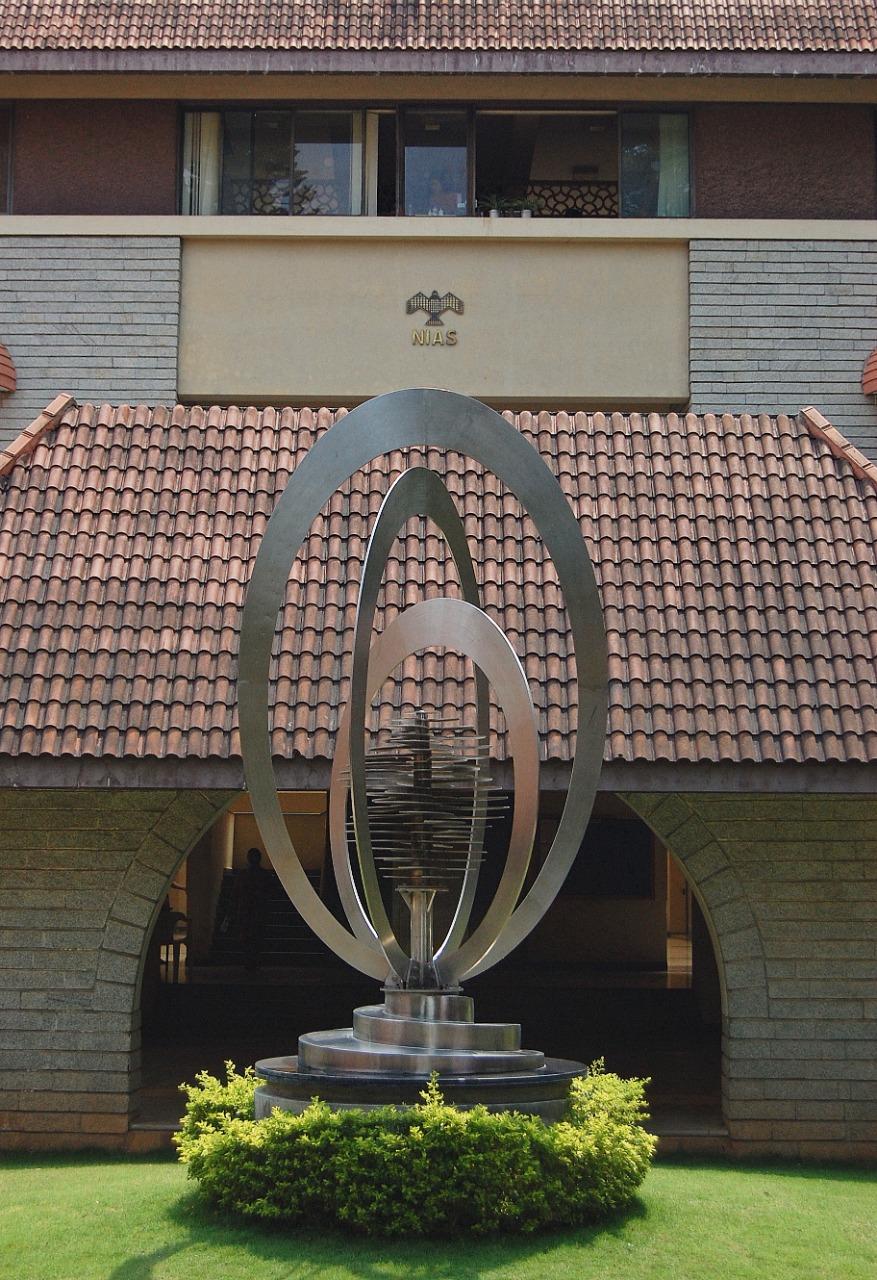
|
Rajaram Nagappa, S Chandrashekar, N Ramani, Lalitha Sundaresan, Viswesh Rammohan
With the recent launches of the Yaogan 20, 21, 22, 23, 24 and 25 satellites China has augmented its advanced space capabilities to routinely identify, locate and track an Aircraft Carrier Group (ACG) on the high seas. This space capability is an important
http://isssp.in/launch-of-pakistani-shaheen-ii-hatf-vi-ballistic-missile-on-november-13-2014-an-analysis/ |
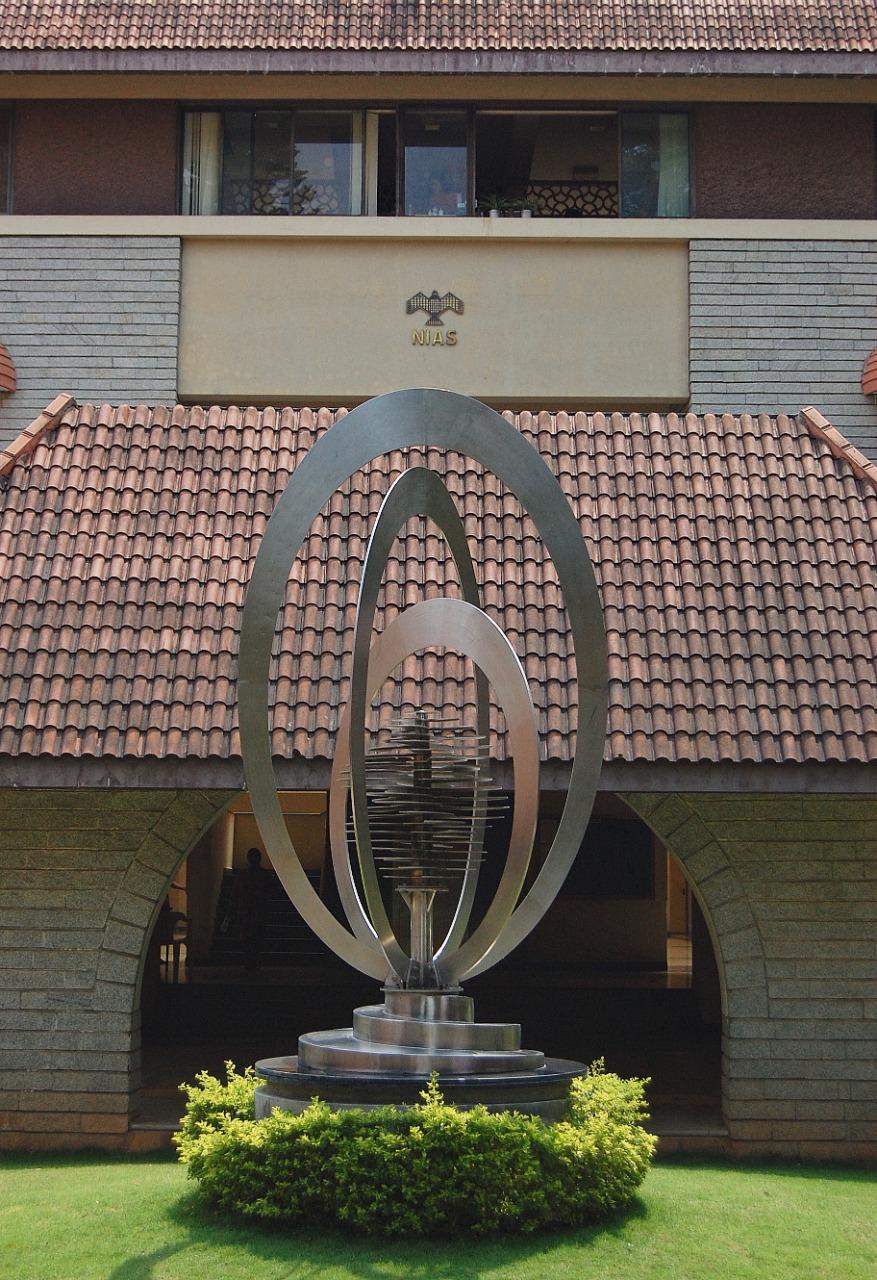
|
S Chandrashekar, Soma Perumal
China’s Constellation of Yaogan Satellites & the ASBM : January 2015 Update
http://isssp.in/chinas-constellation-of-yaogan-satellites-the-asbm-january-2015-update/ |
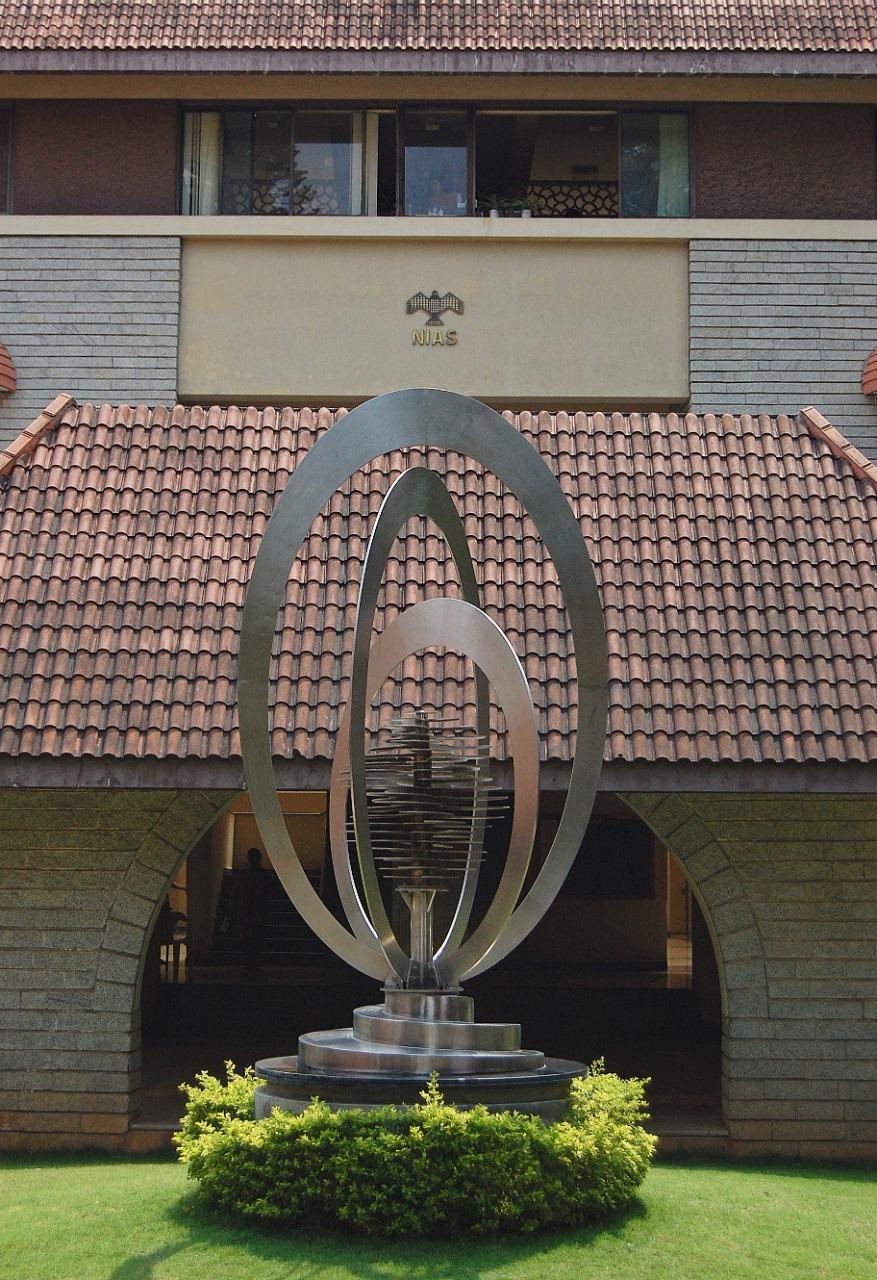
|
S Chandrashekar, Soma Perumal
China’s Constellation of Yaogan Satellites & the ASBM
http://isssp.in/chinas-constellation-of-yaogan-satellites-the-asbm-october-2015-update/ |
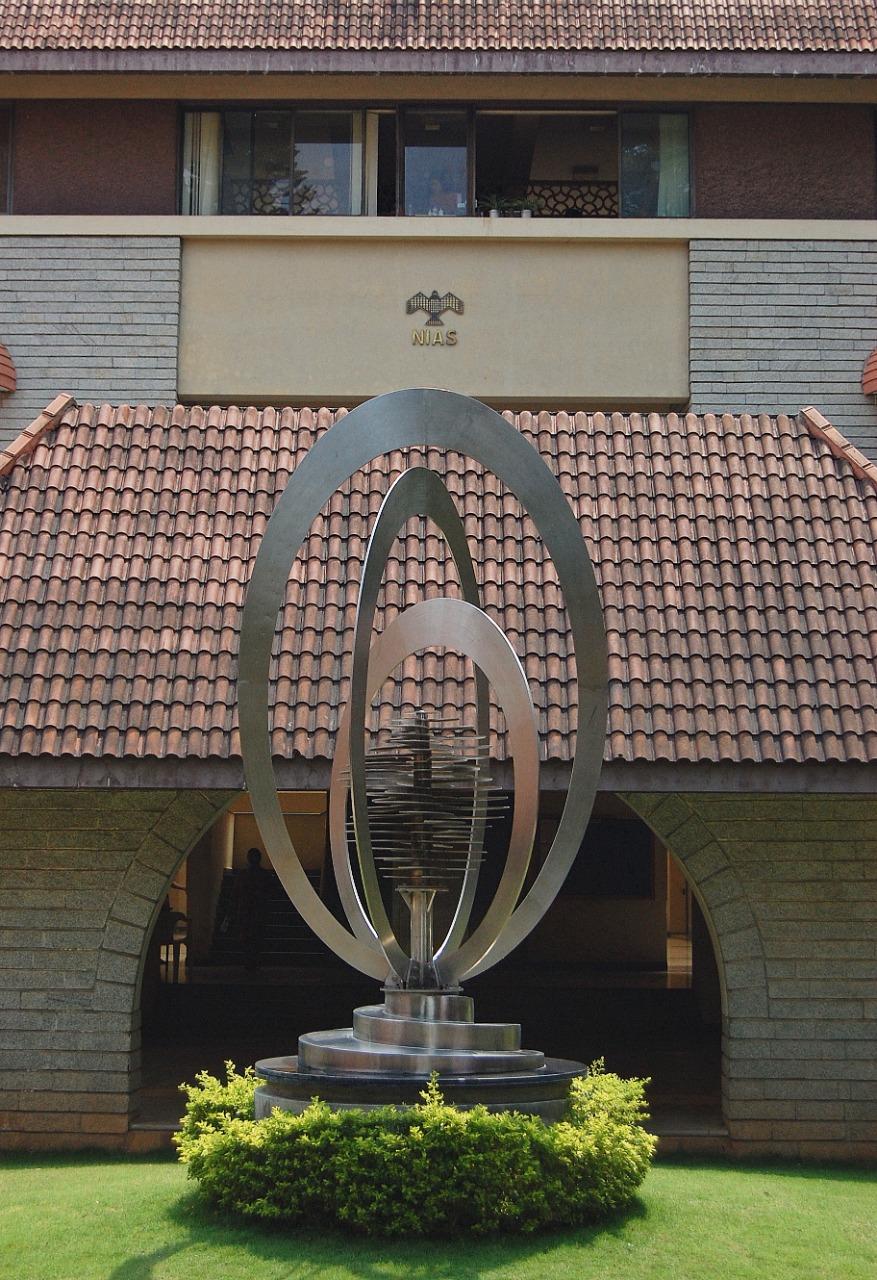
|
Rajaram Nagappa
Promise of Small Satellites for National Security
http://isssp.in/promise-of-small-satellites-for-national-security/ |
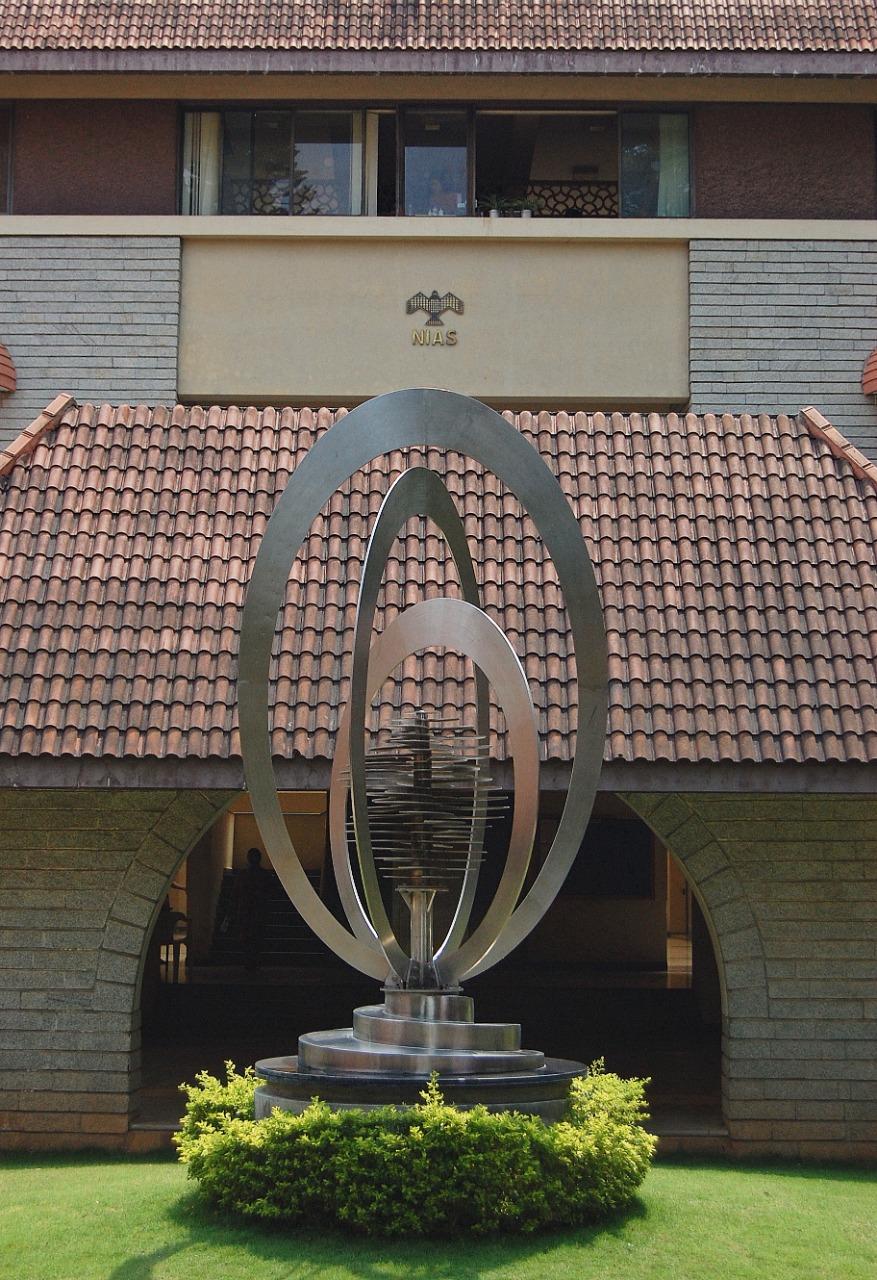
|
Arun Vishwanathan, S Chandrashekar, L V Krishnan, Lalitha Sundaresan
North Korea’s 2016 Nuclear Test: An Analysis
http://isssp.in/north-koreas-2016-nuclear-test-an-analysis/ |
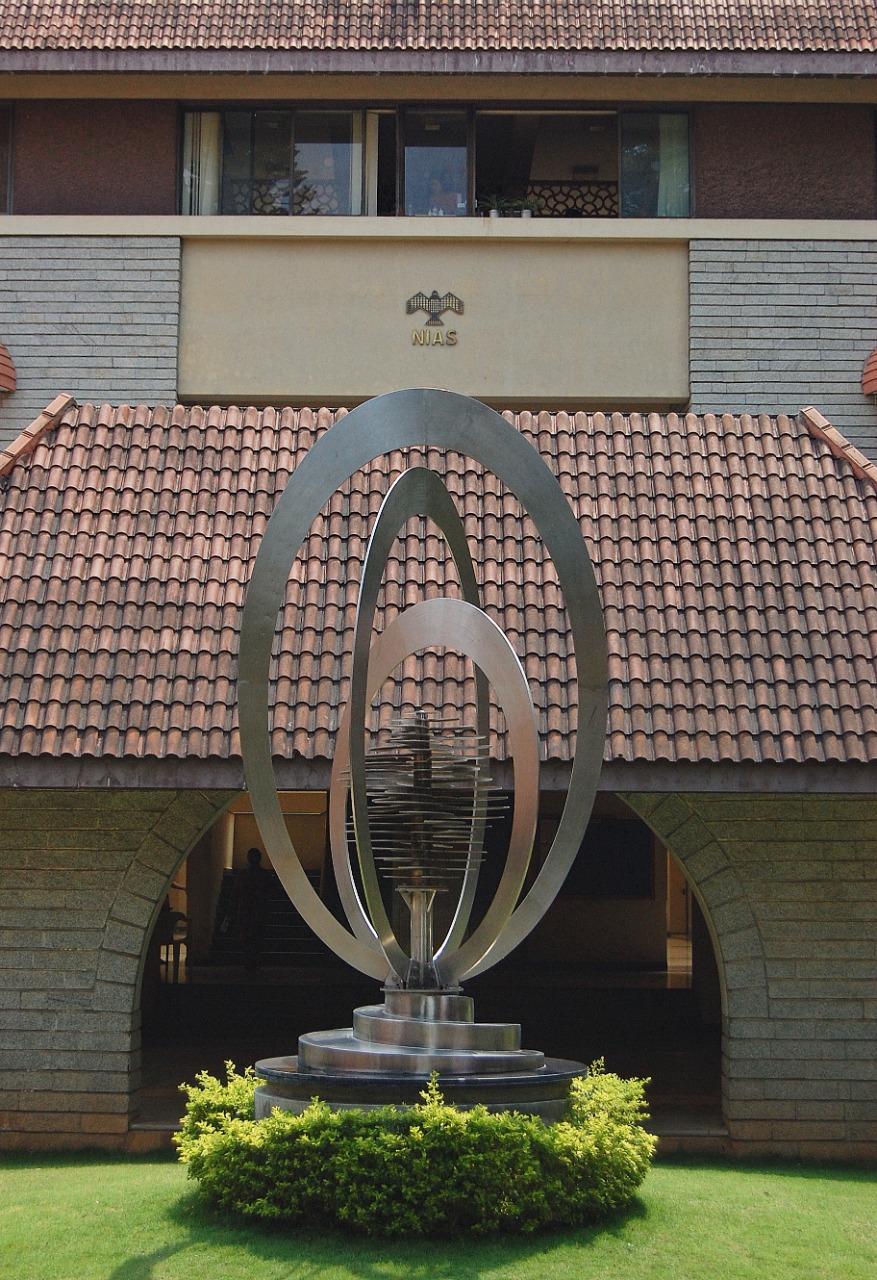
|
S Chandrashekar, Lalitha Sundaresan, Bhupendra Jasani
Identification of Uranium Mill Sites From Open Source Satellite Images
http://isssp.in/identification-of-uranium-mill-sites-from-open-source-satellite-images/ |
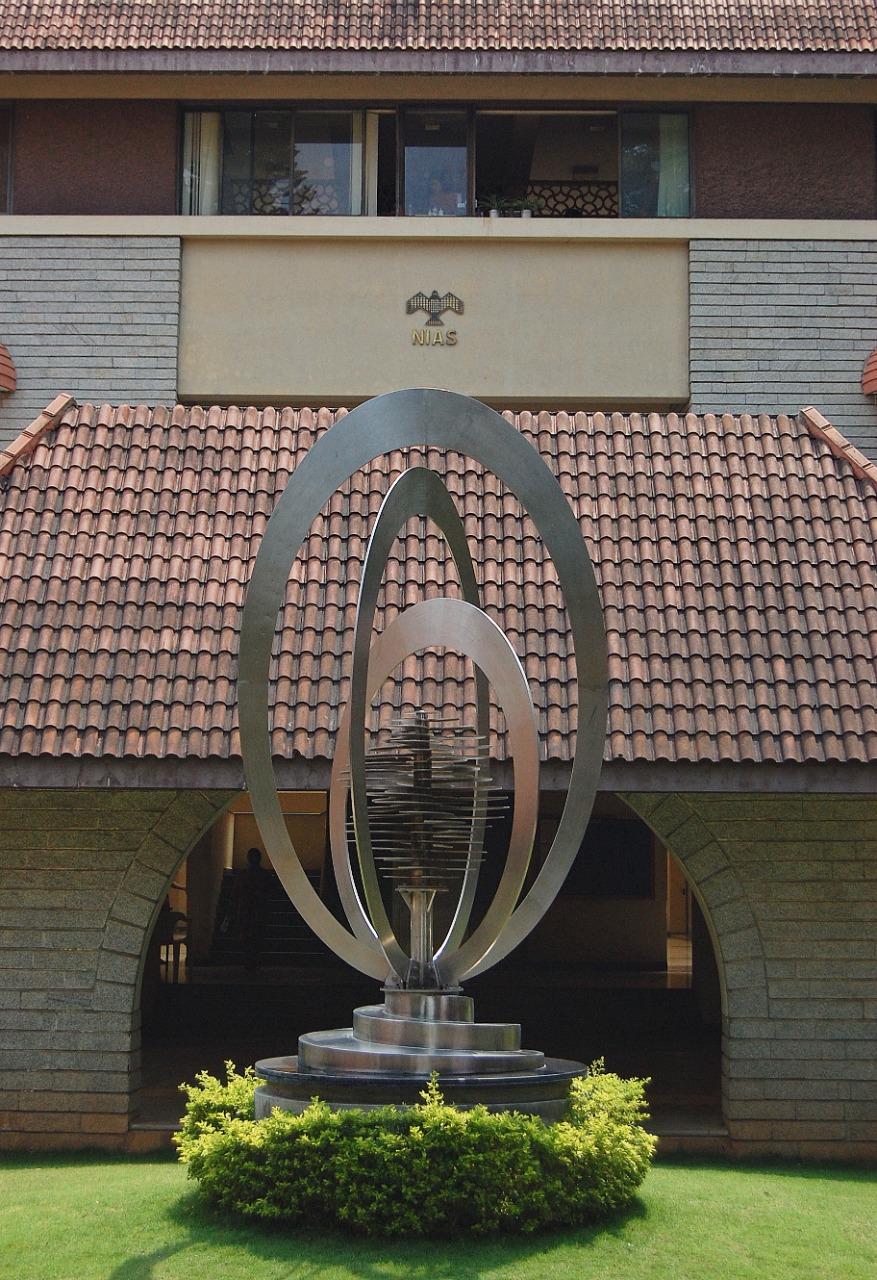
|
S Chandrashekar, Lalitha Sundaresan, Bhupendra Jasani
Estimating Uranium Mill Capacity Using Satellite Pictures
http://isssp.in/estimating-uranium-mill-capacity-using-satellite-pictures/ |
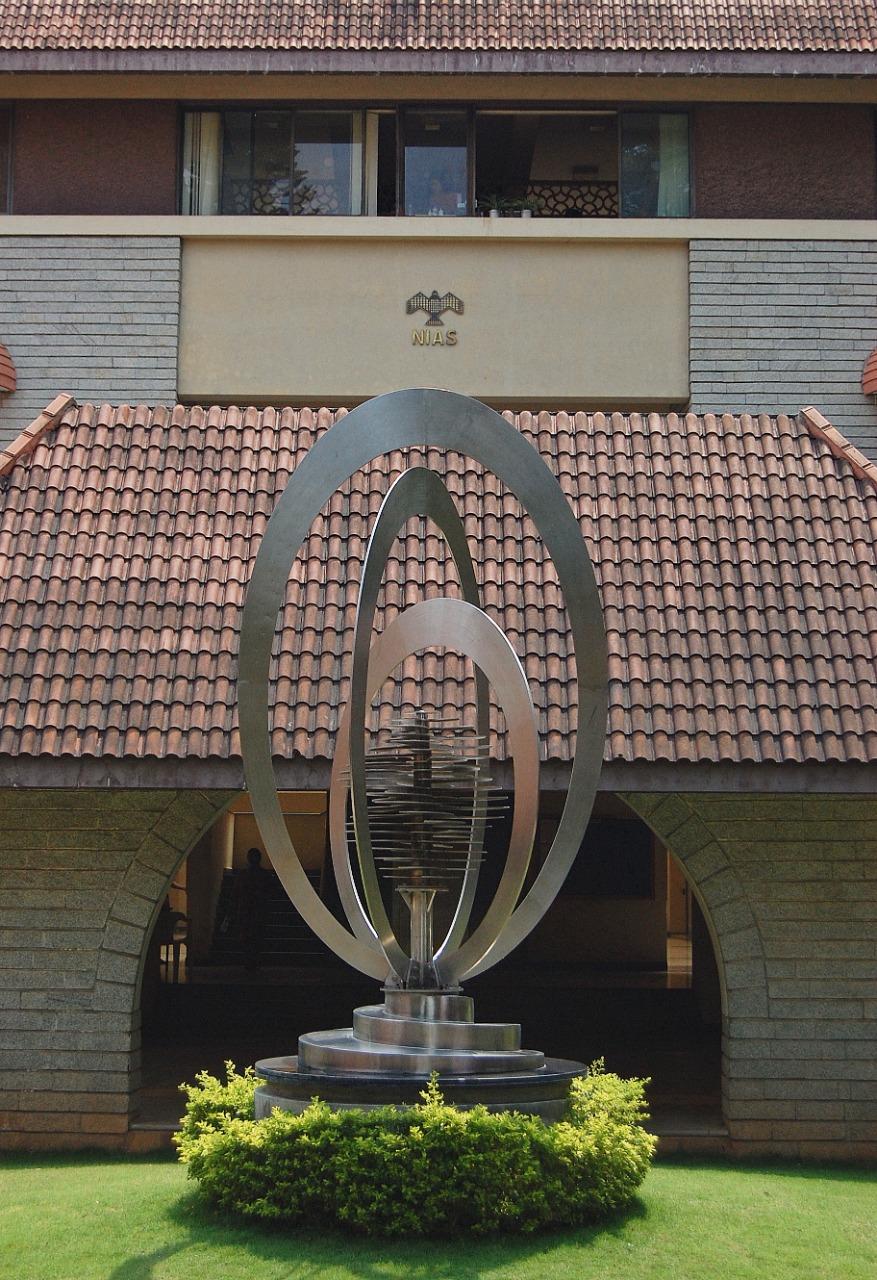
|
S Chandrashekar
Space, War and Security – A Strategy for India
http://isssp.in/space-war-and-security-a-strategy-for-india/ |
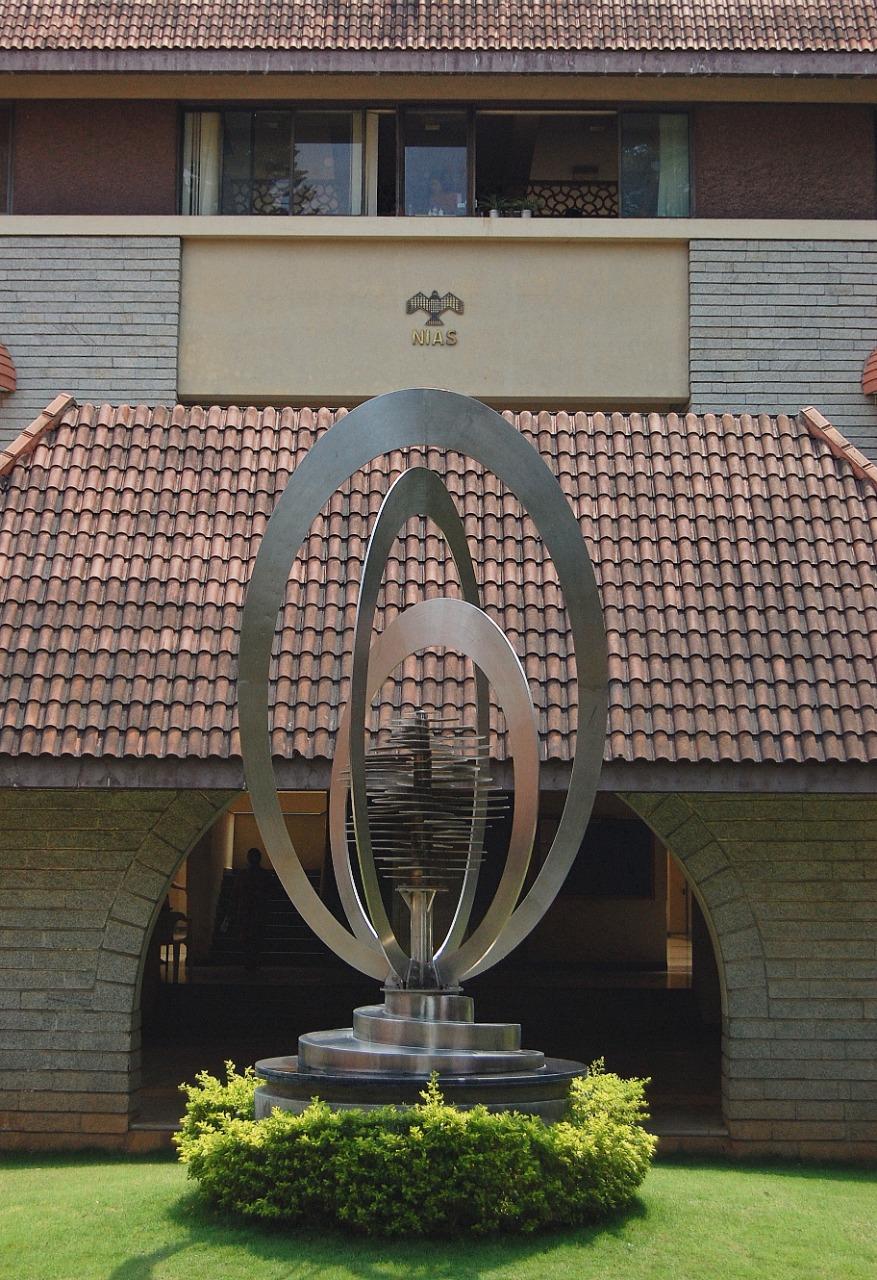
|
S Chandrashekar, N Ramani, Arun Vishwanathan
Analysis of North Korea’s February 2016 Successful Space Launch
http://isssp.in/analysis-of-north-koreas-february-2016-successful-space-launch/ |
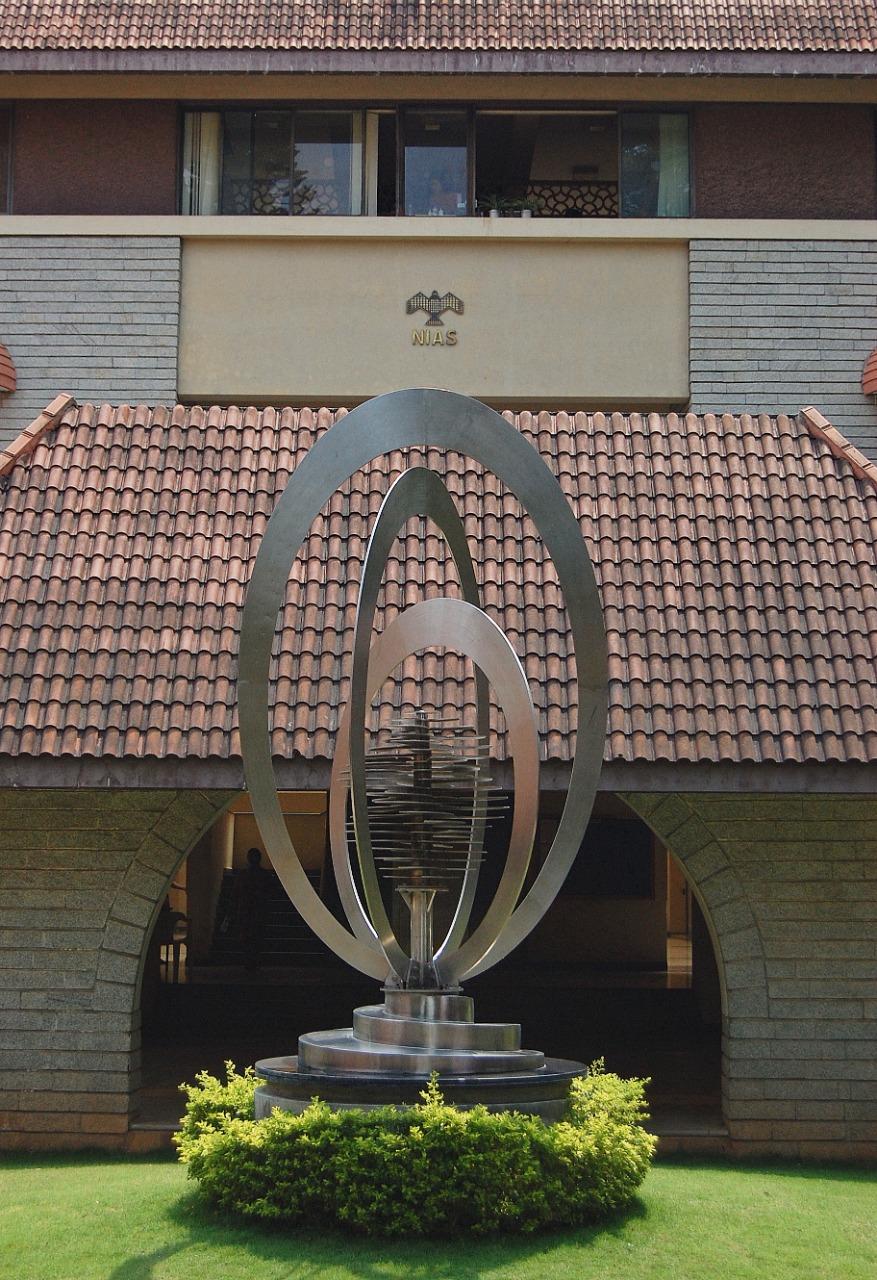
|
S Chandrashekar, Soma Perumal
China’s Constellation of Yaogan Satellites & the ASBM
http://isssp.in/chinas-constellation-of-yaogan-satellites-the-asbm-may-2016-update/ |
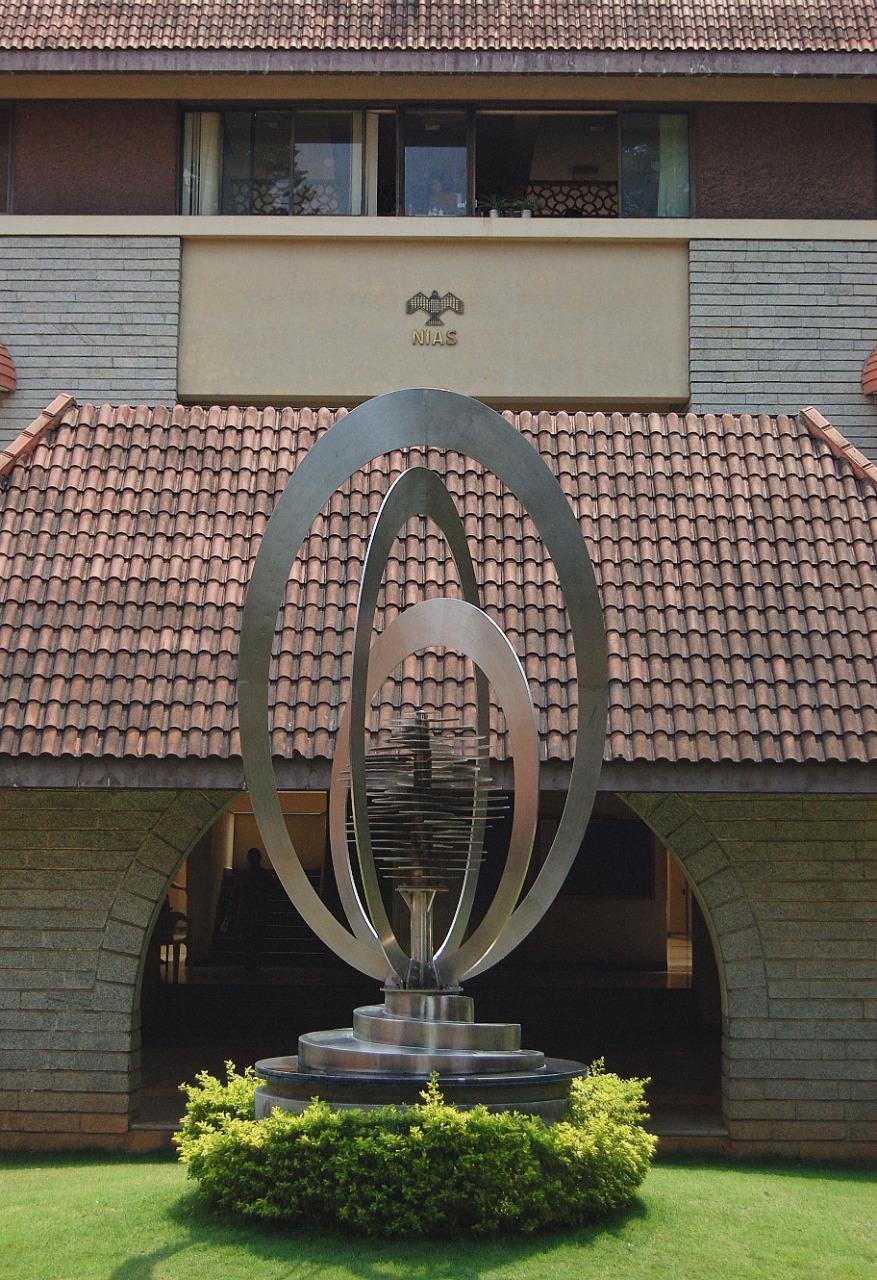
|
S Chandrashekar, Rajaram Nagappa, N Ramani
North Korea’s Hwasong 12 Missile Test
http://isssp.in/north-koreas-hwasong-12-missile-test/ |
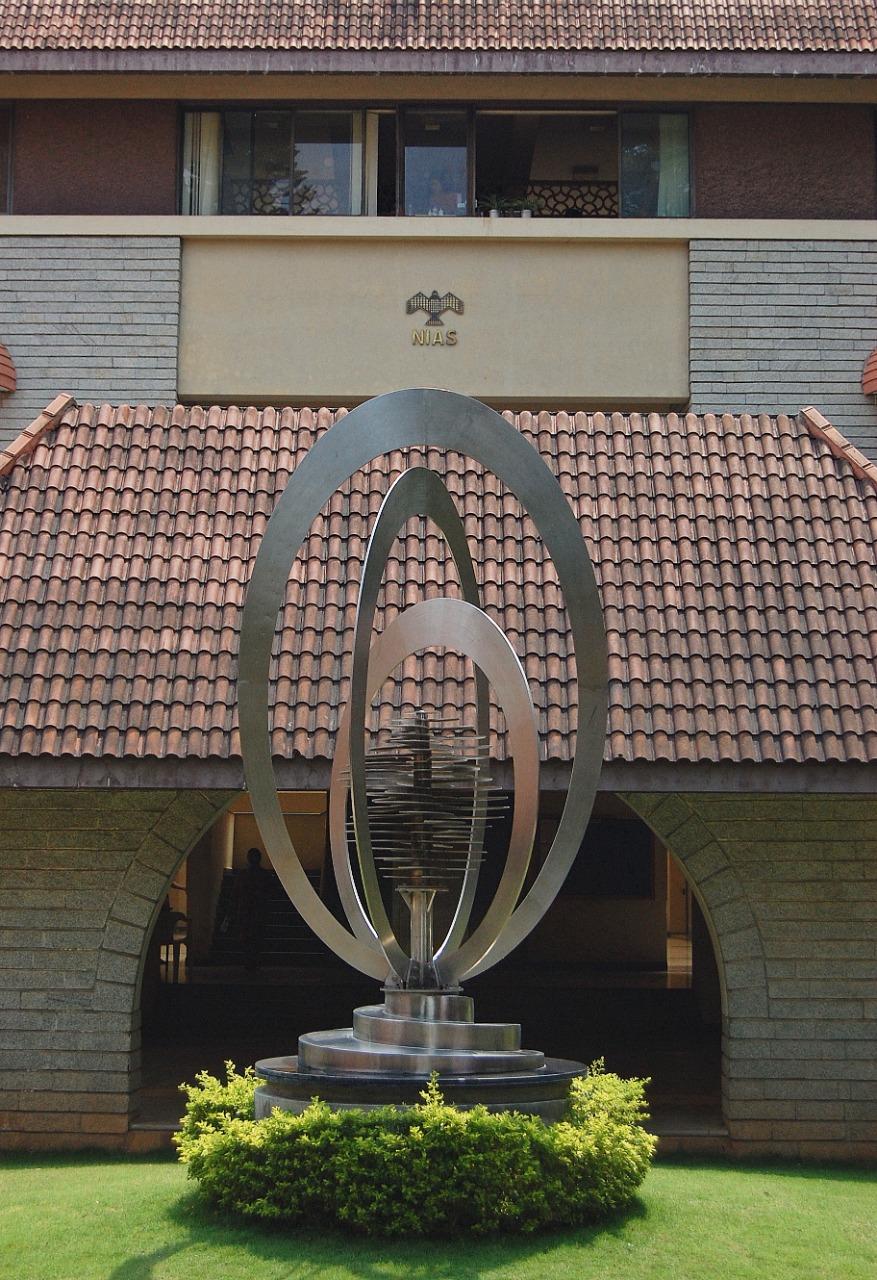
|
S Chandrashekar, Rajaram Nagappa, N Ramani
Can North Korean Missiles Reach the US Mainland?
http://isssp.in/can-north-korean-missiles-reach-the-us-mainland/ |
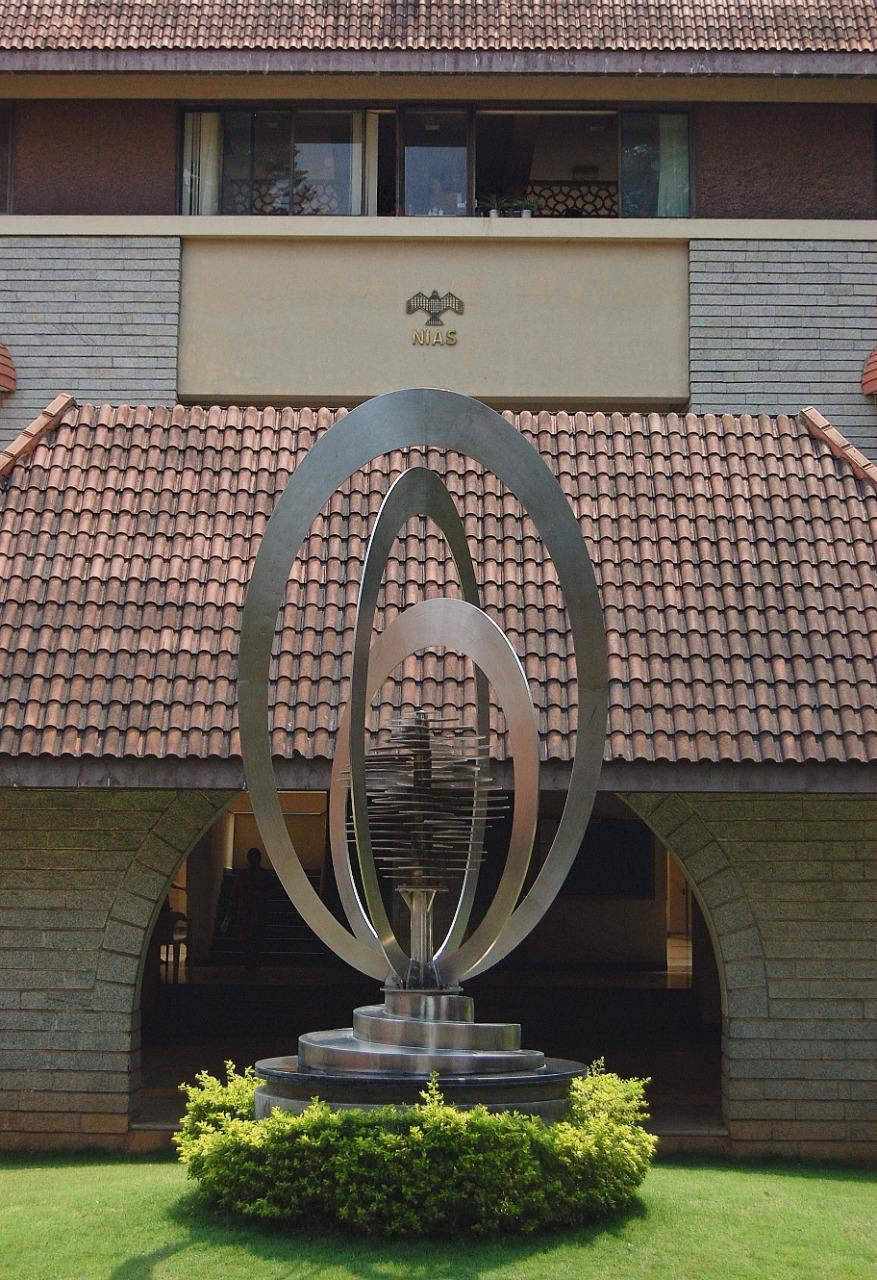
|
S Chandrashekar, Rajaram Nagappa, N Ramani
To cite: S. Chandrashekar, Rajaram Nagappa and N.Ramani. David versus Goliath – US irrationality and nuclear war in the Korean Peninsula
http://isssp.in/the-hwasong-12-a-mirv-missile-to-counter-us-bmd-systems/
ISSSP Report No. 07-2017 |
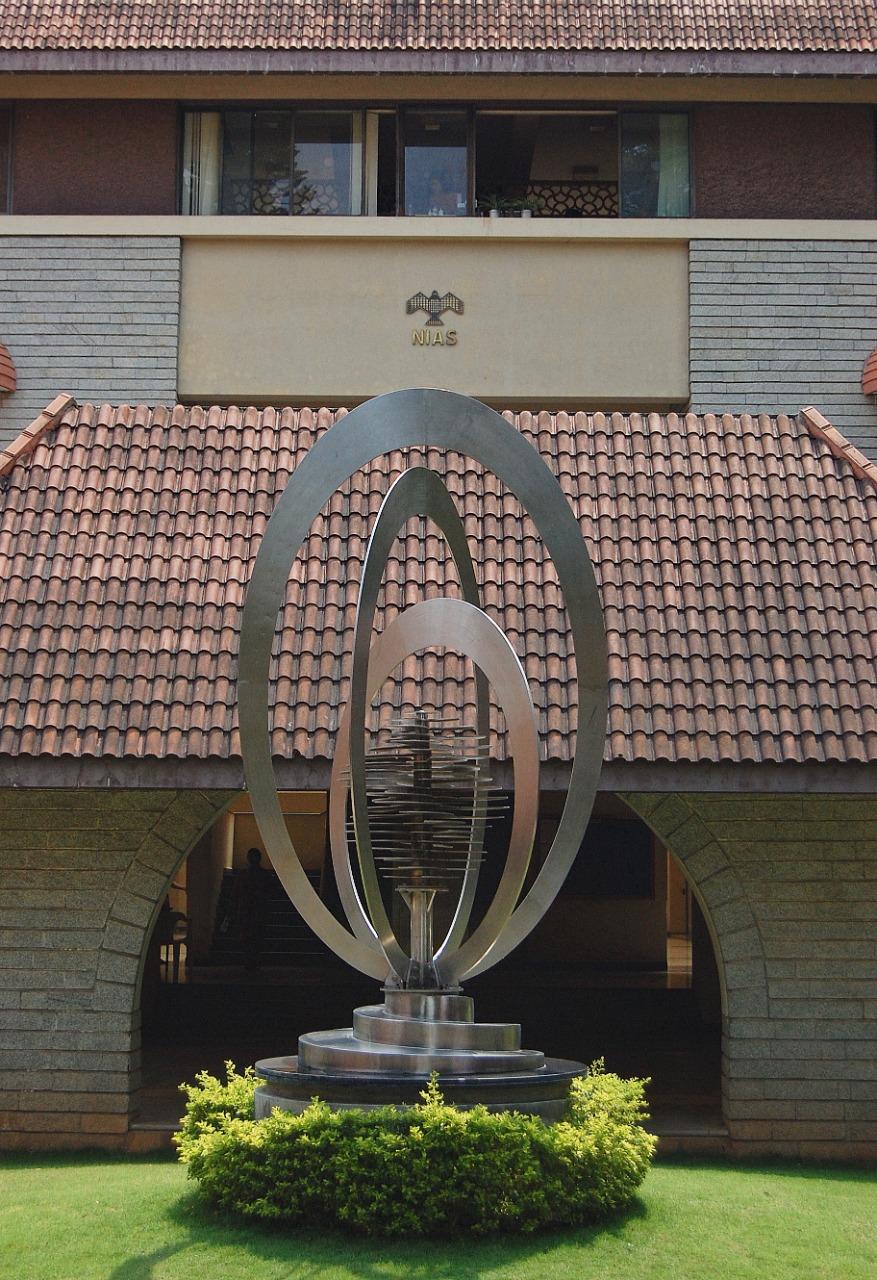
|
S Chandrashekar, N Ramani, Rajaram Nagappa
David versus Goliath – US irrationality and nuclear war in the Korean Peninsula
http://isssp.in/david-versus-goliath-us-irrationality-and-nuclear-war-in-the-korean-peninsula/ |
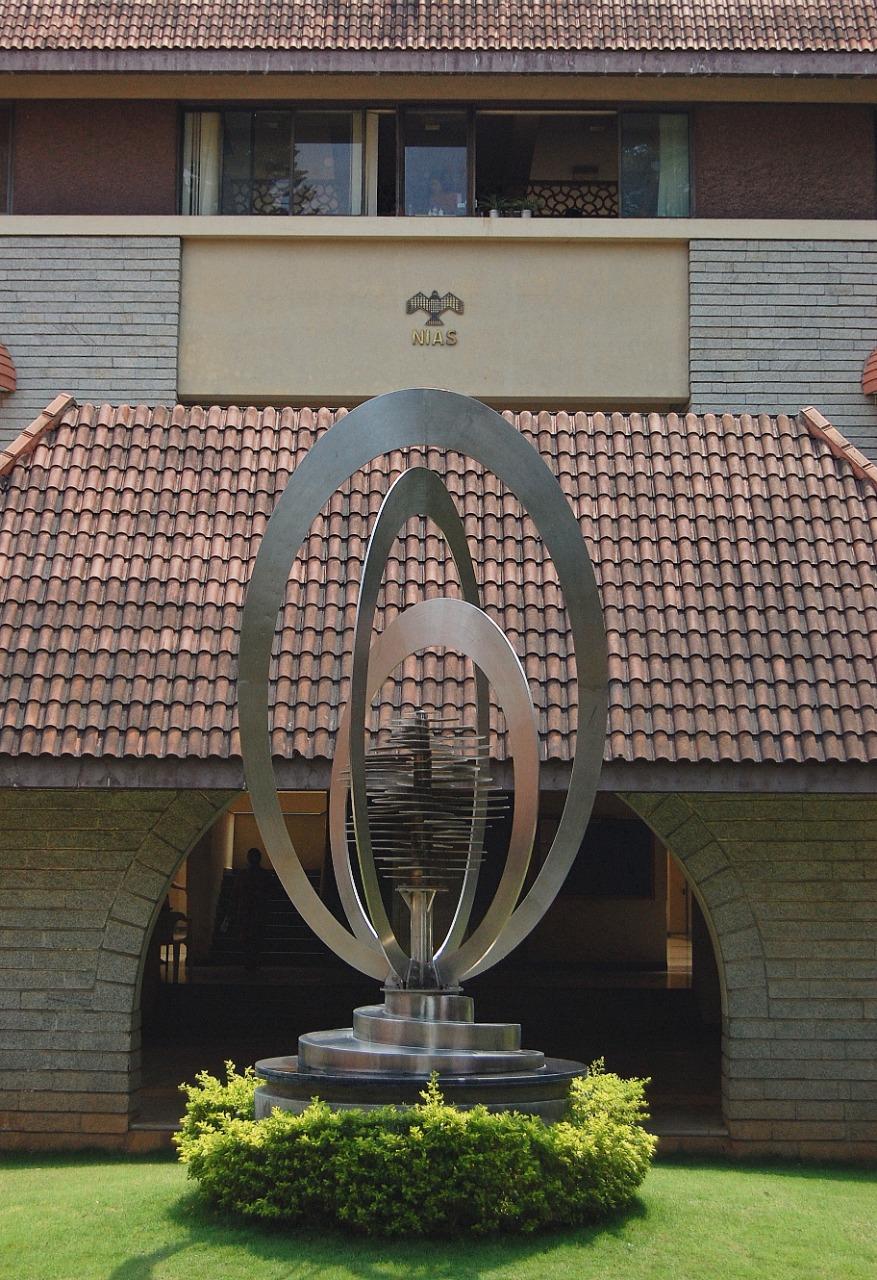
|
Venkatasubbiah Siddhartha
Spaceplanes, Hypersonic Platforms and the Missile Technology Control Regime
http://isssp.in/spaceplanes-hypersonic-platforms-and-the-missile-technology-control-regime/ |
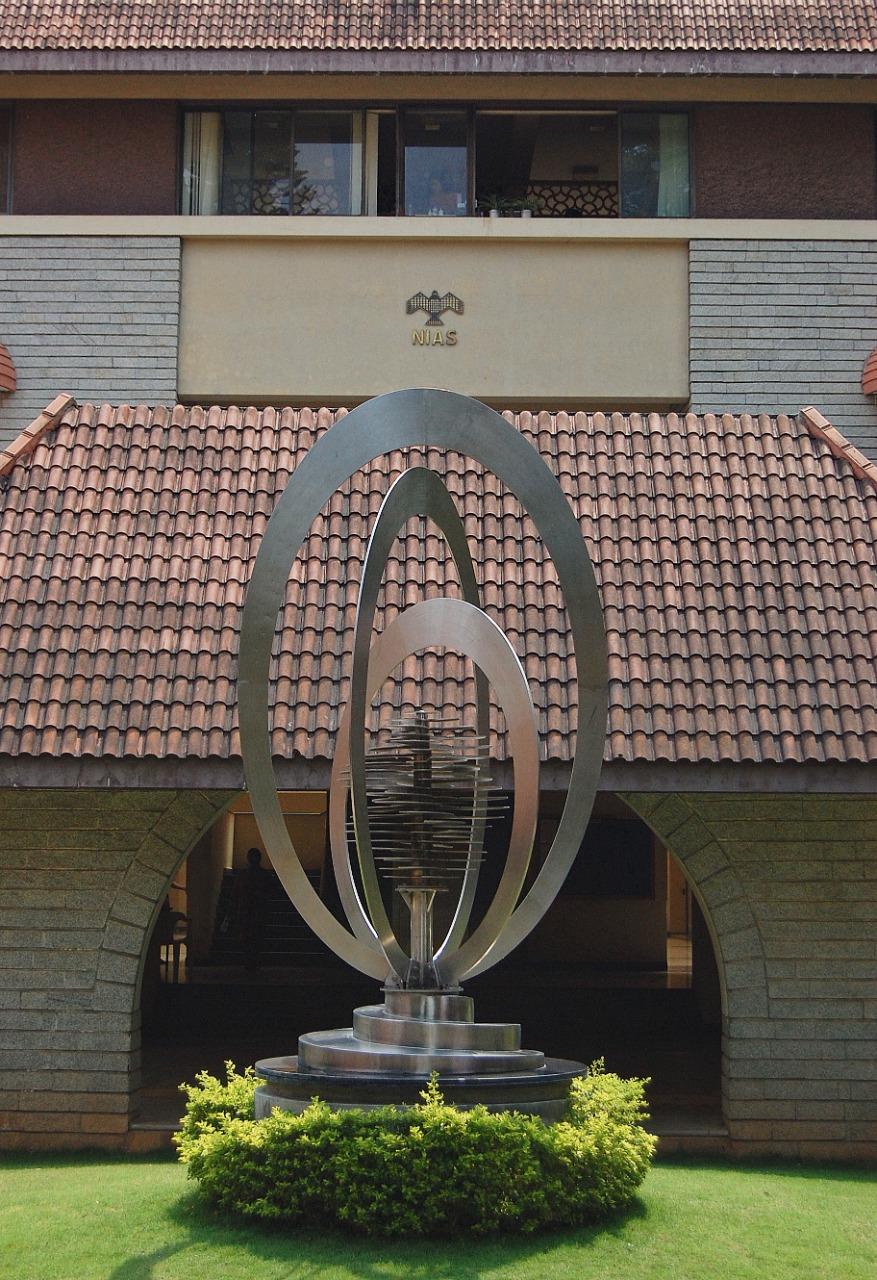
|
S Chandrashekar, Rajaram Nagappa, N Ramani
North Korea’s Hwasong 15 ICBM – A Threat to the US Mainland
http://isssp.in/north-koreas-hwasong-15-icbm-a-threat-to-the-us-mainland/ |
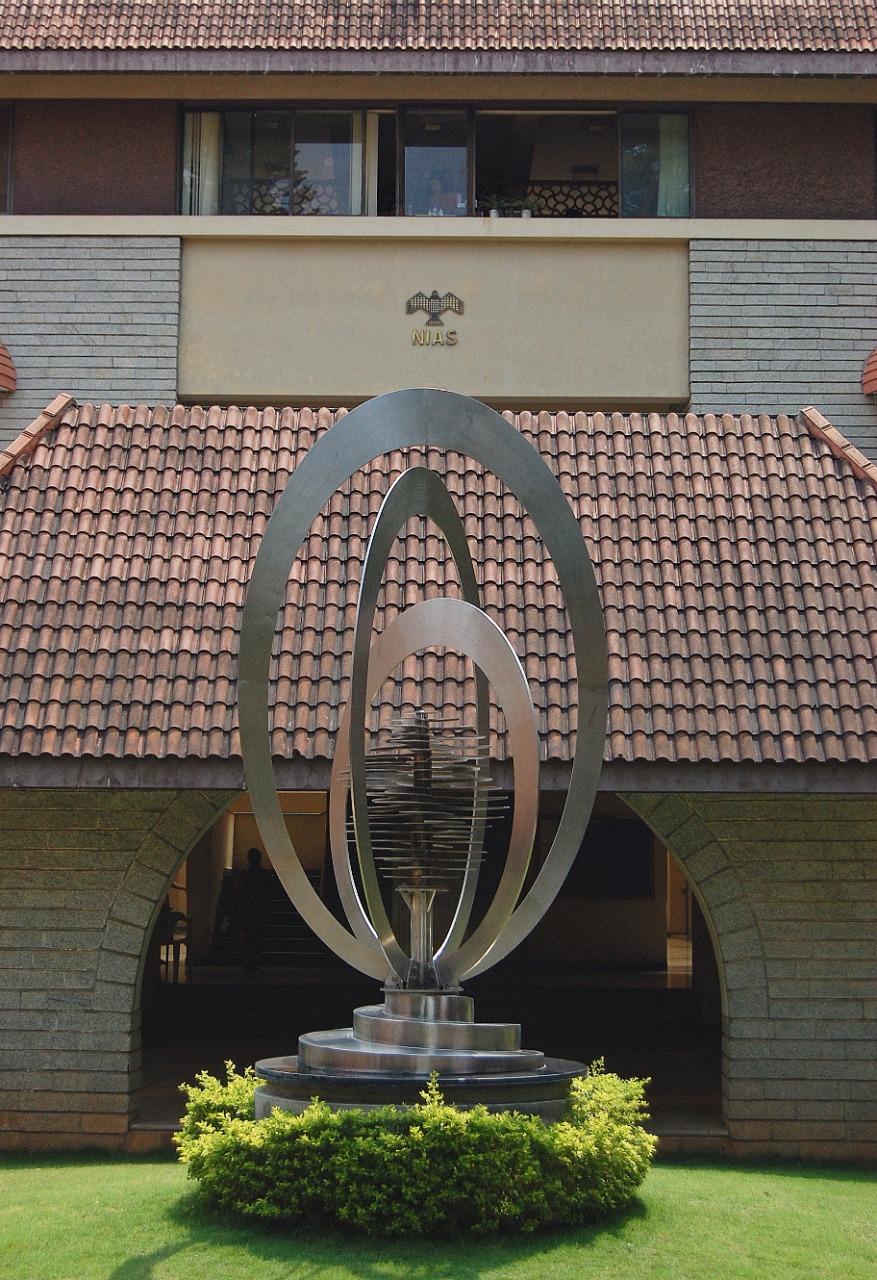
|
S Chandrashekar, N Ramani
China’s Space Power & Military Strategy – The role of the Yaogan Satellites
http://isssp.in/chinas-space-power-military-strategy-the-role-of-the-yaogan-satellites/ |
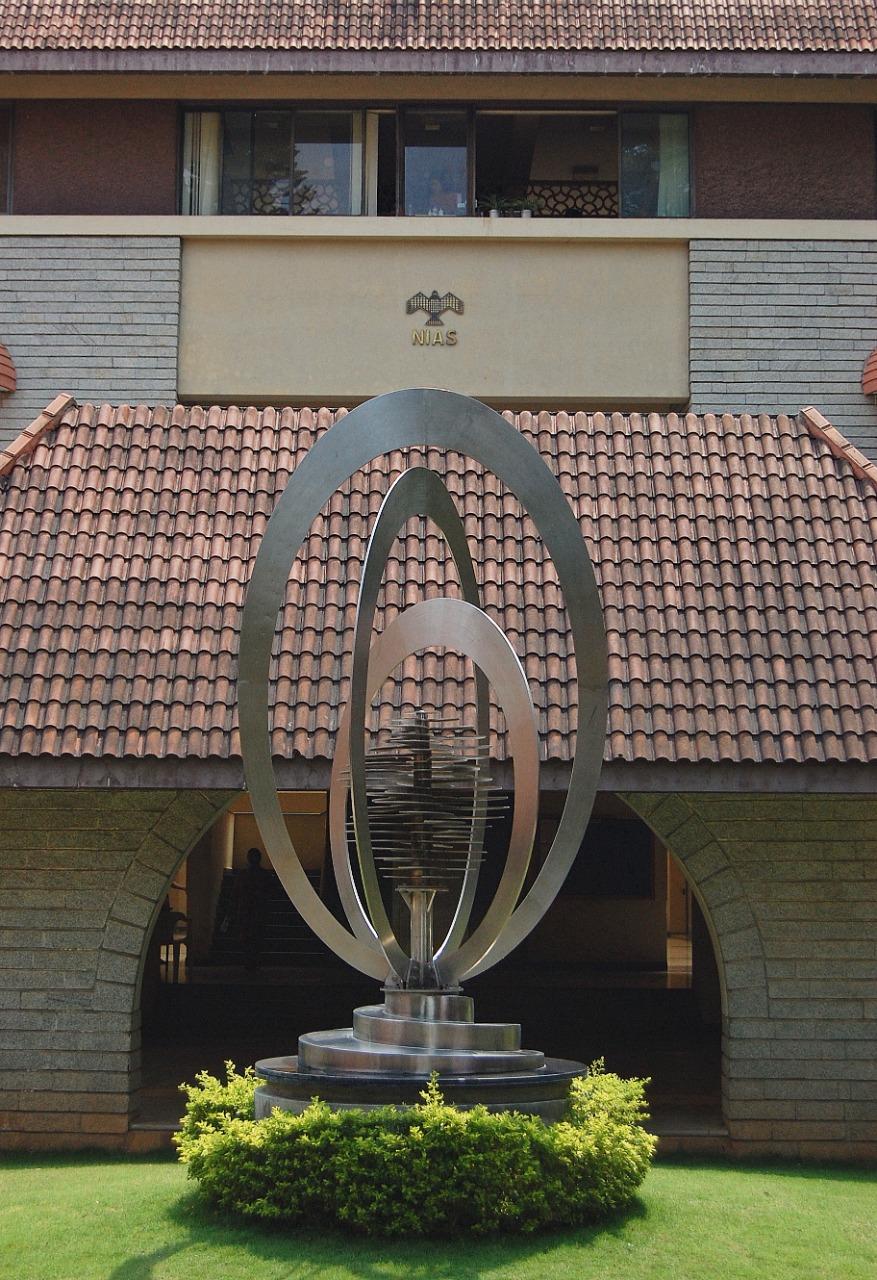
|
Srikumar Pullat
To cite: S. Chandrashekar. The China US Space Rivalry & the New World Order What Should India Do?
http://isssp.in/evolution-of-smart-weapons/
ISSSP Report No. 03-2018 |
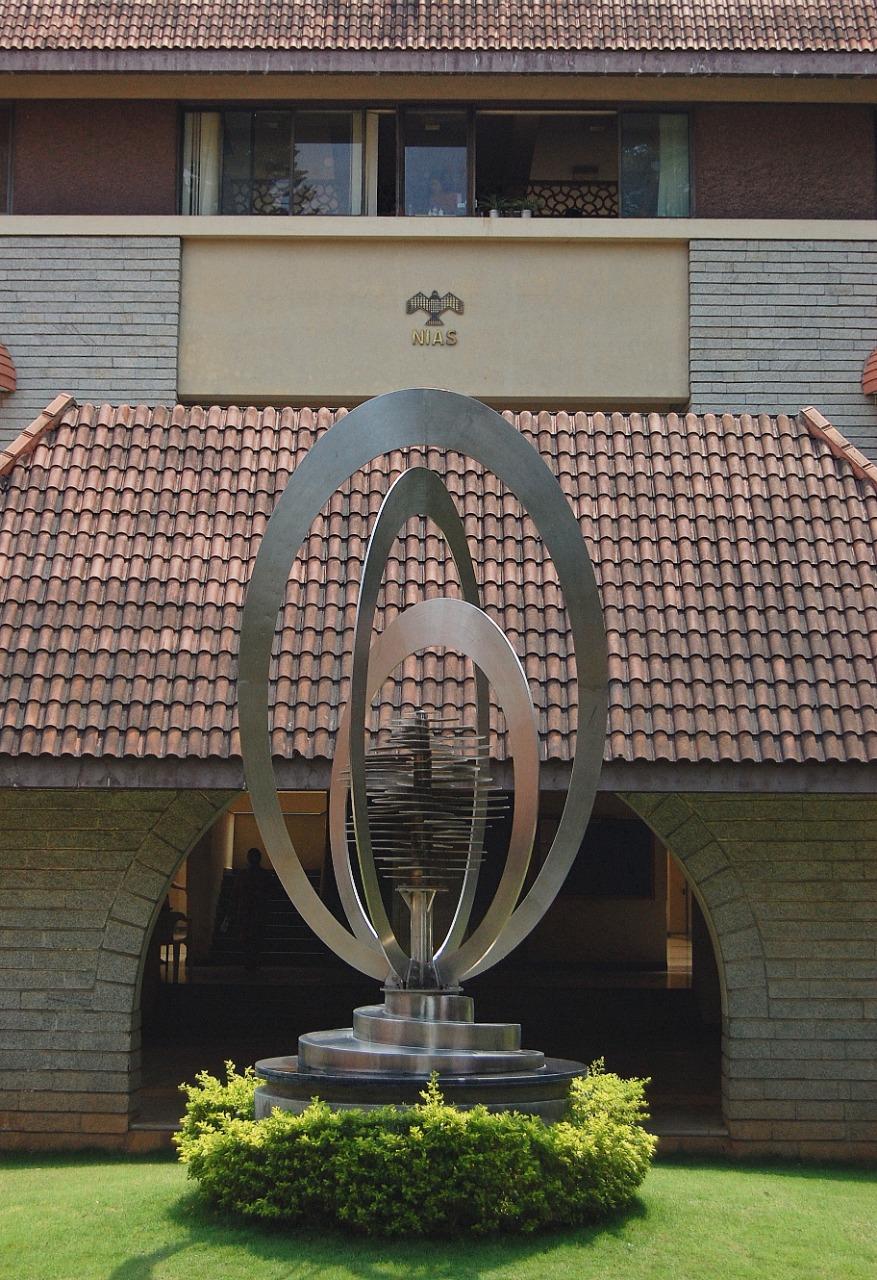
|
S Chandrashekar
Evolution of Smart Weapons
http://isssp.in/the-china-us-space-rivalry-the-new-world-order-what-should-india-do/ |
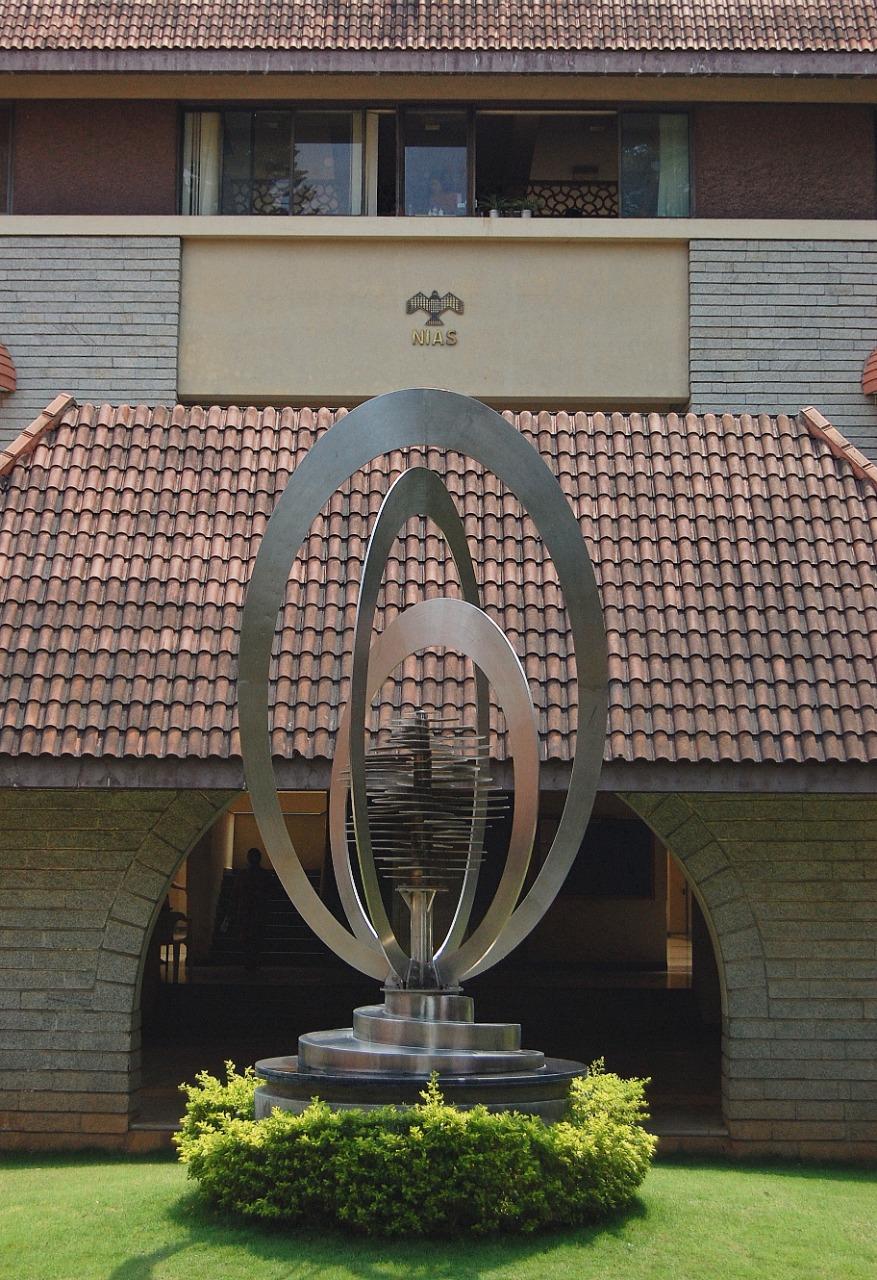
|
Rajaram Nagappa
Hypersonic cruise Missiles : An overview
http://ec2-3-108-111-222.ap-south-1.compute.amazonaws.com/niastestweb/sites/default/files/2022-05/Hypersonic-Report_Final-3.pdf |
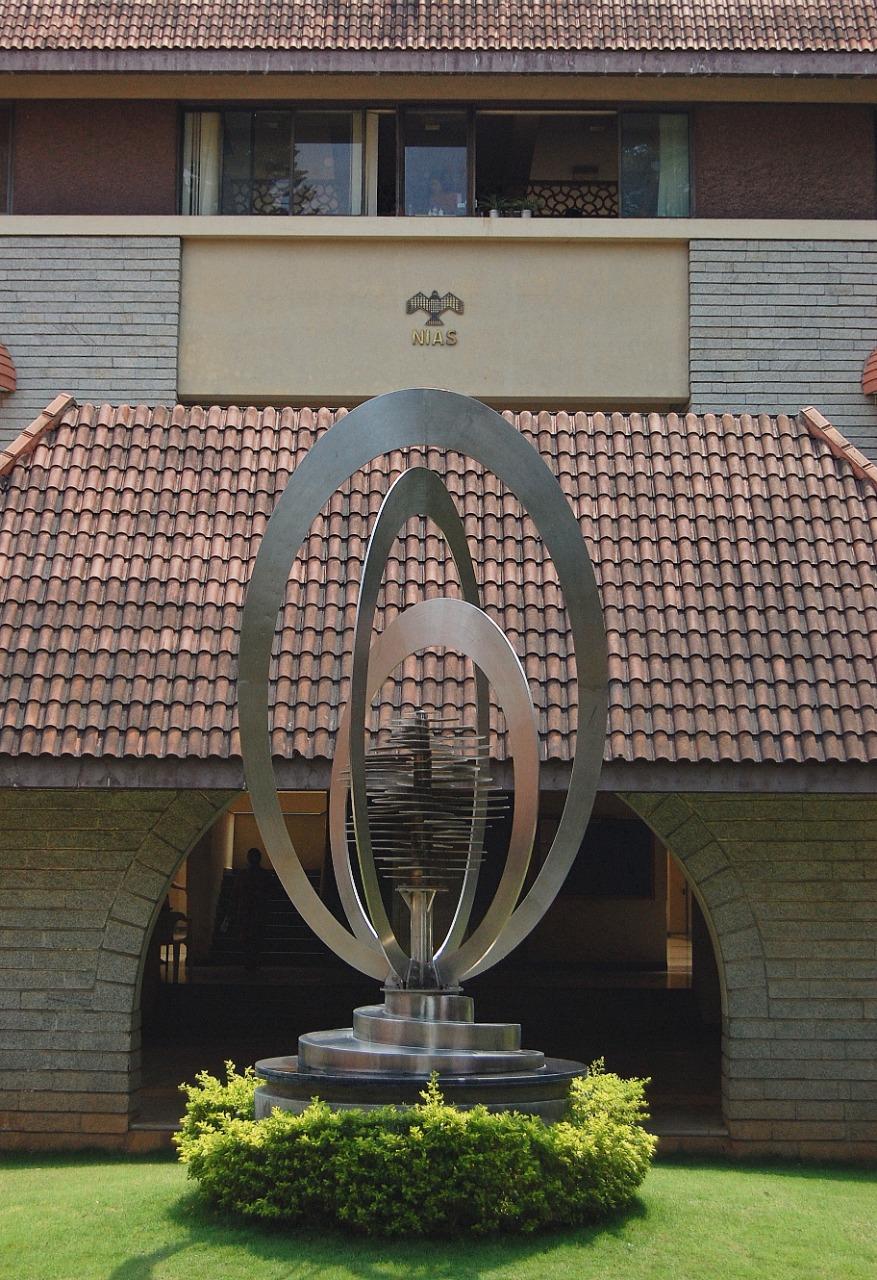
|
S Chandrashekar, Soma Perumal
S Chandrashekar is JRD Tata Visiting Professor ; Soma Perumal is Adjunct Professor, International Strategic and Security Studies Programme
Yaogan 17 Launch confirms operational status of China’s ASBM
ISSSP Reflections No.1, September 29, 2013 |
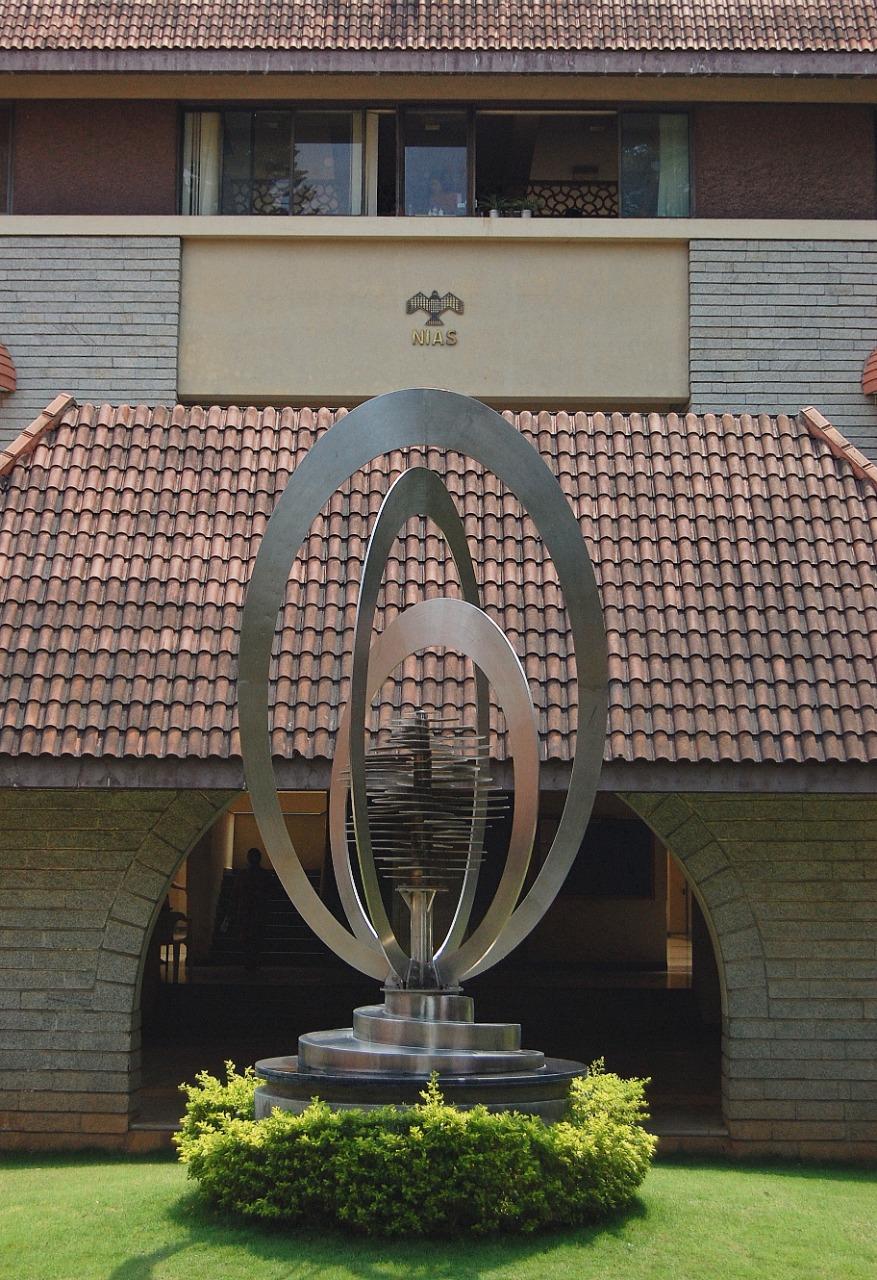
|
Jayashree G
Research Assistant, International Strategic and Security Studies Programme
Who will be the next Pakistan Army Chief?
ISSSP Reflections No. 2, October 2, 2013 |
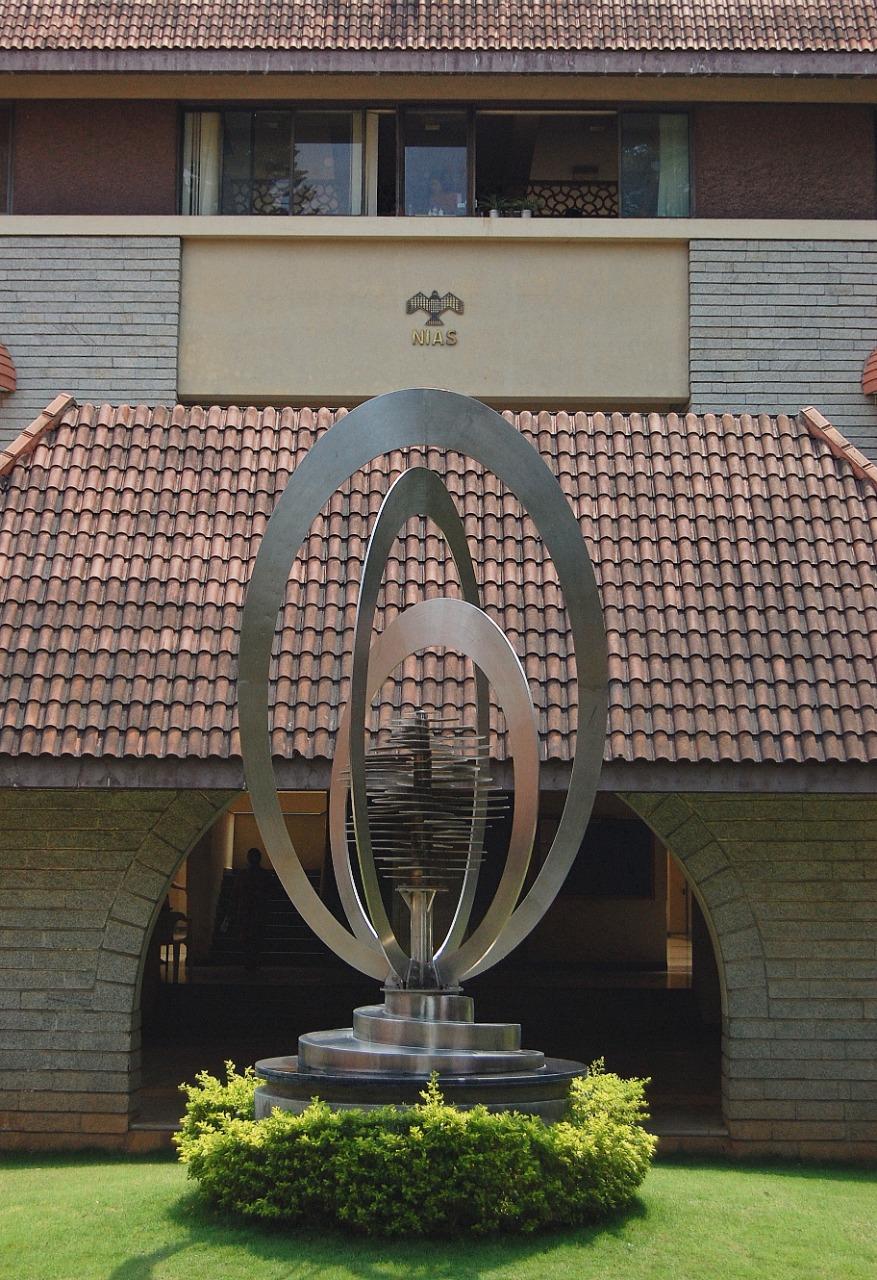
|
S Gopal
Madras Café – A Bollywood Bite on Reality
ISSSP Reflections No. 3, October 8, 2013 |
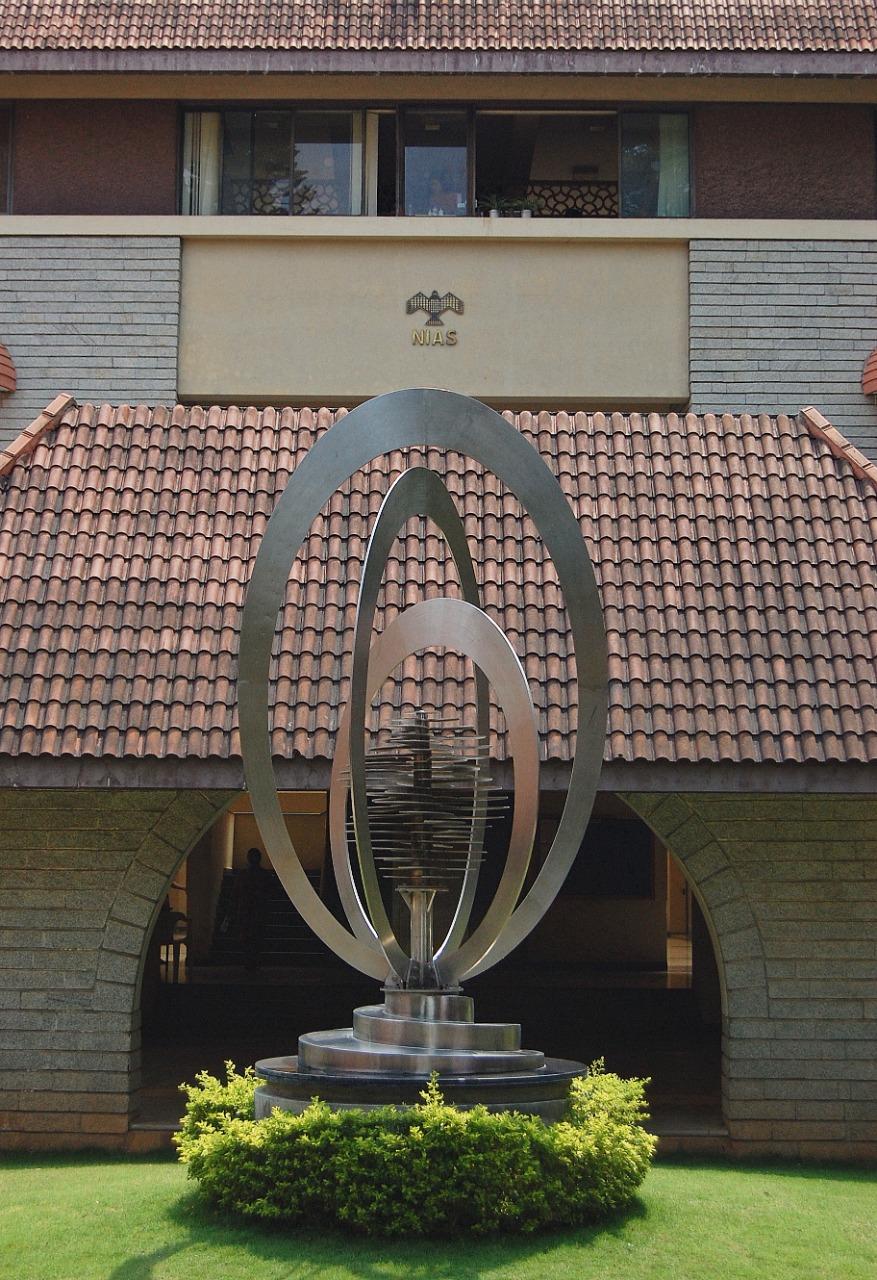
|
Sanket Sudhir Kulkarni
PhD Scholar , International Strategic and Security Studies Programme
India’s Pipeline Diplomacy: Case of Lost Opportunities
ISSSP Reflections No. 4, October 14, 2013 |
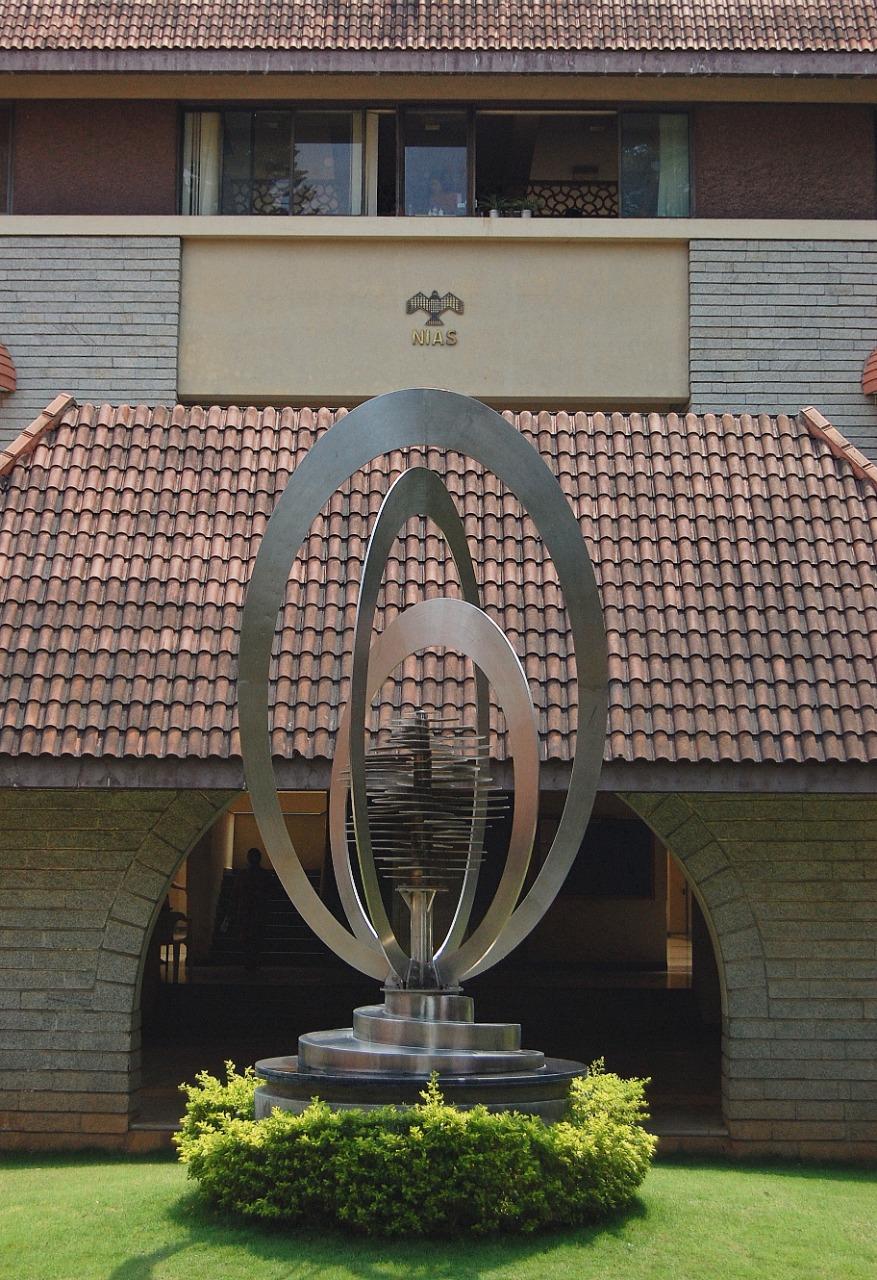
|
Aditi Malhotra
Research Associate , International Strategic and Security Studies Programme
Mackinder versus Mahan: How will the dice roll?
ISSSP Reflections No. 5, October 21, 2013 |
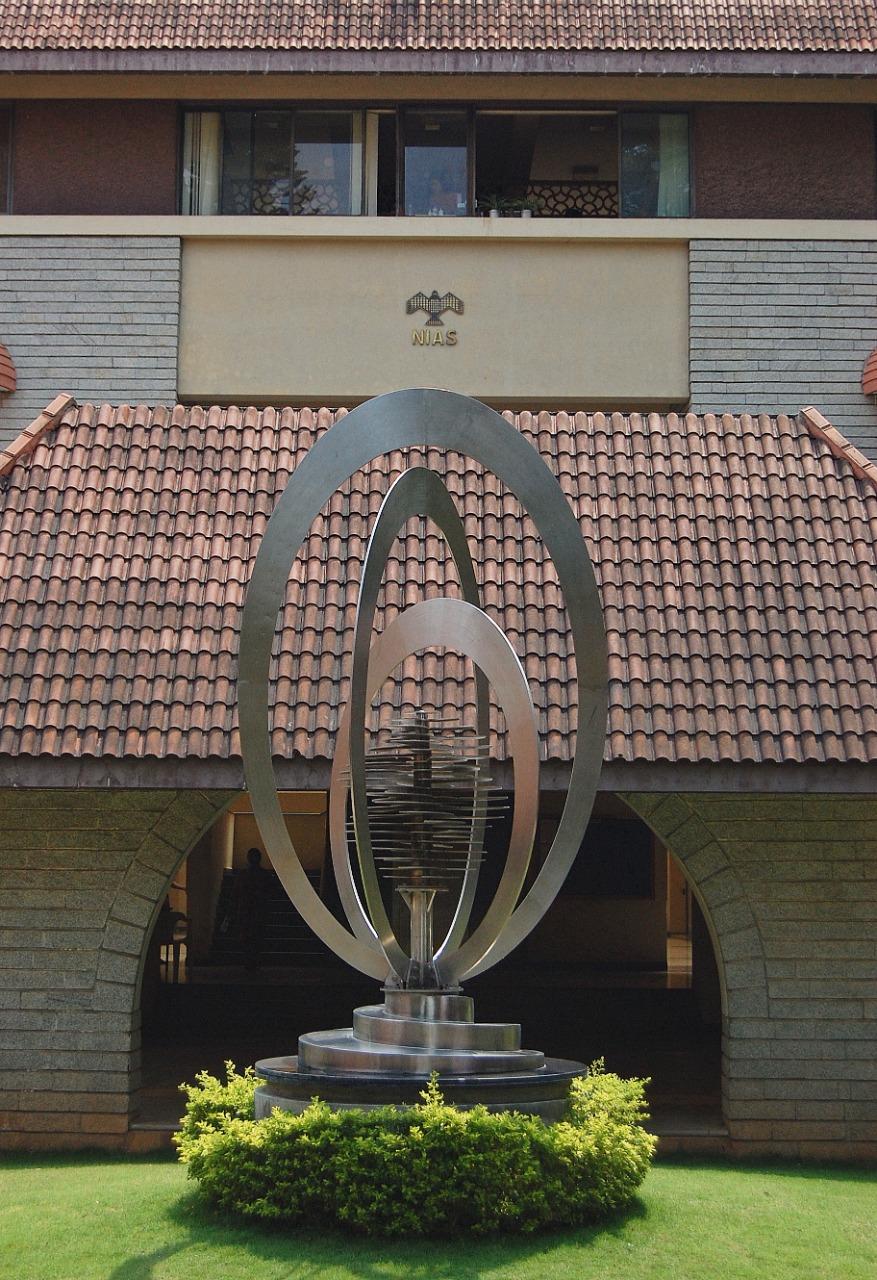
|
Ramya P S
Former Research Intern, ISSSP, International Strategic and Security Studies Programme
Military Decision-Making in Pakistan
ISSSP Reflections No. 6, November 5, 2013 |
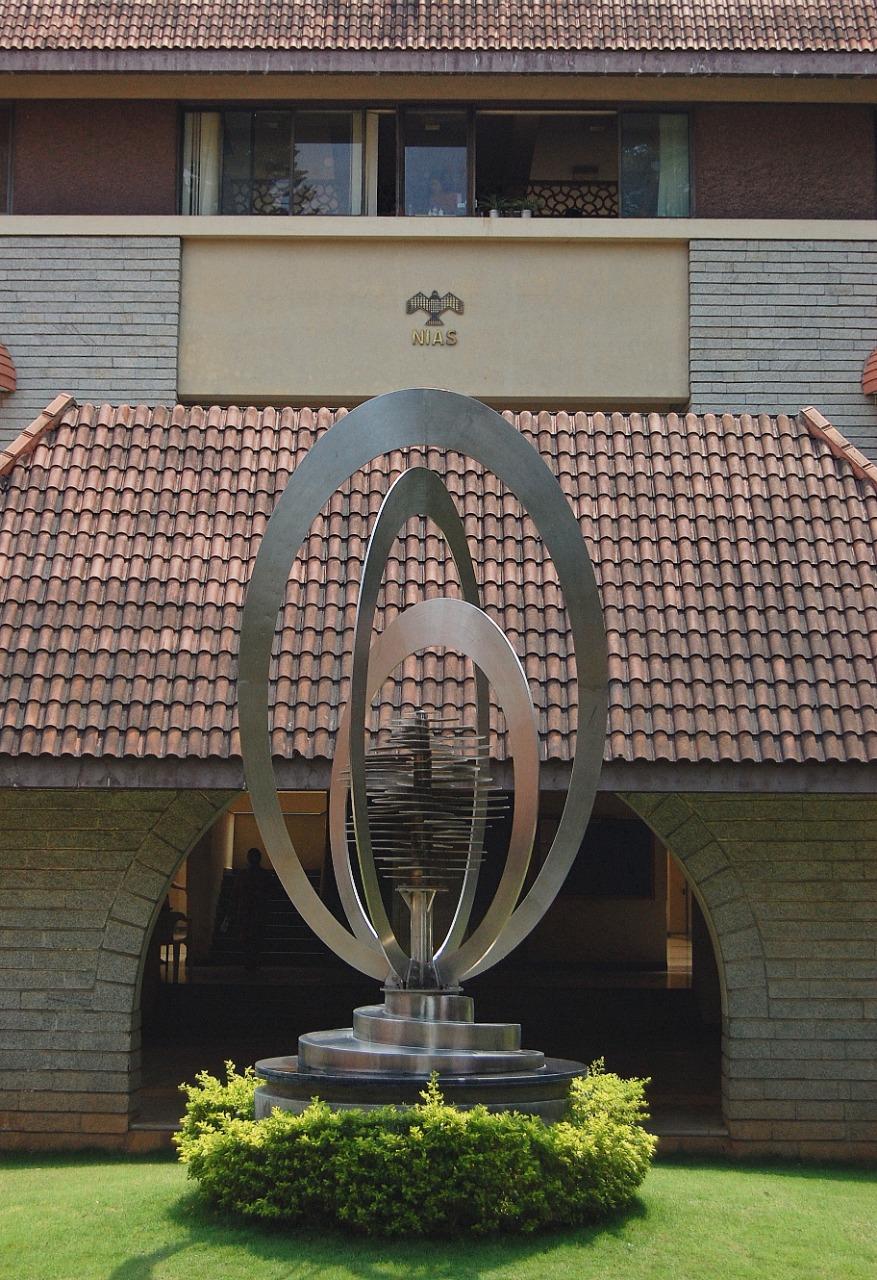
|
Arun Vishwanathan
Assistant Professor, International Strategic and Security Studies Programme
Indo-Pak Relations: Moving Beyond Binaries
ISSSP Reflections No. 7, November 11, 2013 |
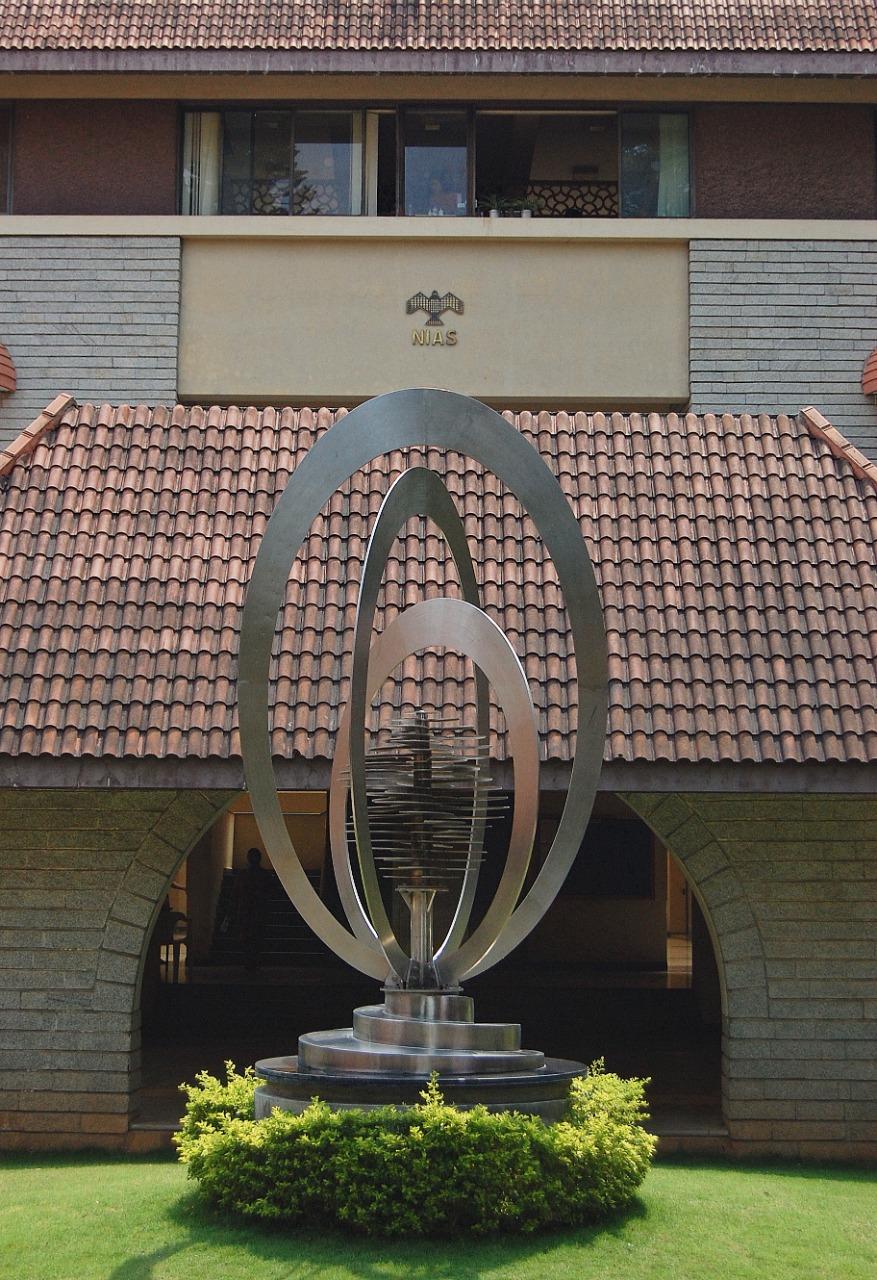
|
Arun Vishwanathan, S Chandrashekar, Rajaram Nagappa
Arun Vishwanathan is Assistant Professor; S Chandrashekar is JRD Tata Visiting Professor ; Rajaram Nagappa is Head, ISSSP, International Strategic and Security Studies Programme
Nuclear Weapons and Deterrence
ISSSP Reflections No. 8, November 18, 2013 |
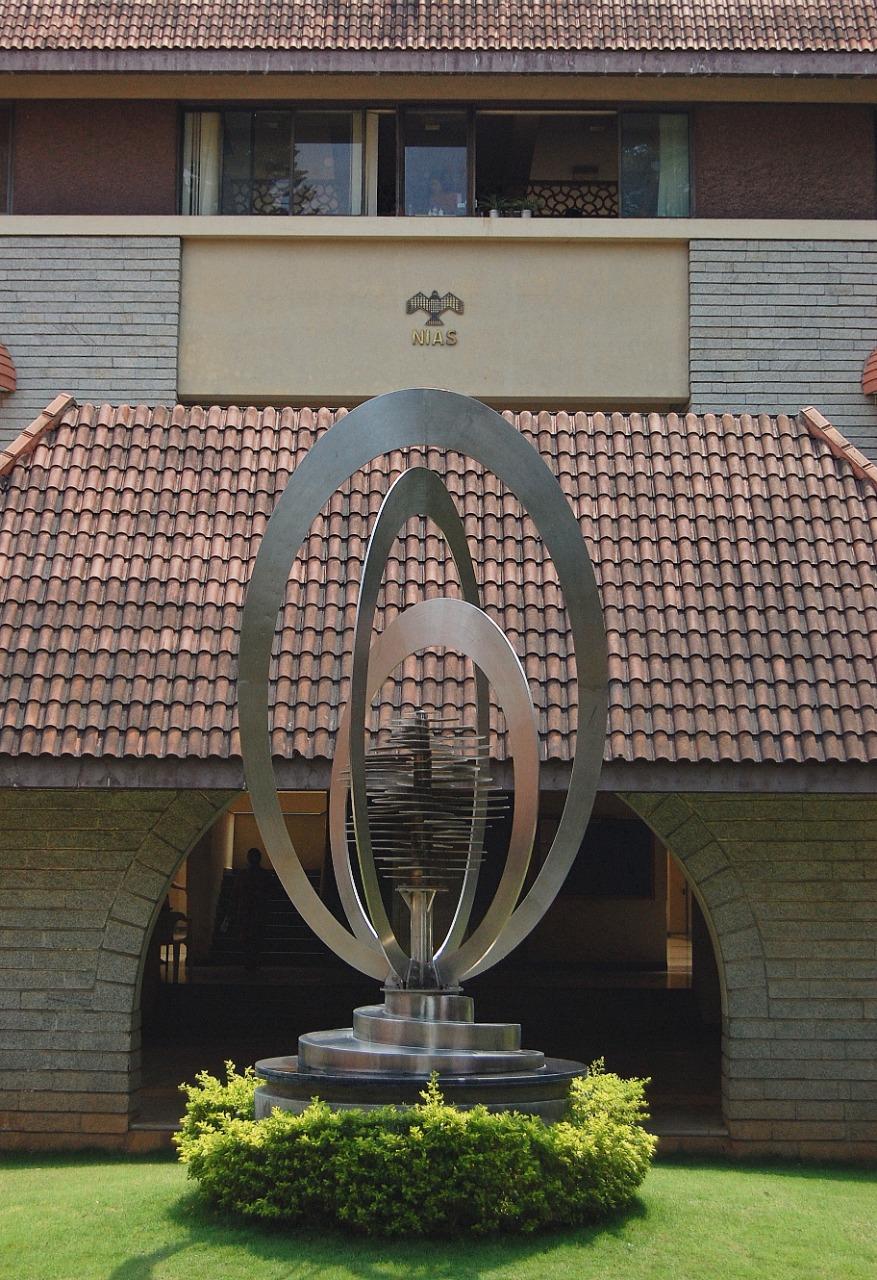
|
Aditi Malhotra
Passing the nuclear baton in Pakistan
ISSSP Reflections No. 9, December 27, 2013 |
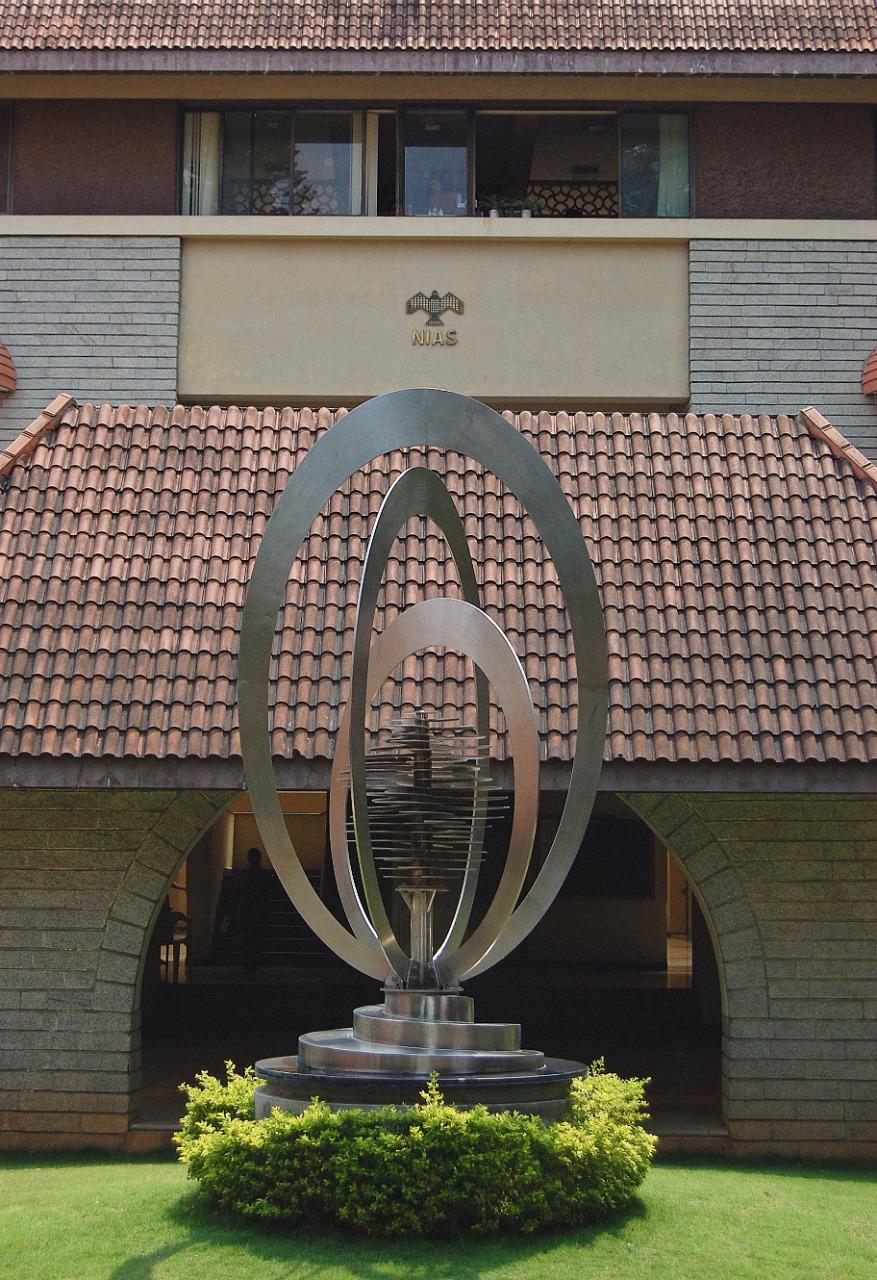
|
M Mayilvaganan
India-Sri Lanka: Battle Over Fishing Grounds |
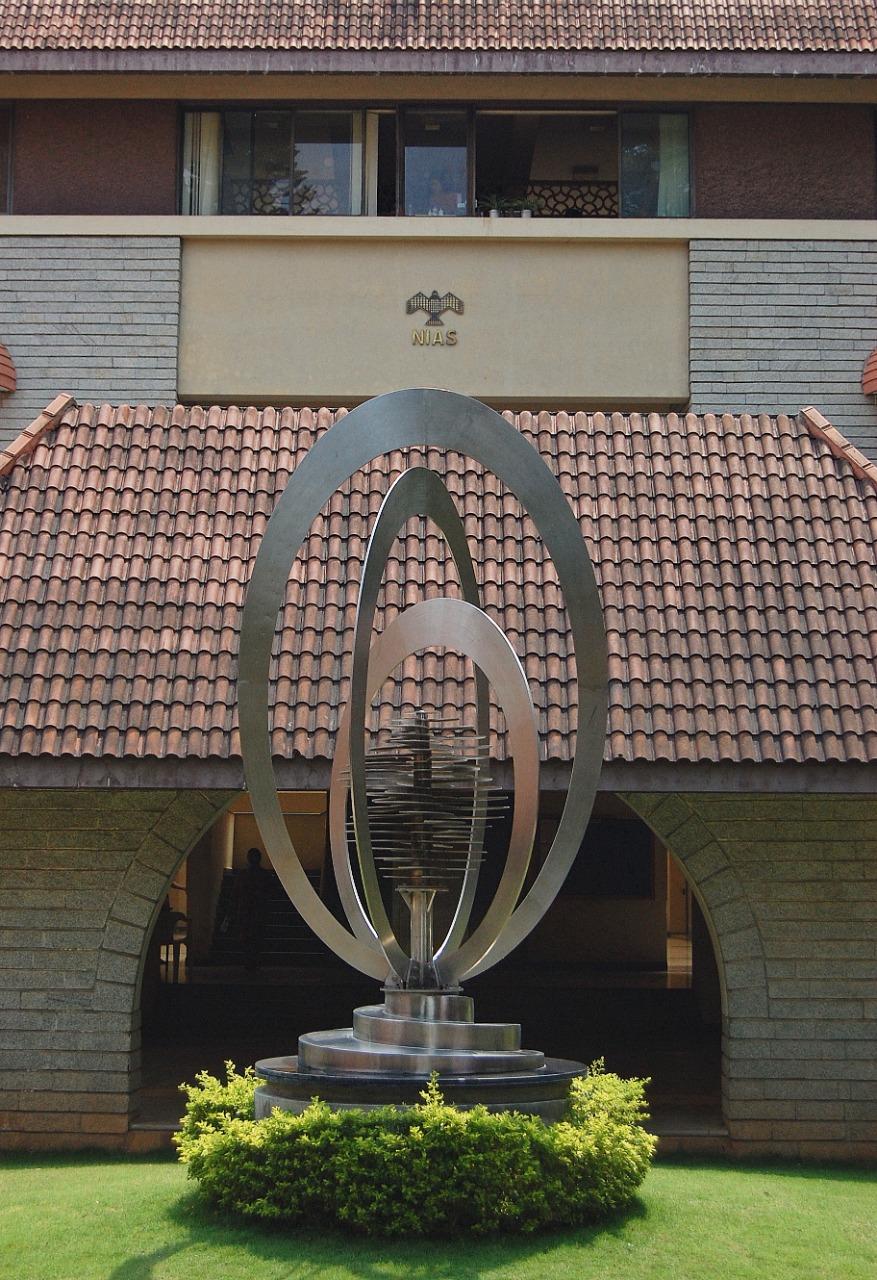
|
Viswesh Rammohan
Research Associate , International Strategic and Security Studies Programme
Geneva moderates, everybody wins
ISSSP Reflections No. 11, January 13, 2014 |
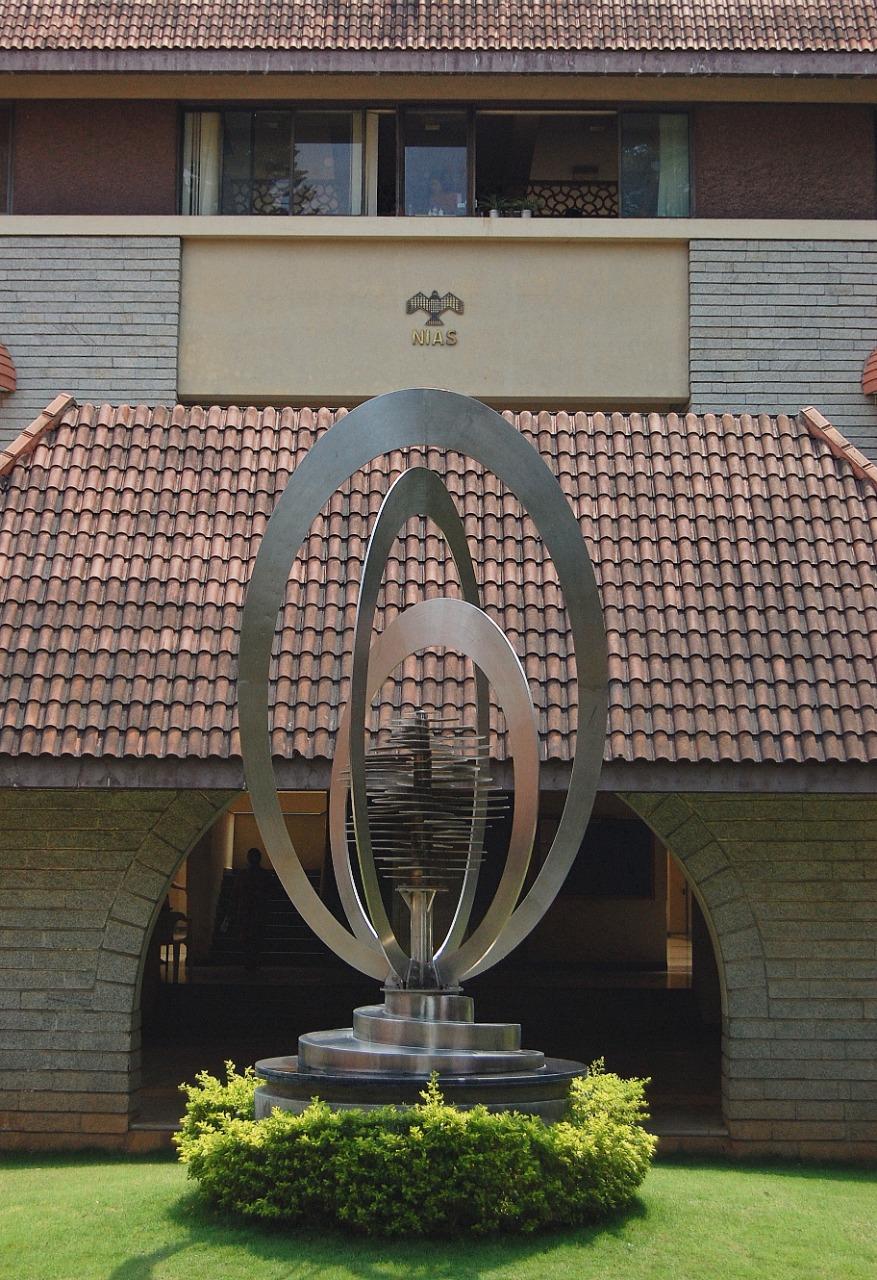
|
S Gopal
Book Review- Ethnic Conflict and Civic Life: Hindus & Muslims in India
ISSSP Reflections No. 12, April 4, 2014 |
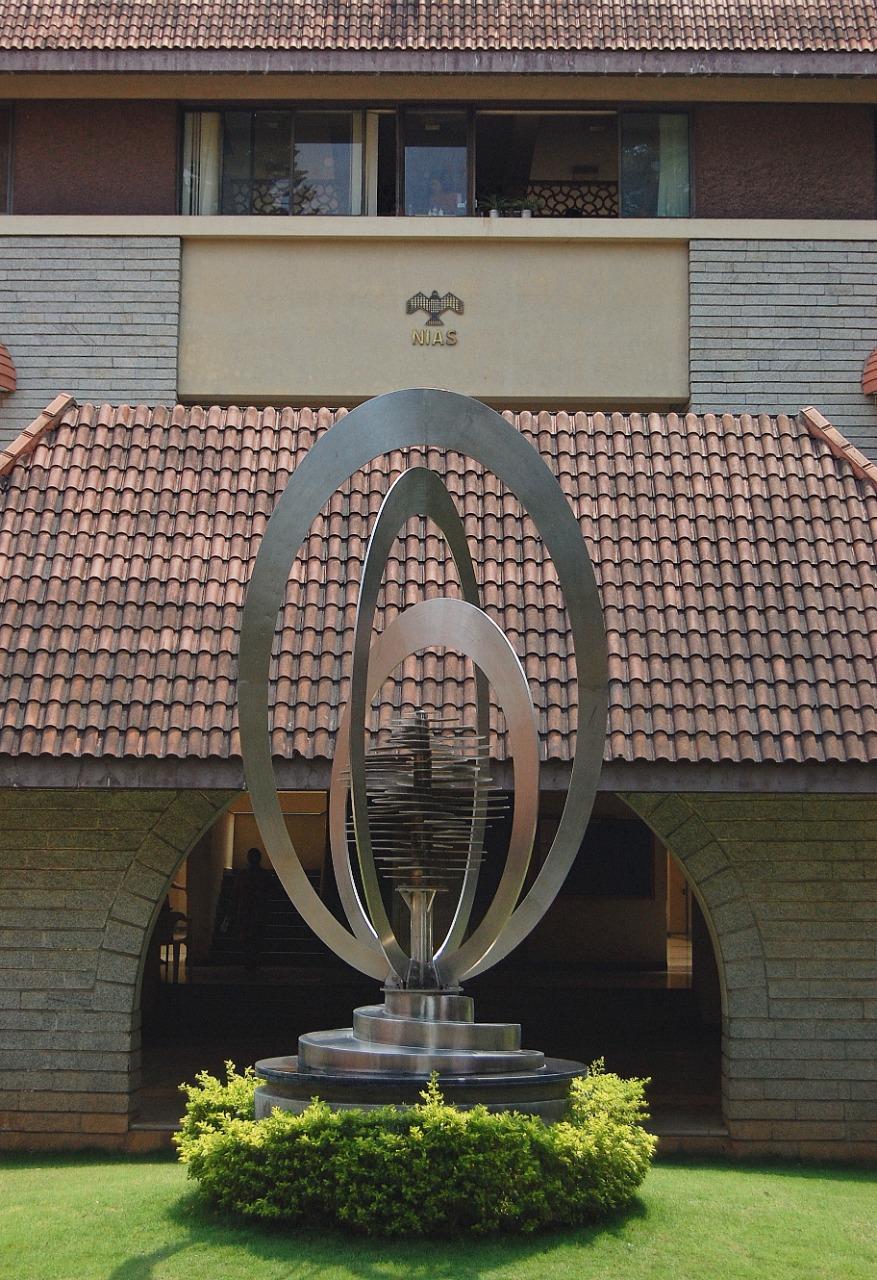
|
Alvite Singh Ningthoujam
Israel-China Arms Trade and the US Factor
ISSSP Reflections No. 13, April 11, 2014 |
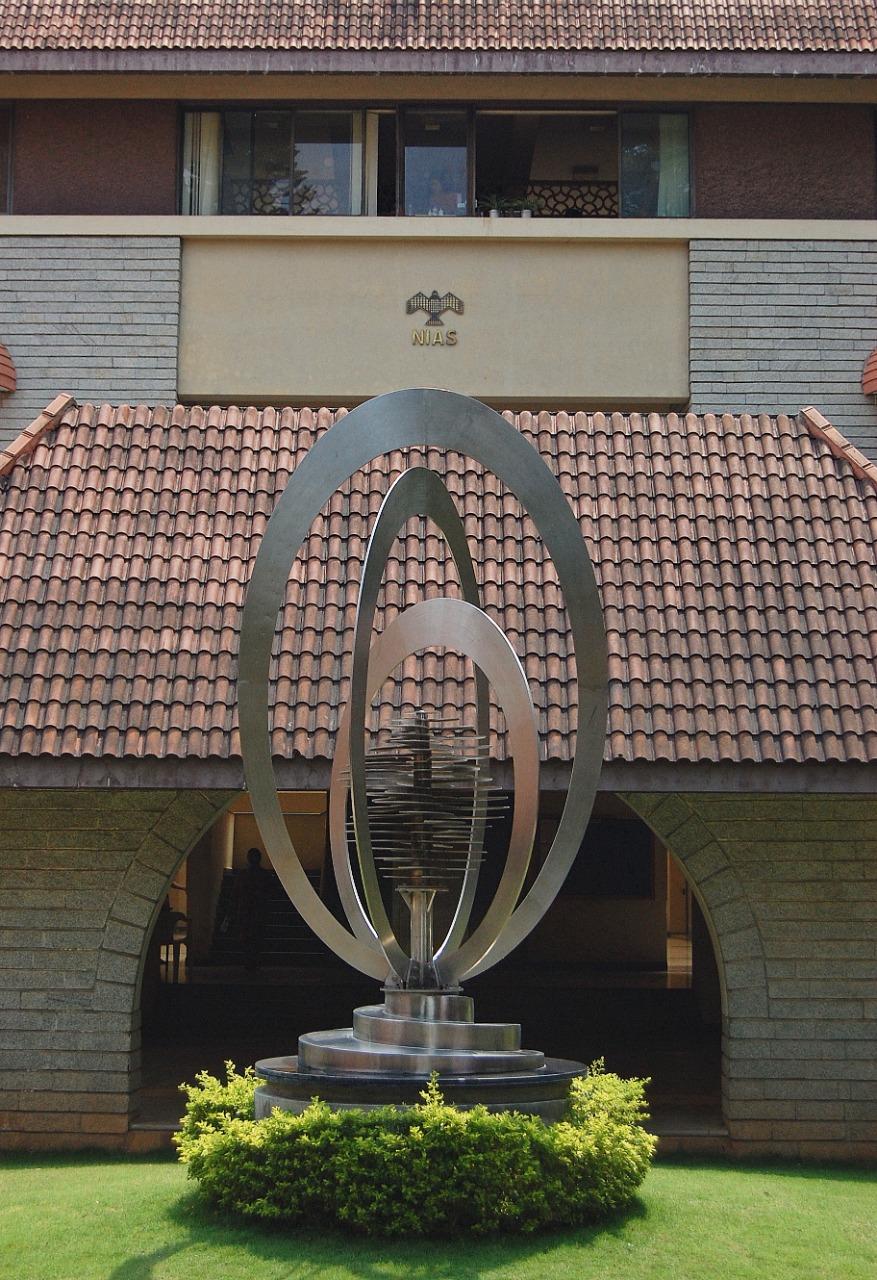
|
Himanil Raina
Russian Intervention in Crimea & Geopolitical Consequences: Legal Perspectives
ISSSP Reflections No. 14, April 17, 2014 |
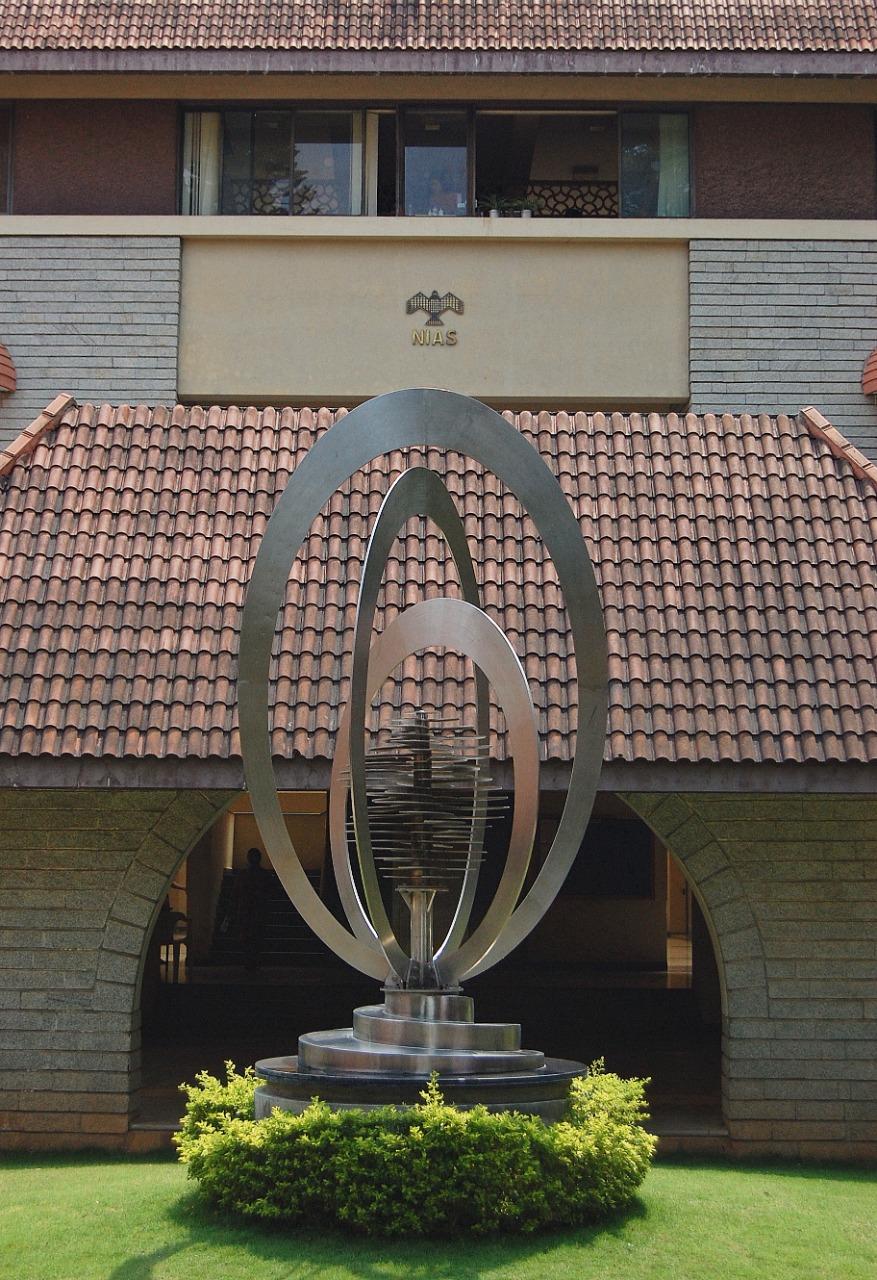
|
Viswesh Rammohan
Research Associate , International Strategic and Security Studies Programme
Lebanon on the Brink: Humanitarian Effects of Syrian conflict
ISSSP Reflections No. 15, May 1, 2014 |
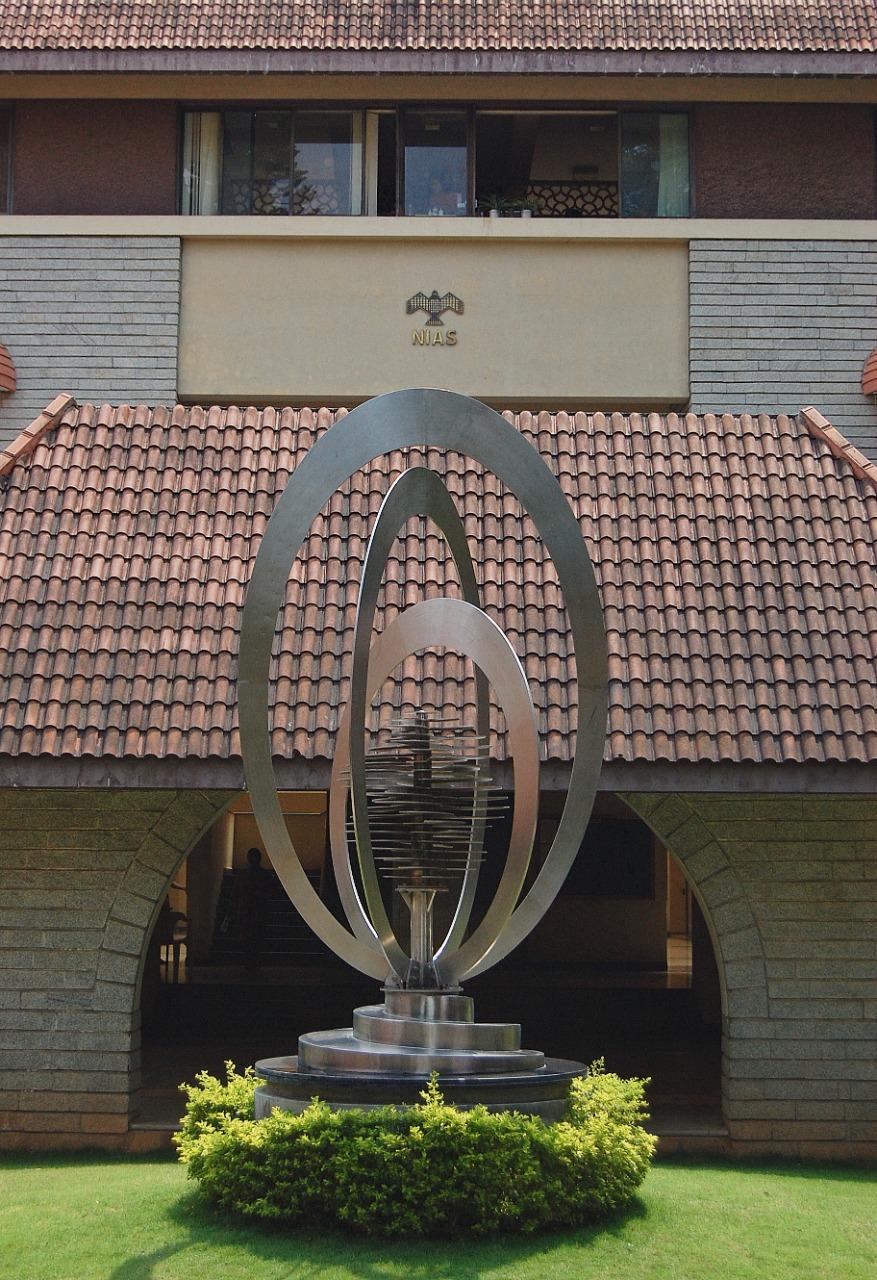
|
Alvite Singh Ningthoujam
South East Asia: The Emerging Market for Israeli Arms
ISSSP Reflections No. 16, May 19, 2014 |
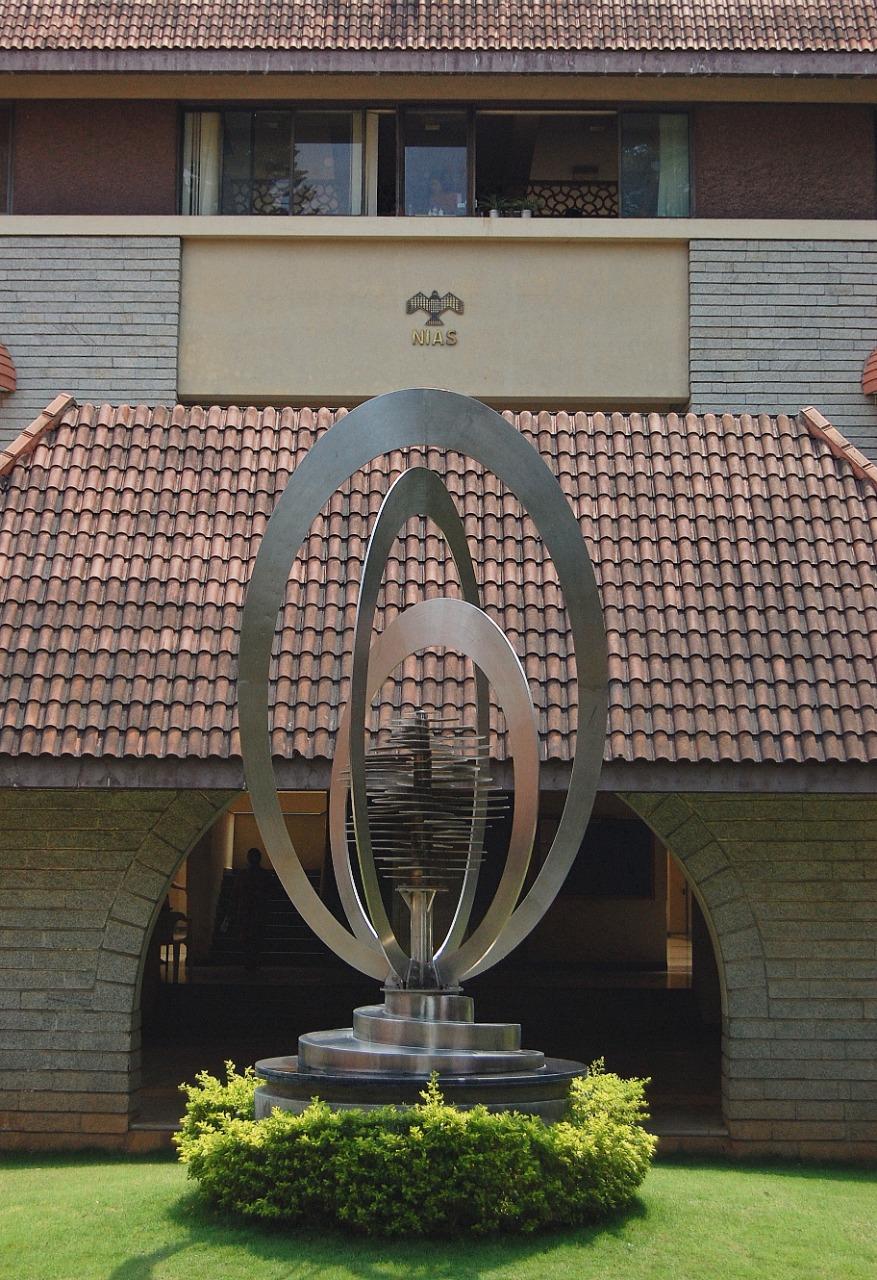
|
Alvite Singh Ningthoujam
FIFA World Cup 2014: A Gateway to Israel-Brazil Defence Ties
ISSSP Reflections No. 17, July 3, 2014 |
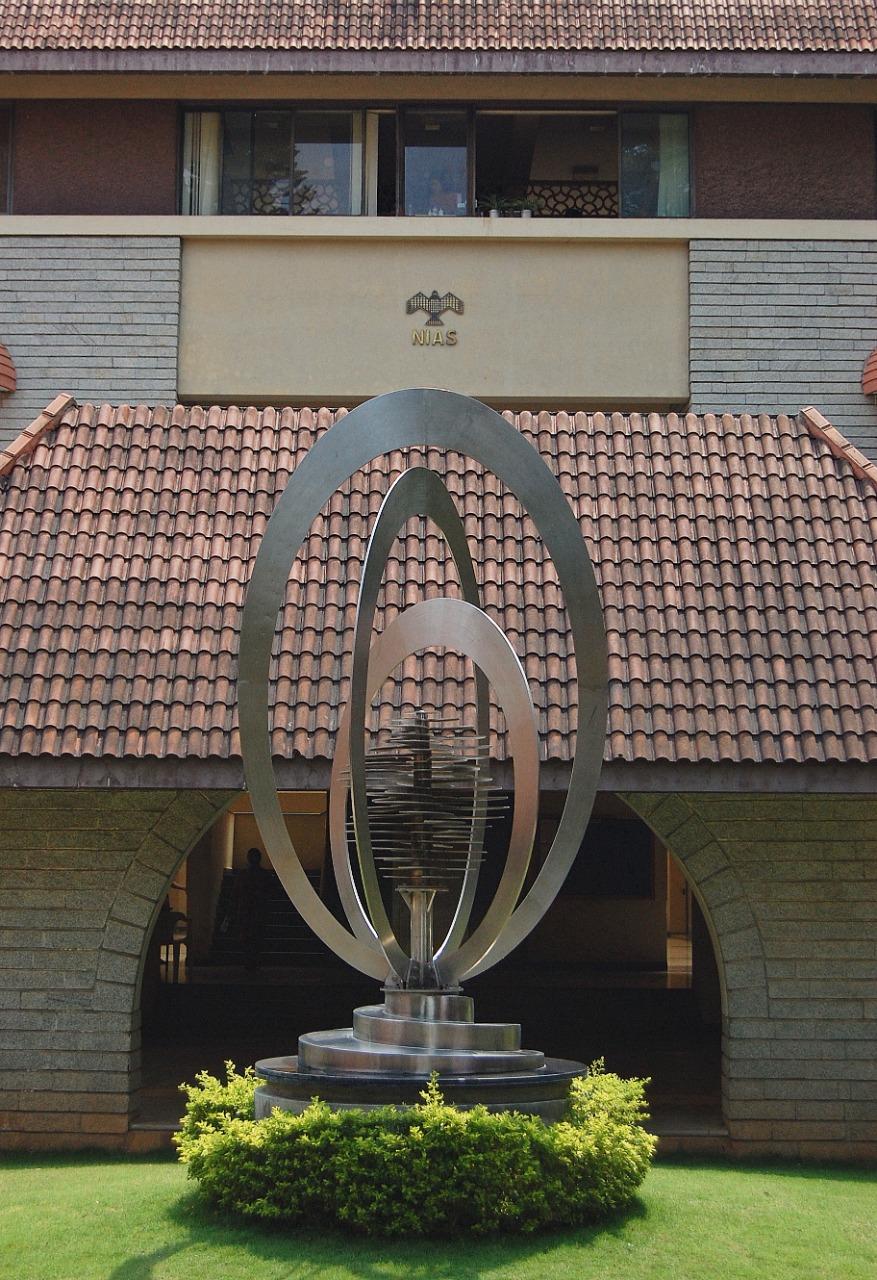
|
Aditi Malhotra
Senior Research Fellow, International Strategic and Security Studies Programme
Indo-Pak discussions on Deterrence Stability in South Asia
ISSSP Reflections No. 18, July 25, 2014 |
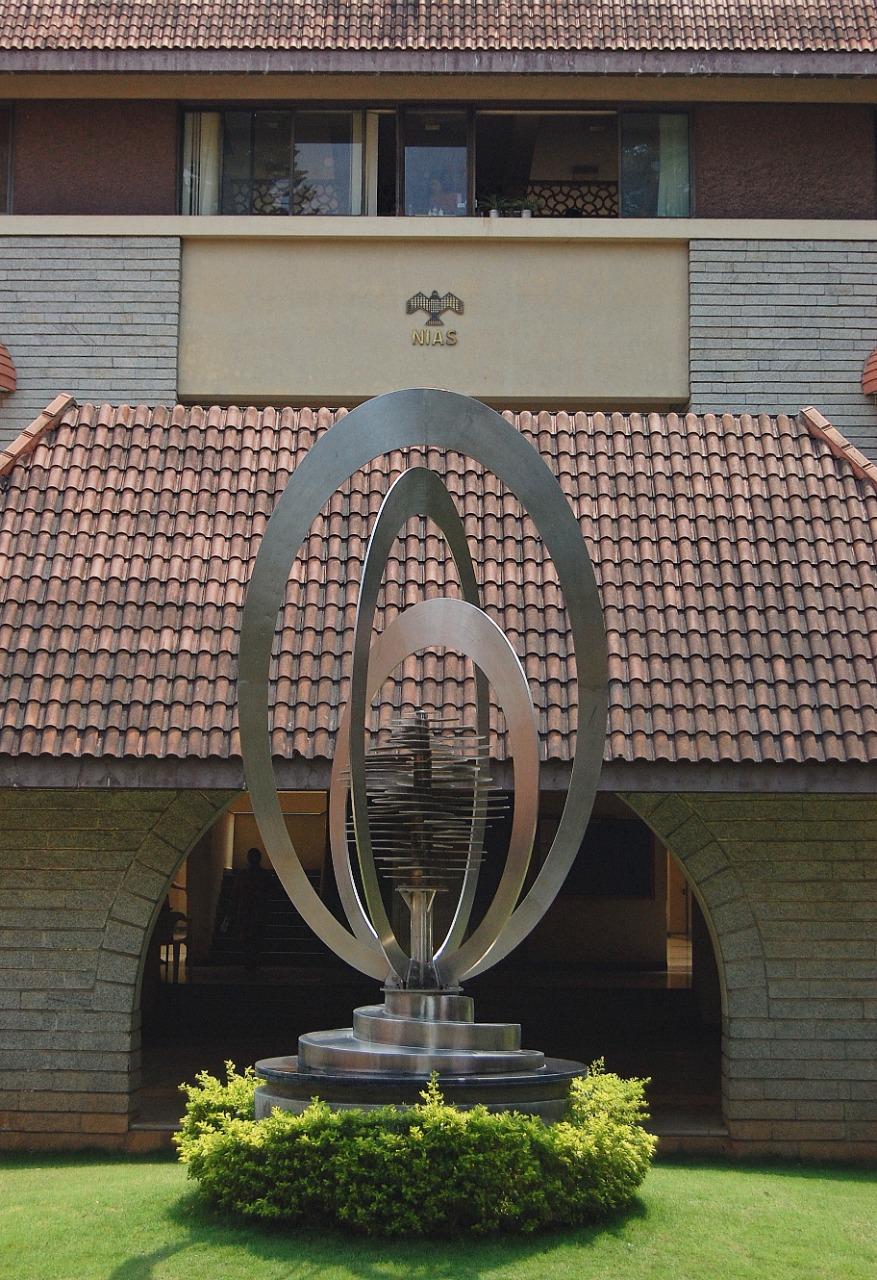
|
M Mayilvaganan, Pallavi Parashar
M Mayilvaganan is Assistant Professor; is Former Research Intern, ISSSP, International Strategic and Security Studies Programme
Return of Kashmiri Pandits: Promises and Uncertainties
ISSSP Reflections No. 19, August 1, 2014 |
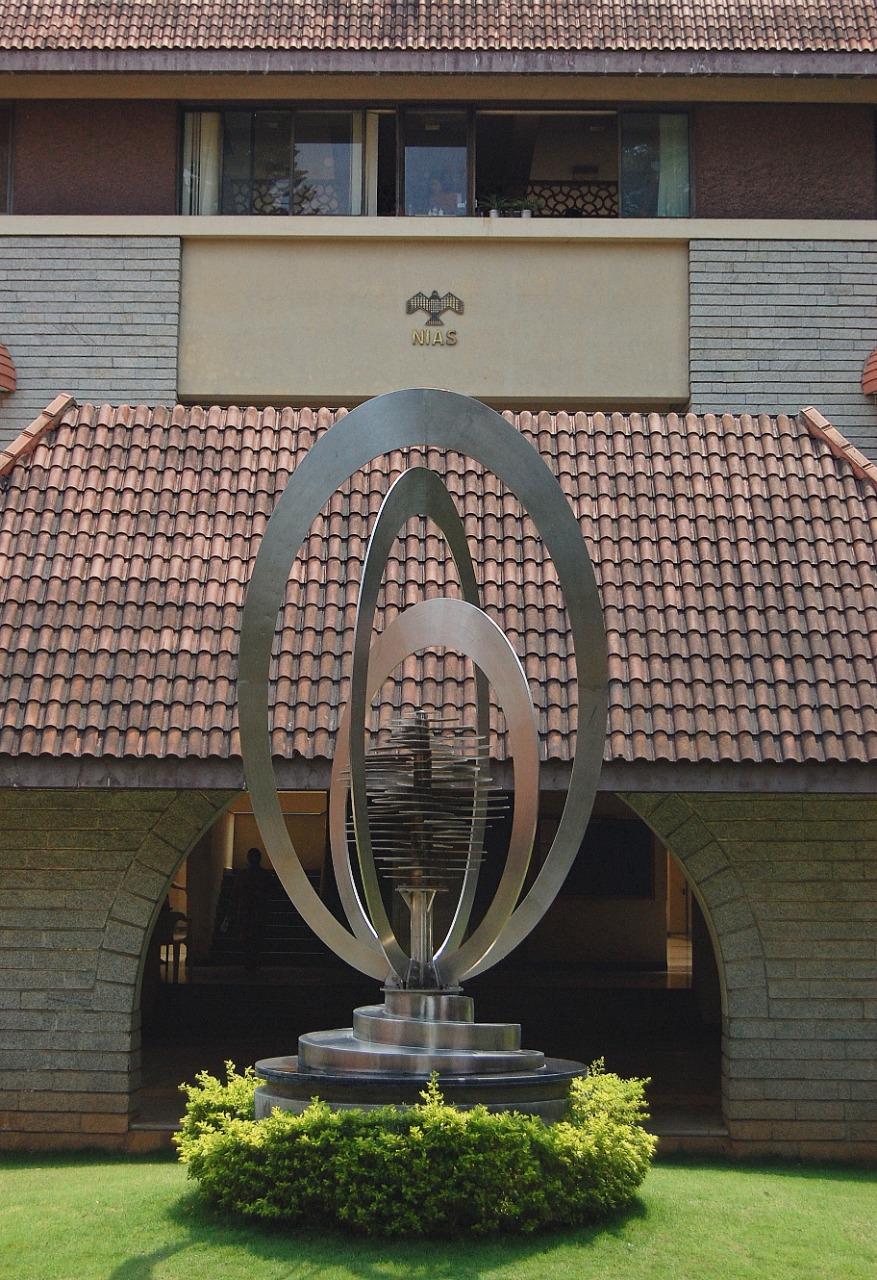
|
Sadhavi Chauhan
Senior Research Fellow, International Strategic and Security Studies Programme
India Vietnam Cooperation: Implementing India’s Act East Policy
ISSSP Reflections No. 20, September 12, 2014 |
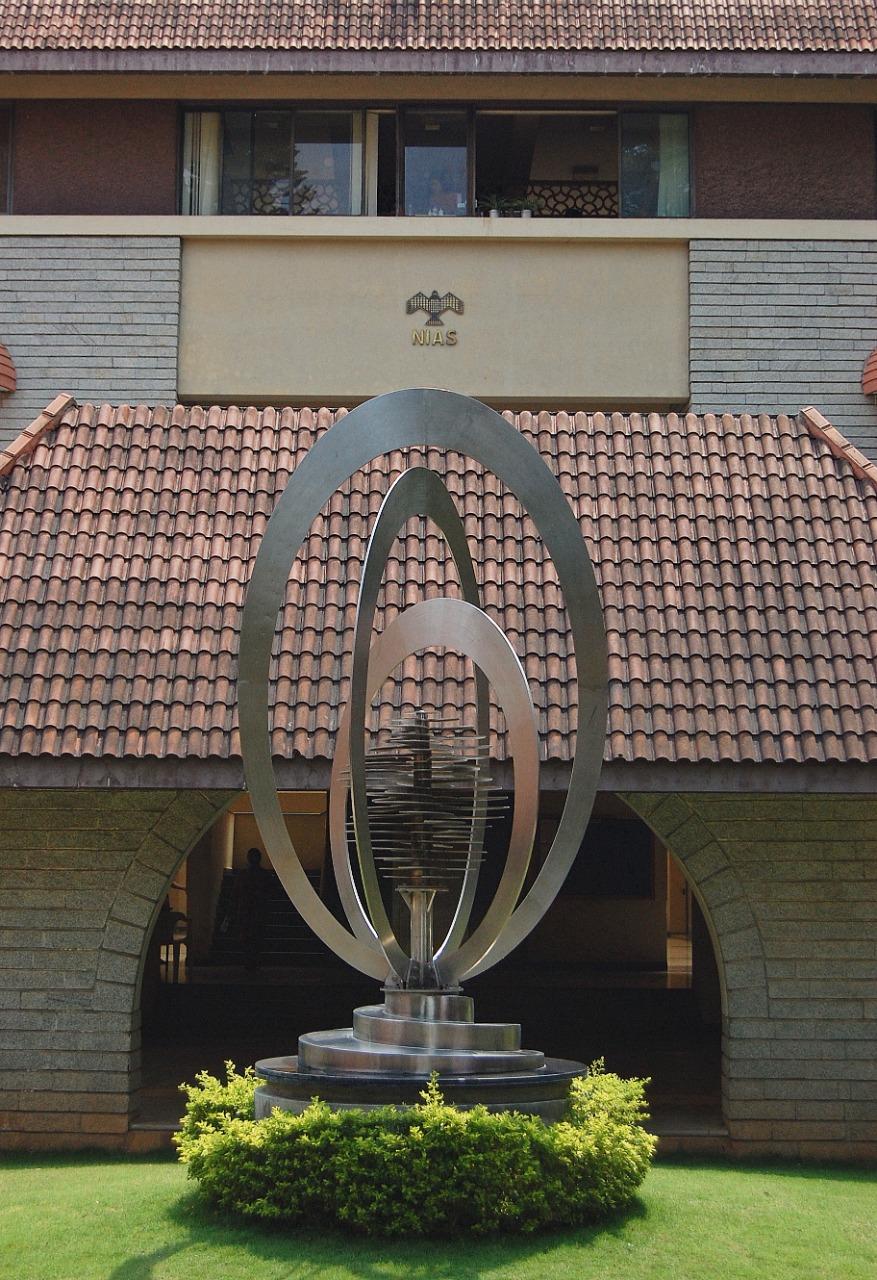
|
Ramya P S
Junior Research Fellow, International Strategic and Security Studies Programme
The Political Crisis in Pakistan: Are There Any Victors?
ISSSP Reflections No. 21, October 7, 2014 |
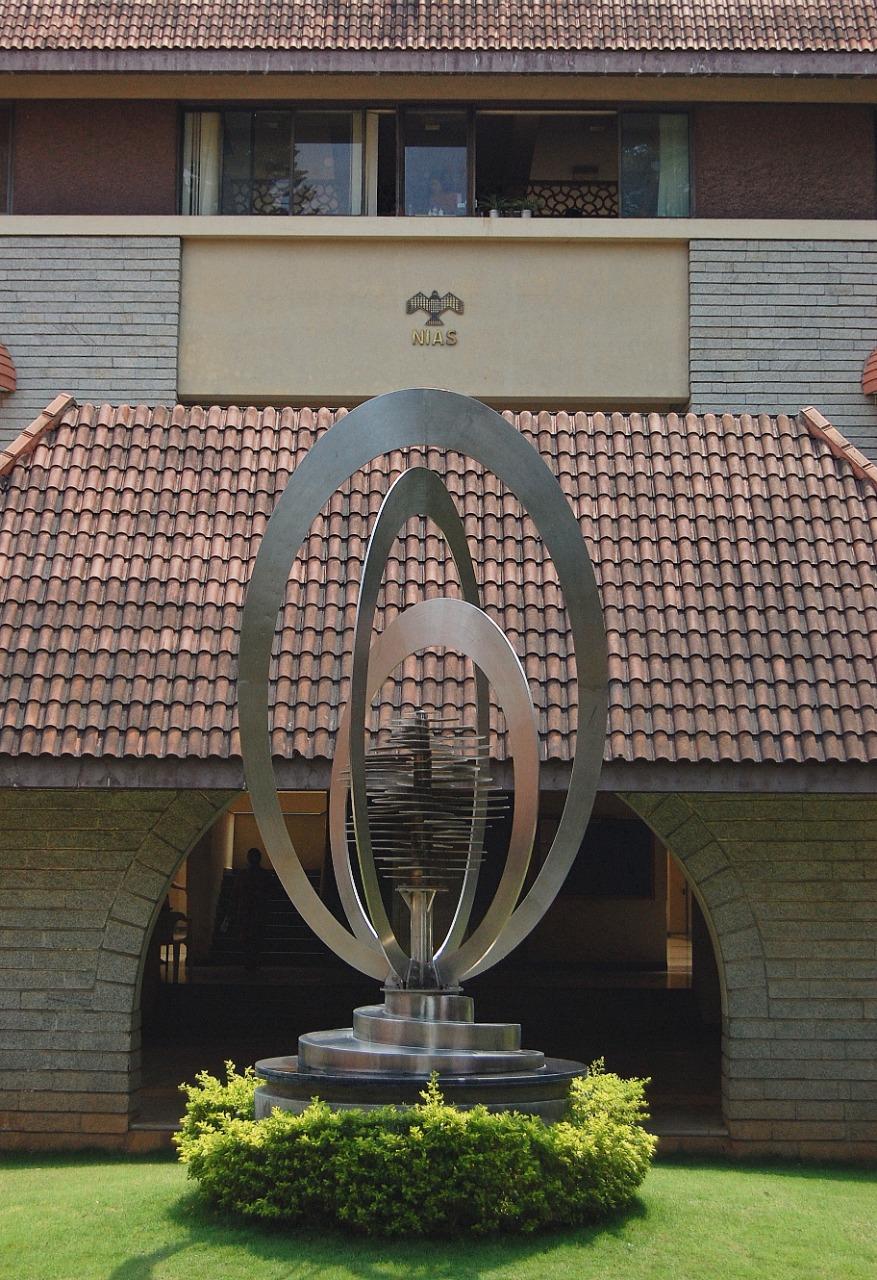
|
Arun Vishwanathan
Assistant Professor, International Strategic and Security Studies Programme
Reminisces of the 13th RCSS Summer Workshop
ISSSP Reflections No. 22, October 14, 2014 |
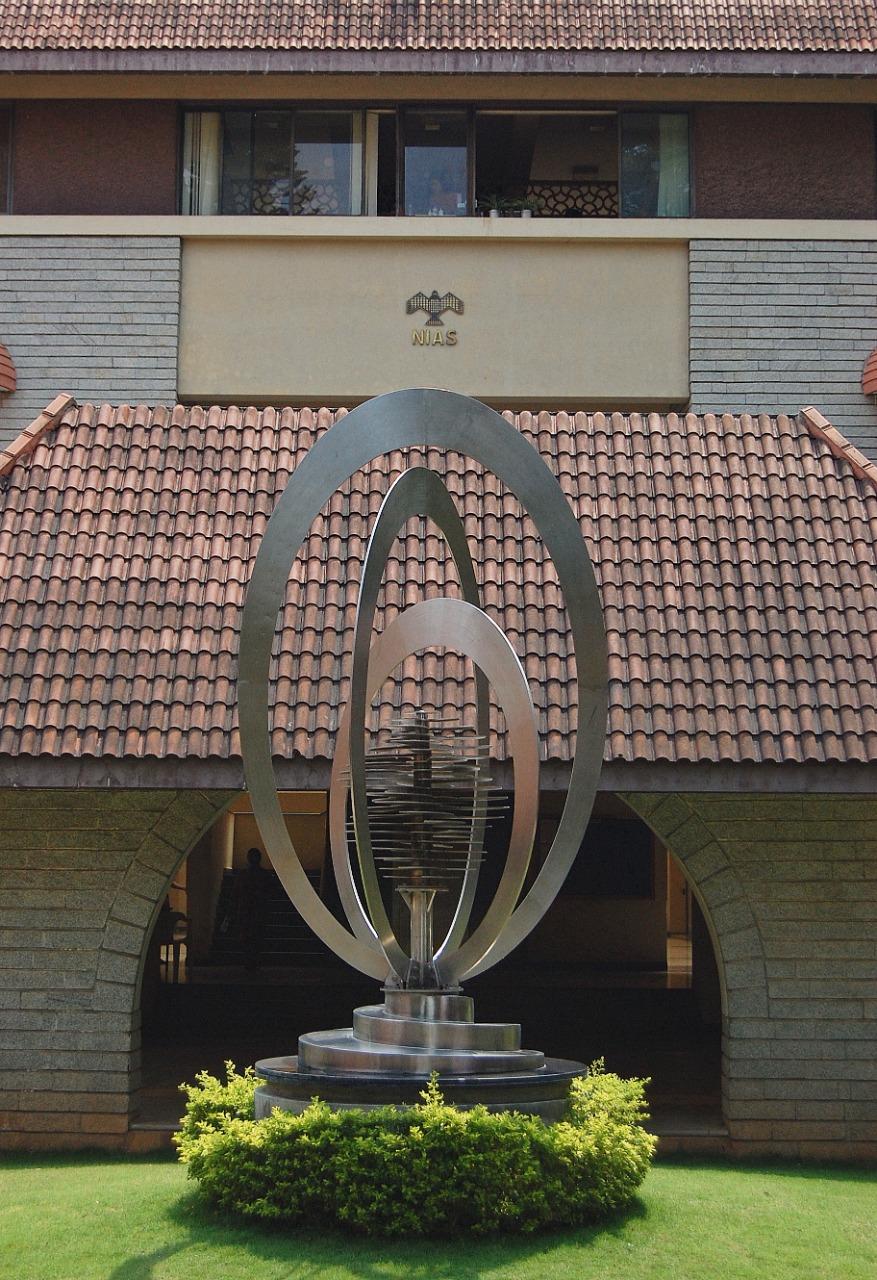
|
Arun Vishwanathan
Most Read in 2014: Top 10 ISSSP Analyses
ISSSP Reflections No. 23, January 1, 2015 |
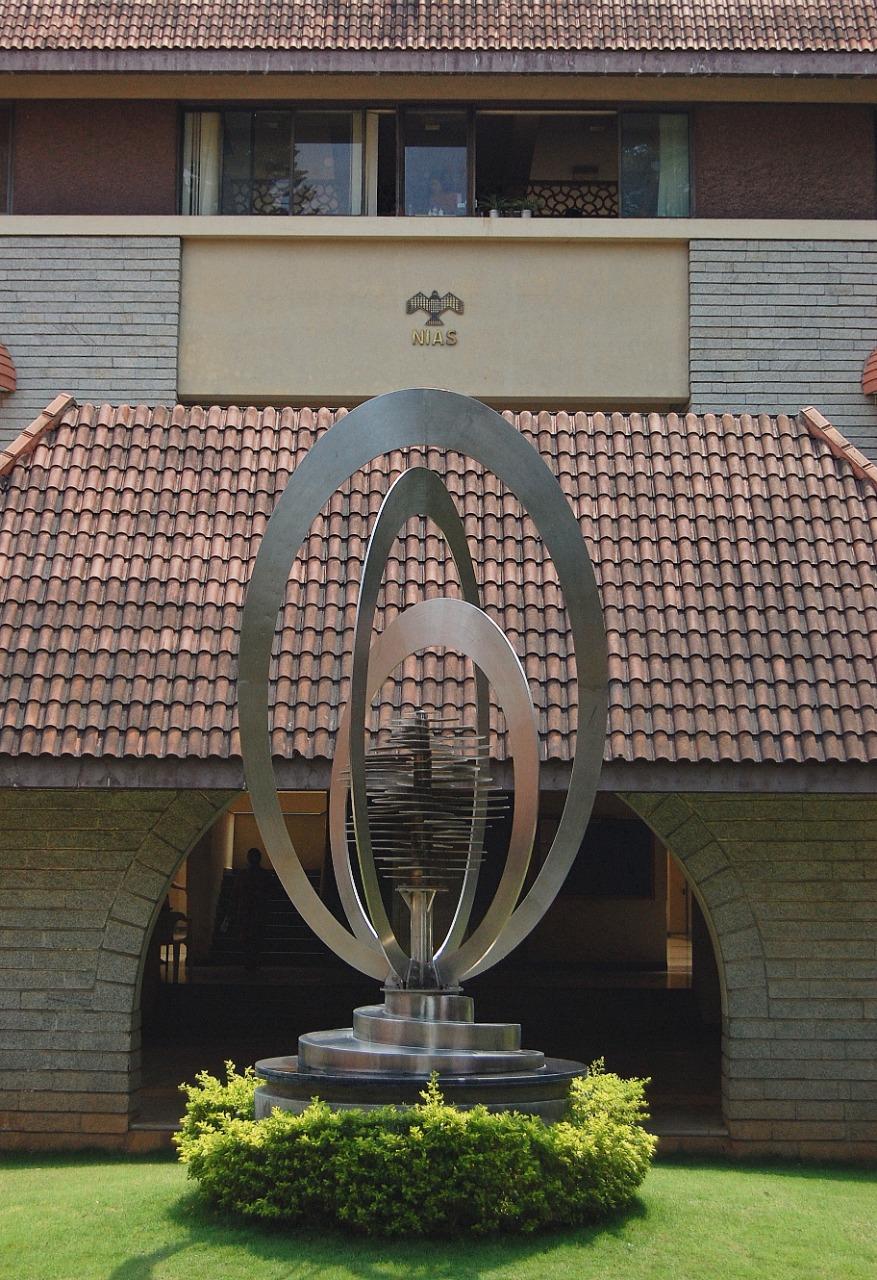
|
Ramya P S
Junior Research Fellow, International Strategic and Security Studies Programme
Review Essay: Pakistan and the Army- A Way of Life
ISSSP Reflections No. 24, January 9, 2015 |
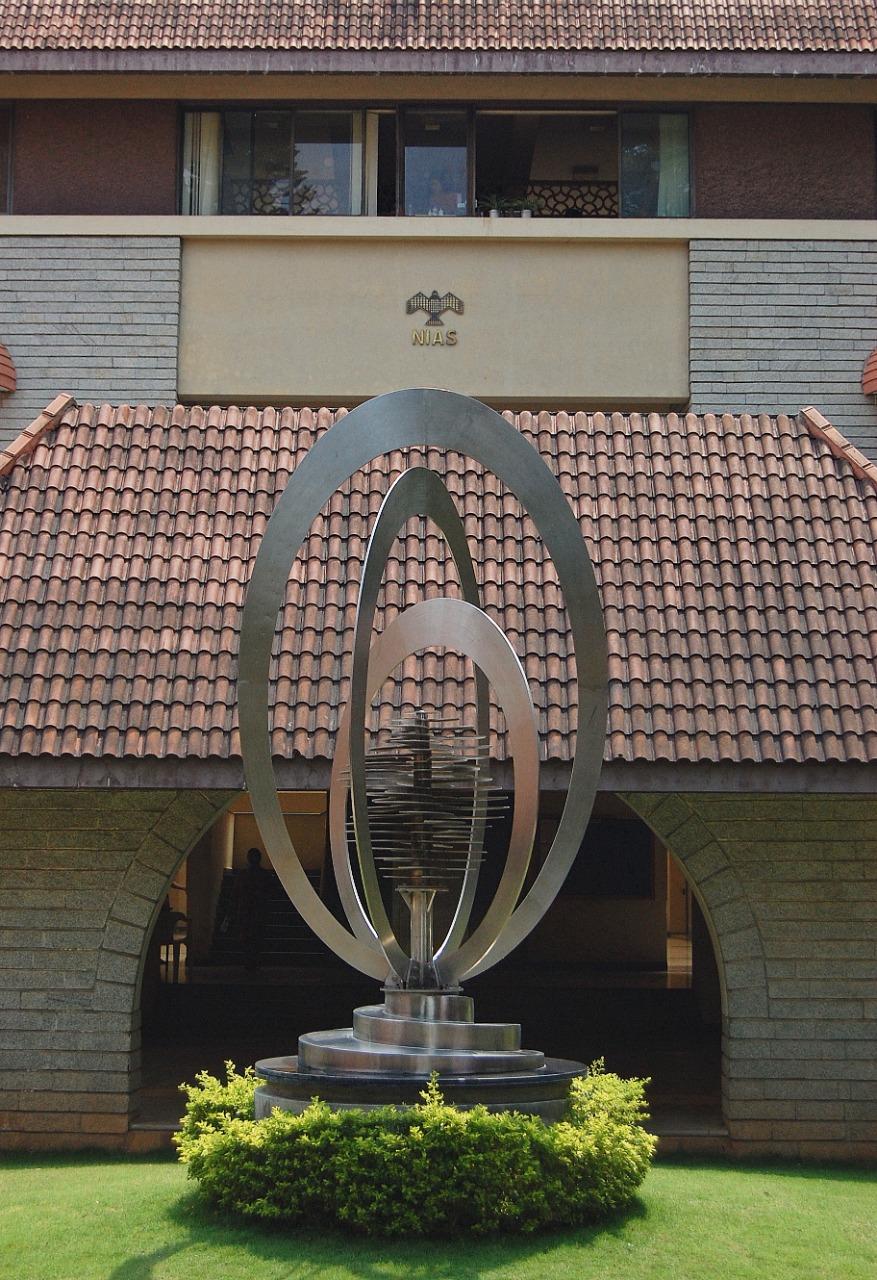
|
Suparna Banerjee, Ramya PS
Junior Research Fellow, International Strategic and Security Studies Programme
Myanmar’s Kokang Challenge and China
ISSSP Reflections No. 25, April 10, 2015 |
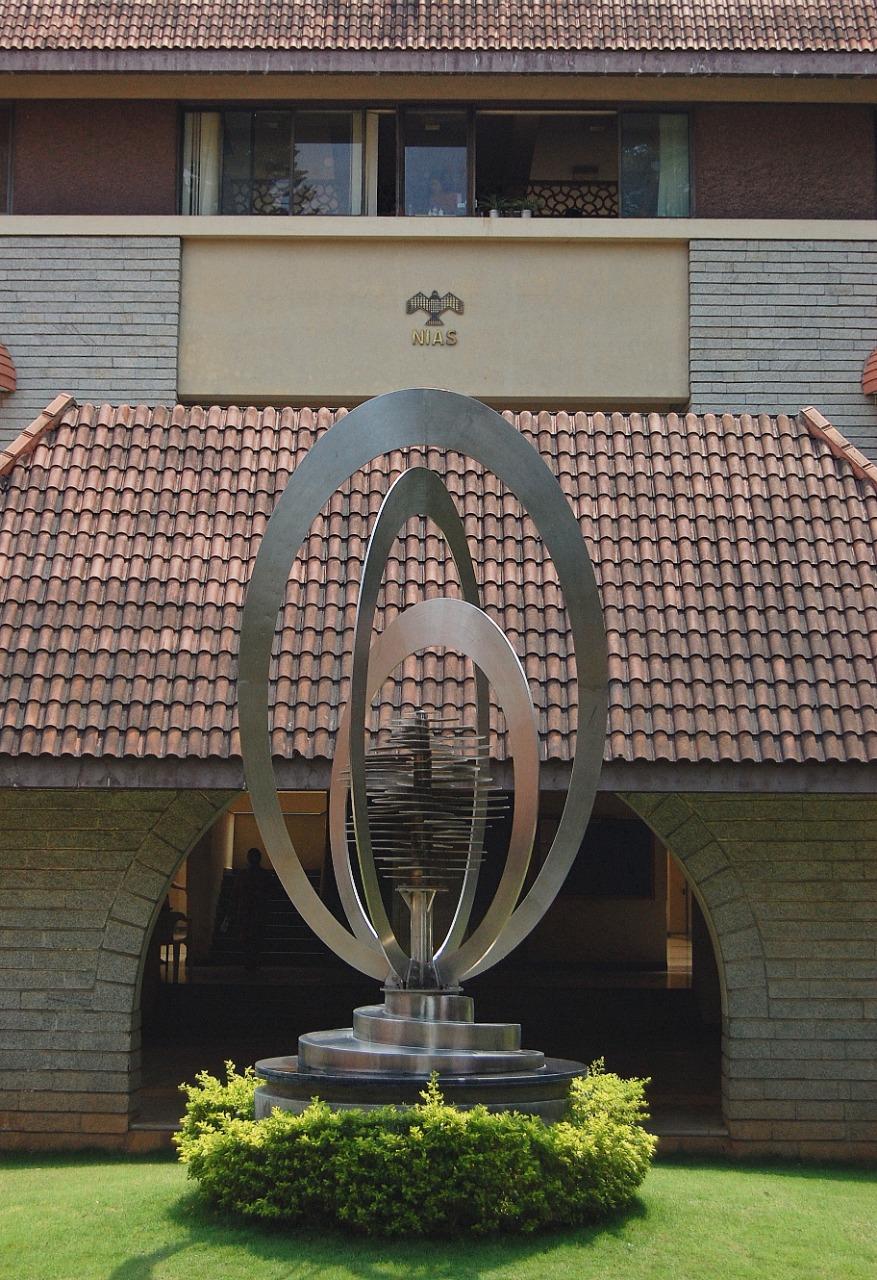
|
Meenakshi Viswanathan
Research Intern, International Strategic and Security Studies Programme
Senkaku/Daioyu Islands: Significance, Challenges and Opportunities
ISSSP Reflections No. 25, April 10, 2015 |
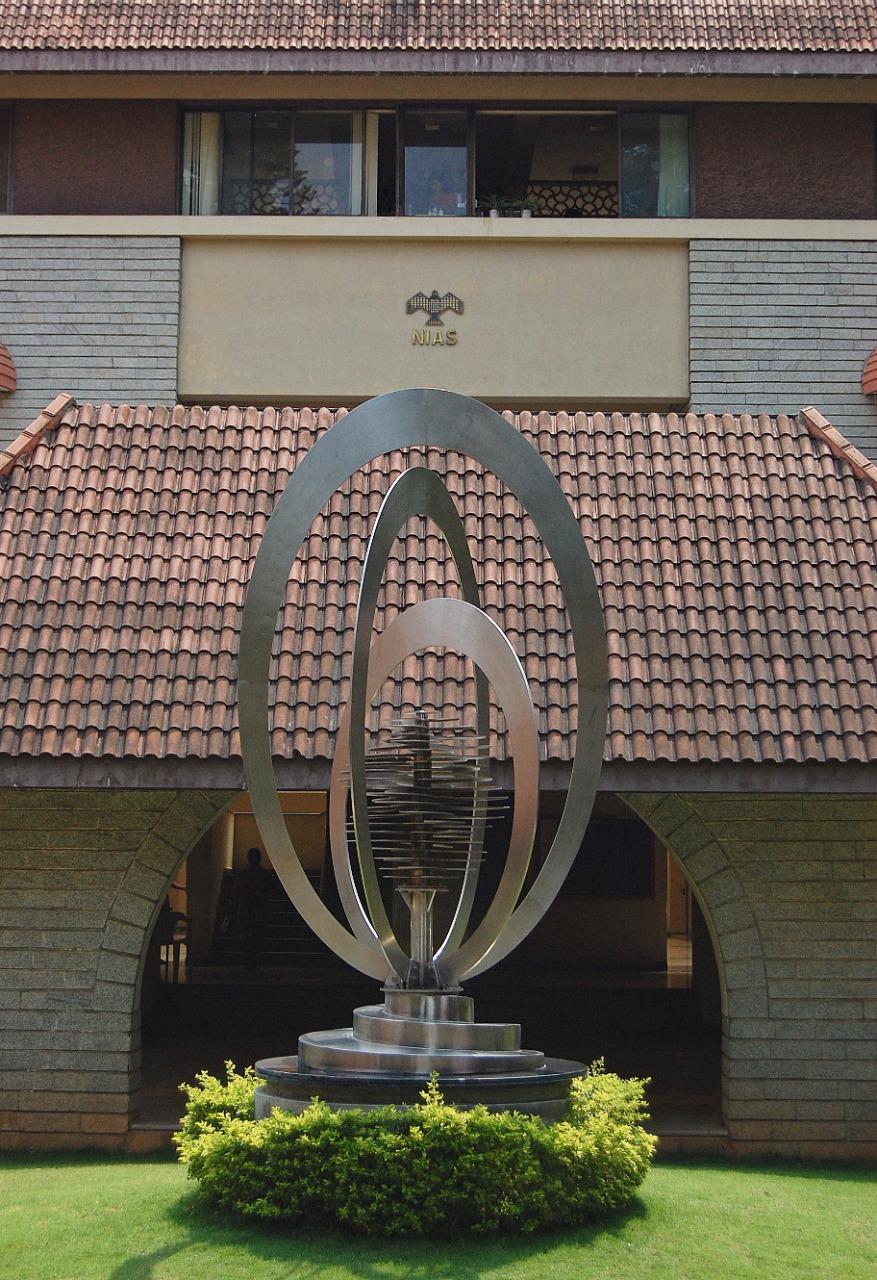
|
L V Krishnan
Uranium in India: Availability, Use and Controls
ISSSP Reflections No. 27, June 22, 2015 |
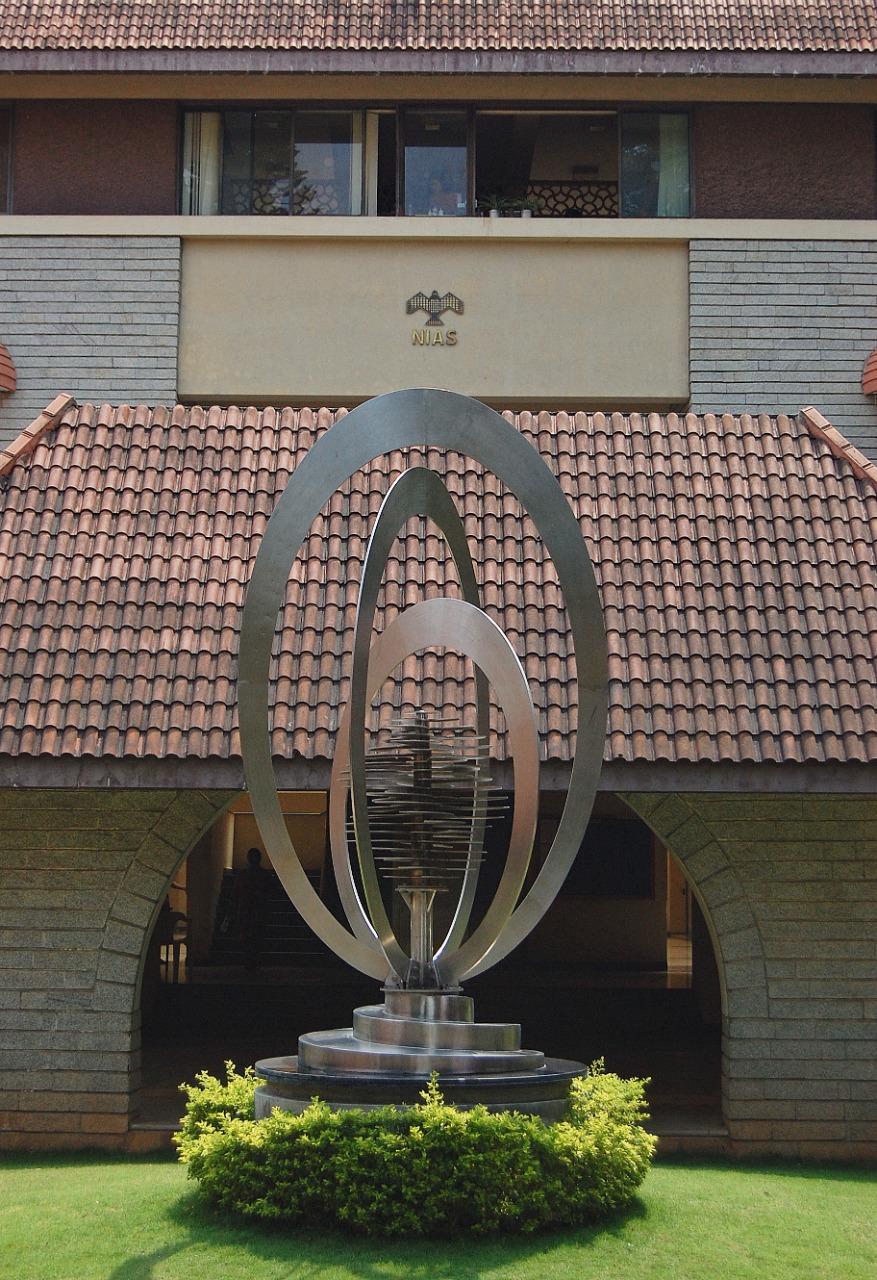
|
Summaiya Khan
International Civil Nuclear Liability Regime and India: A Comparative Assessment
ISSSP Reflections No. 28, July 13, 2015 |
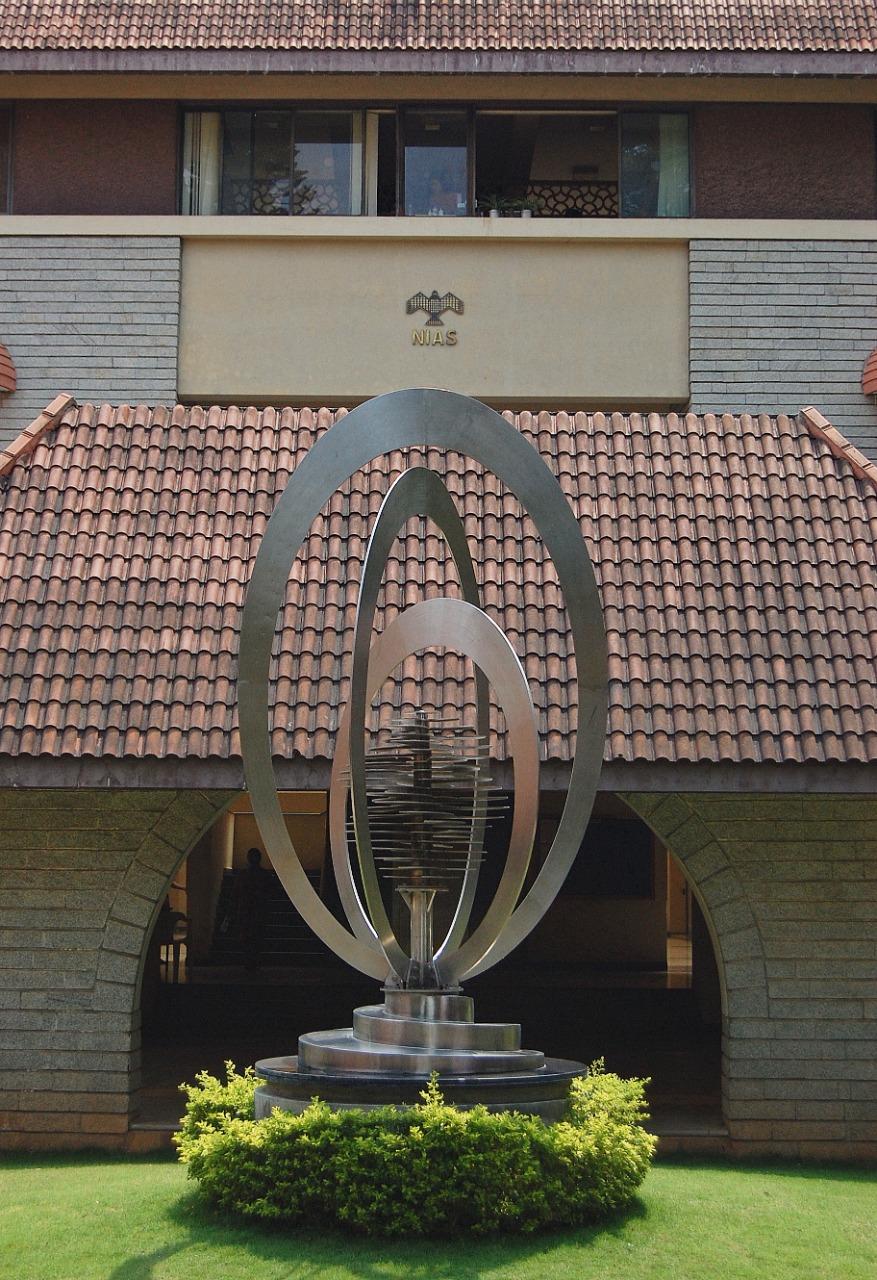
|
Summaiya Khan
Civil Nuclear Liability Regime and Indian Nuclear Power Sector
ISSSP Reflections No. 29, July 23, 2015 |
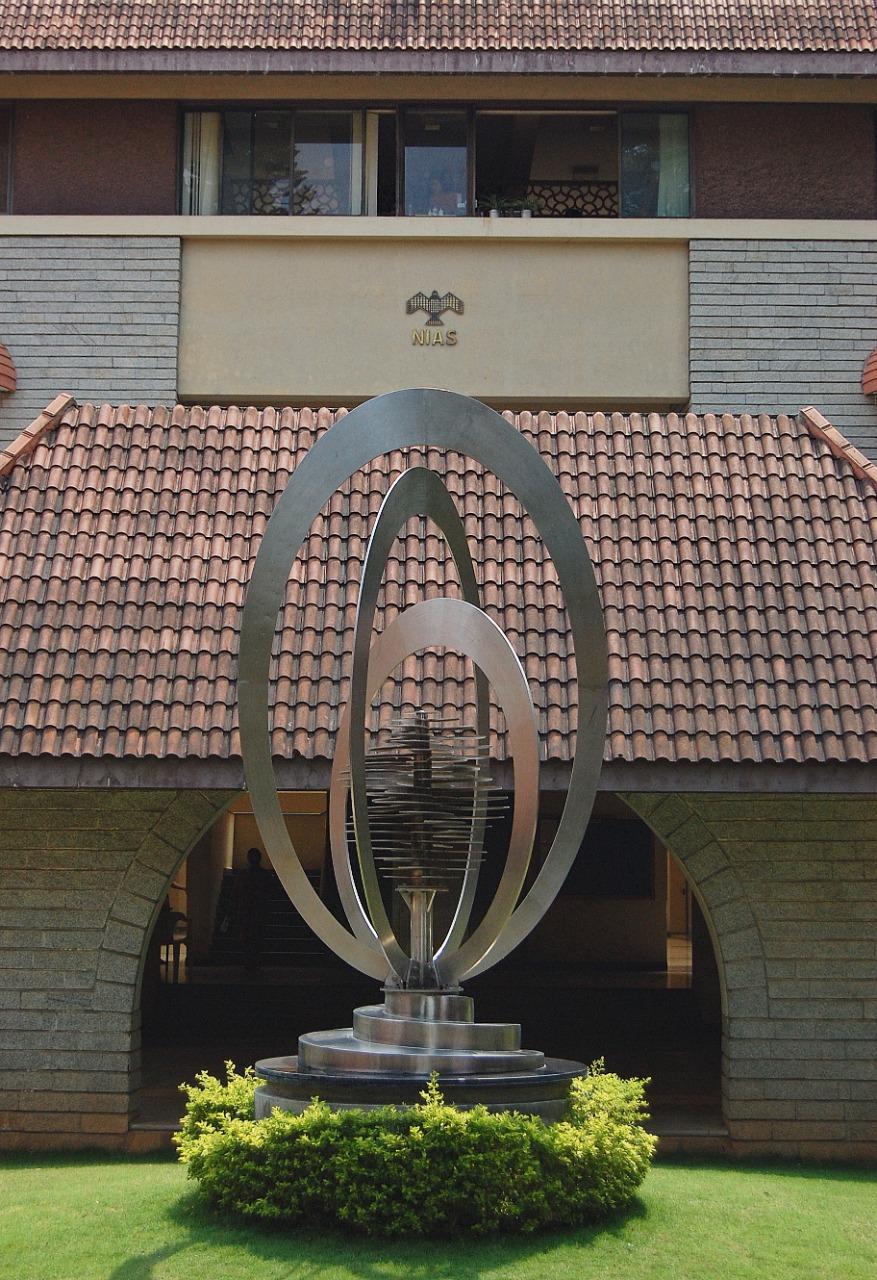
|
Ajey Lele
Wearable Military Technologies
ISSSP Reflections No. 30, October 30, 2015 |
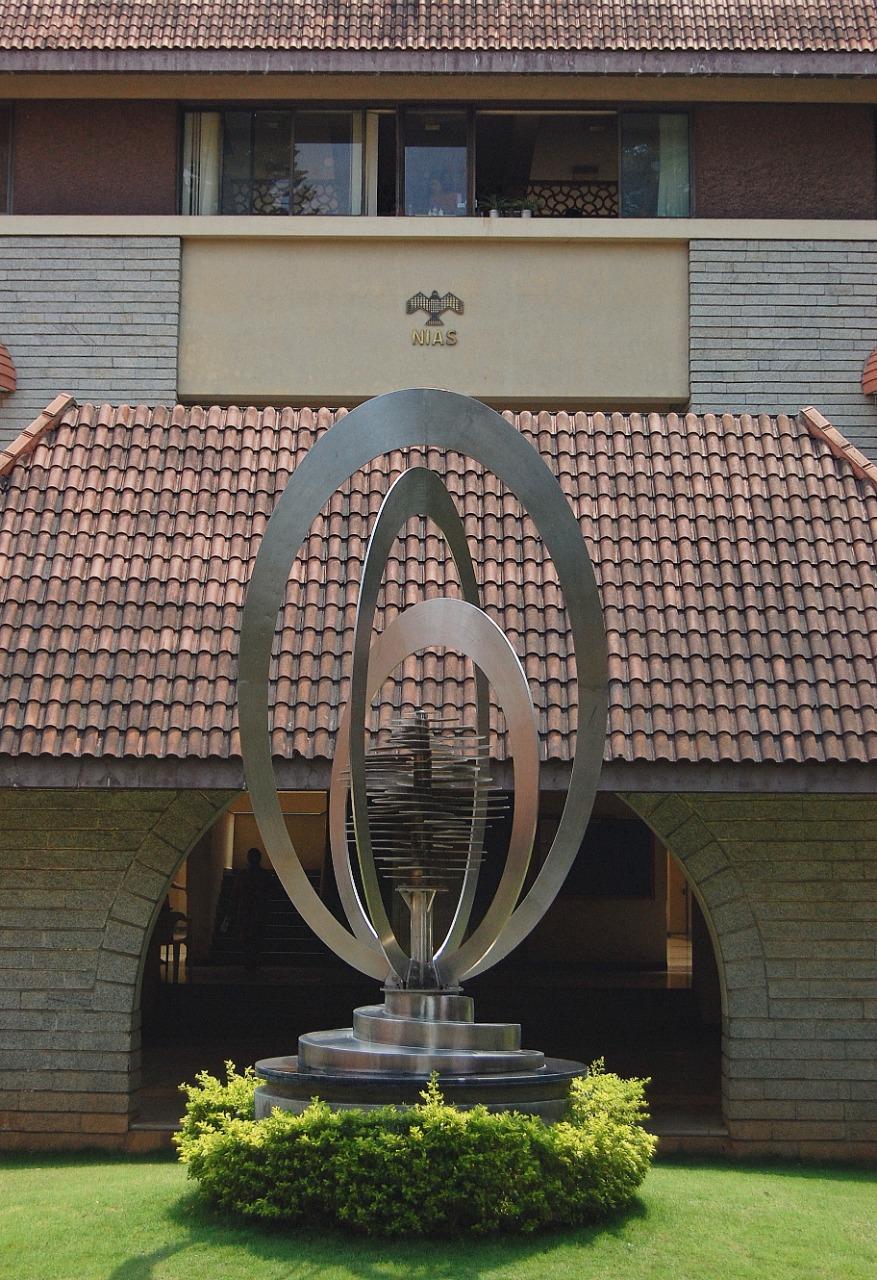
|
Riffath Khaji
Junior Research Fellow, International Strategic and Security Studies Programme
Civil-Military Dynamics in Pakistan: Pak Army in the NSA’s seat
ISSSP Reflections No. 31, November 30, 2015 |
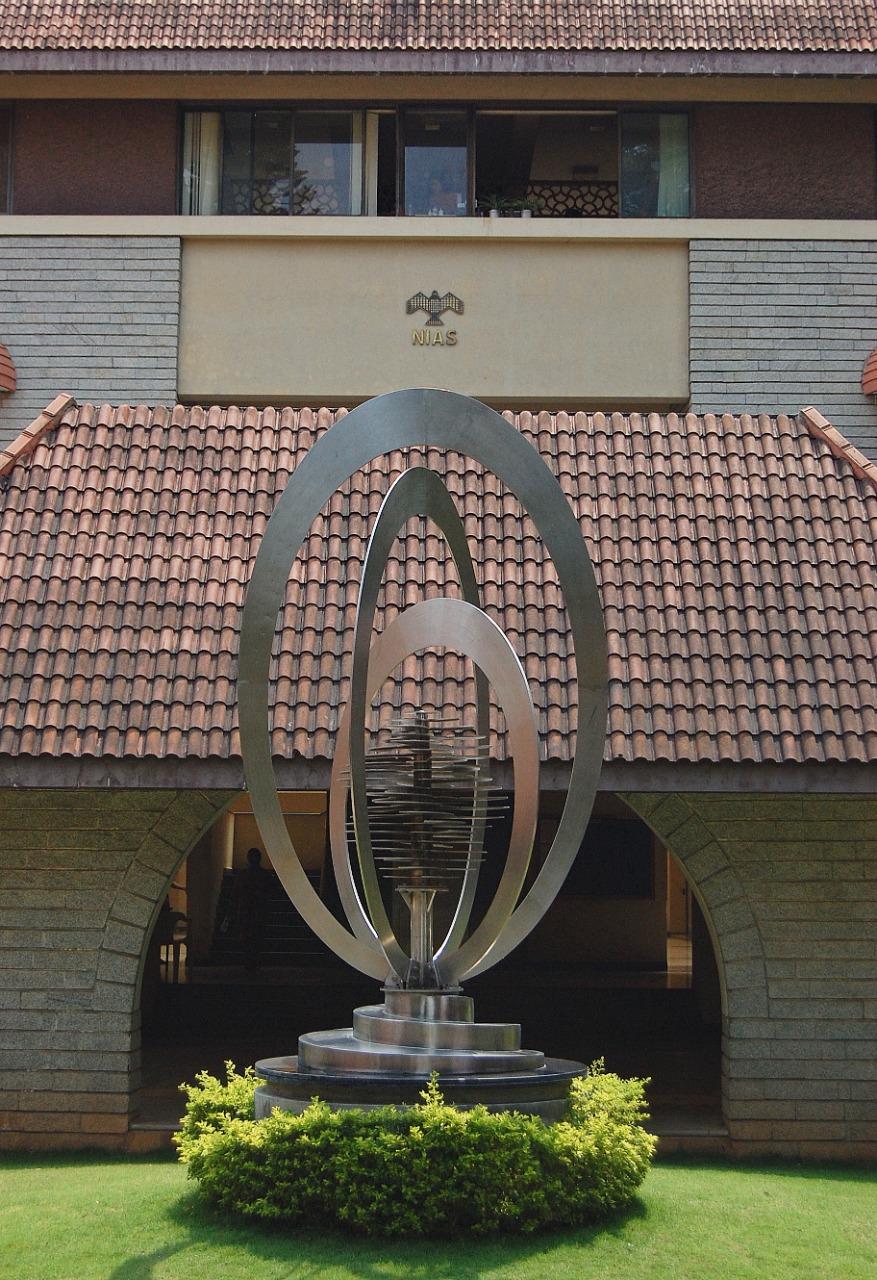
|
Kaveri Ashok
Junior Research Fellow, International Strategic and Security Studies Programme
Negotiating with DPRK: Lessons from the Past
ISSSP Reflections No. 32, December 4, 2015 |
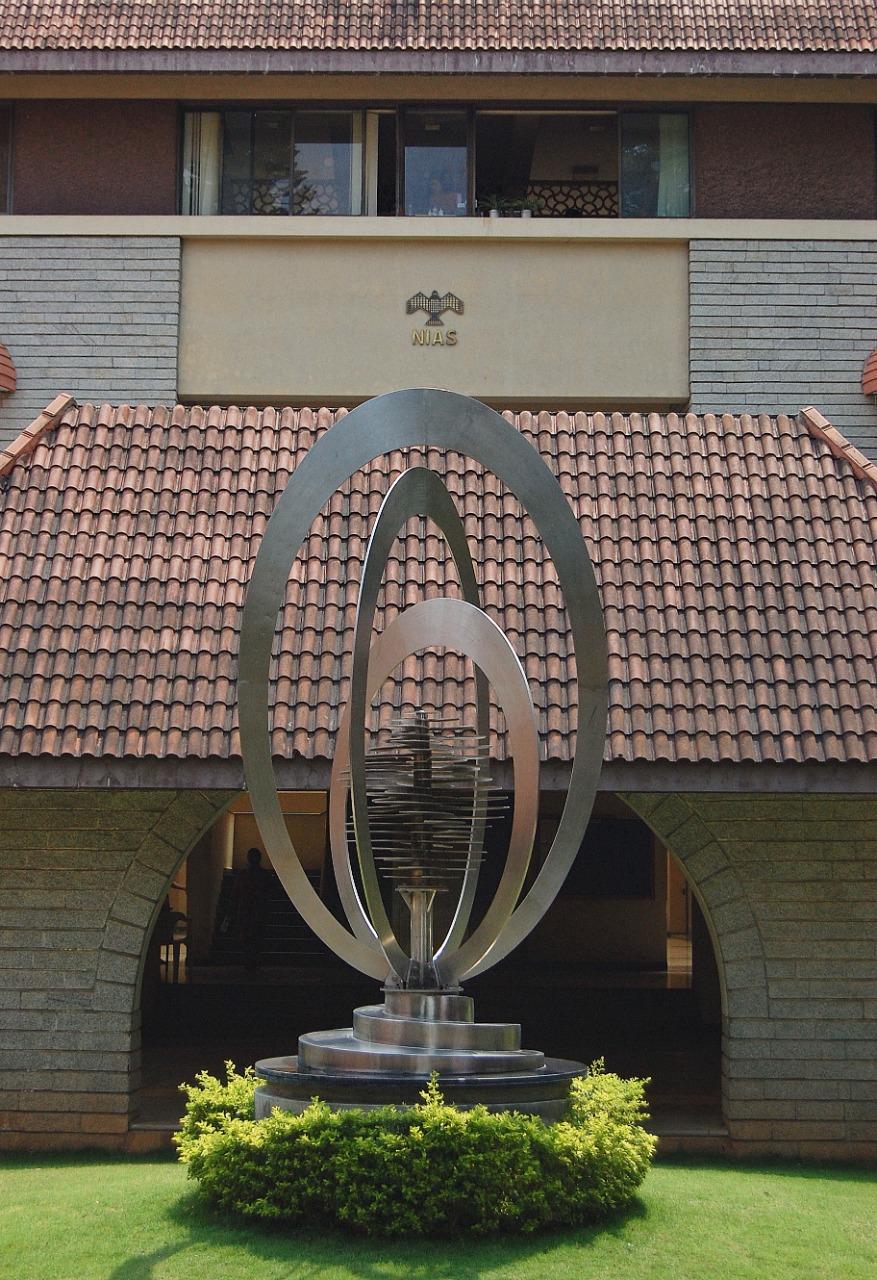
|
Arundhati Ghose
India and the CTBT negotiations
ISSSP Reflections No. 33, December 9, 2015 |
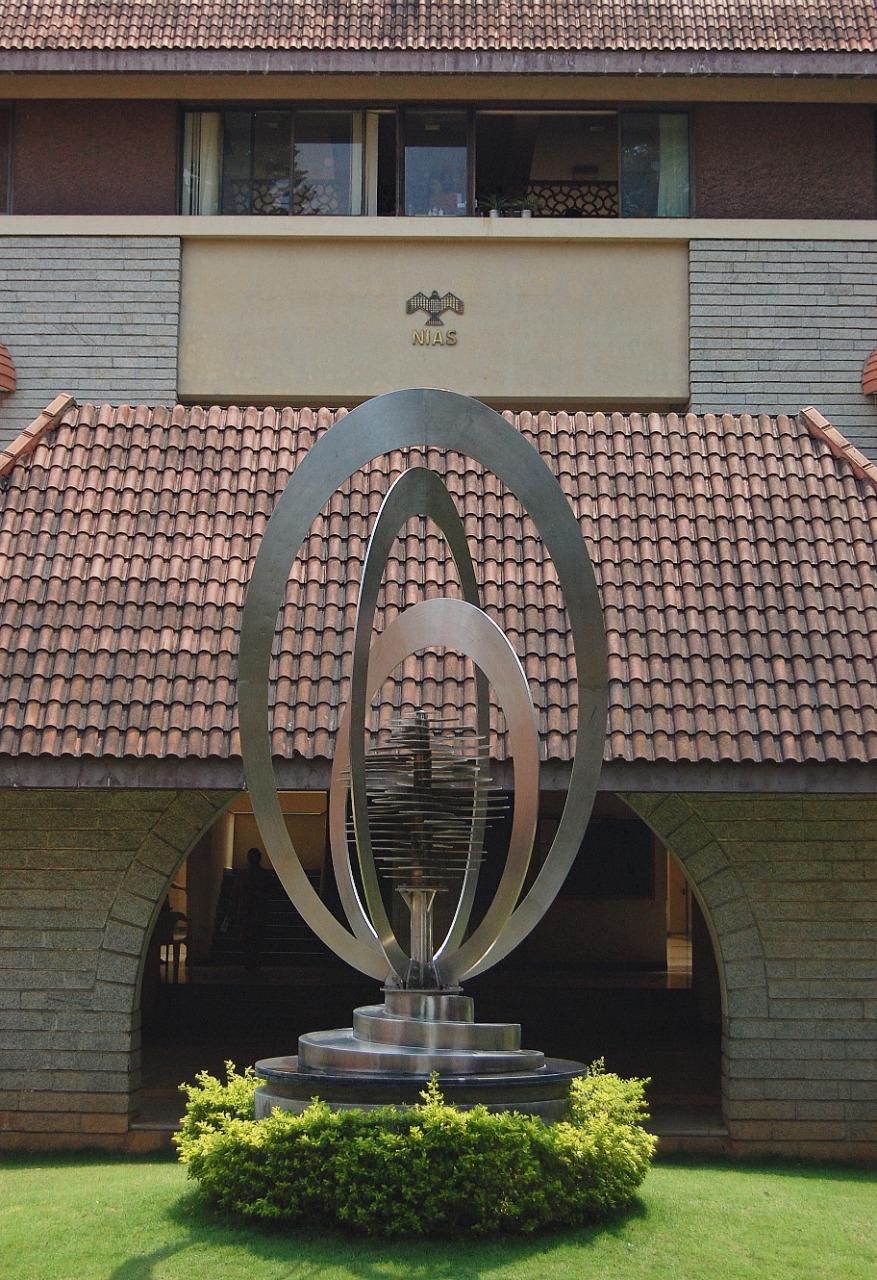
|
Arun Vishwanathan
Assistant Professor, International Strategic and Security Studies Programme
The Iranian nuclear fatwa that never was
ISSSP Reflections No. 33, December 9, 2015 |
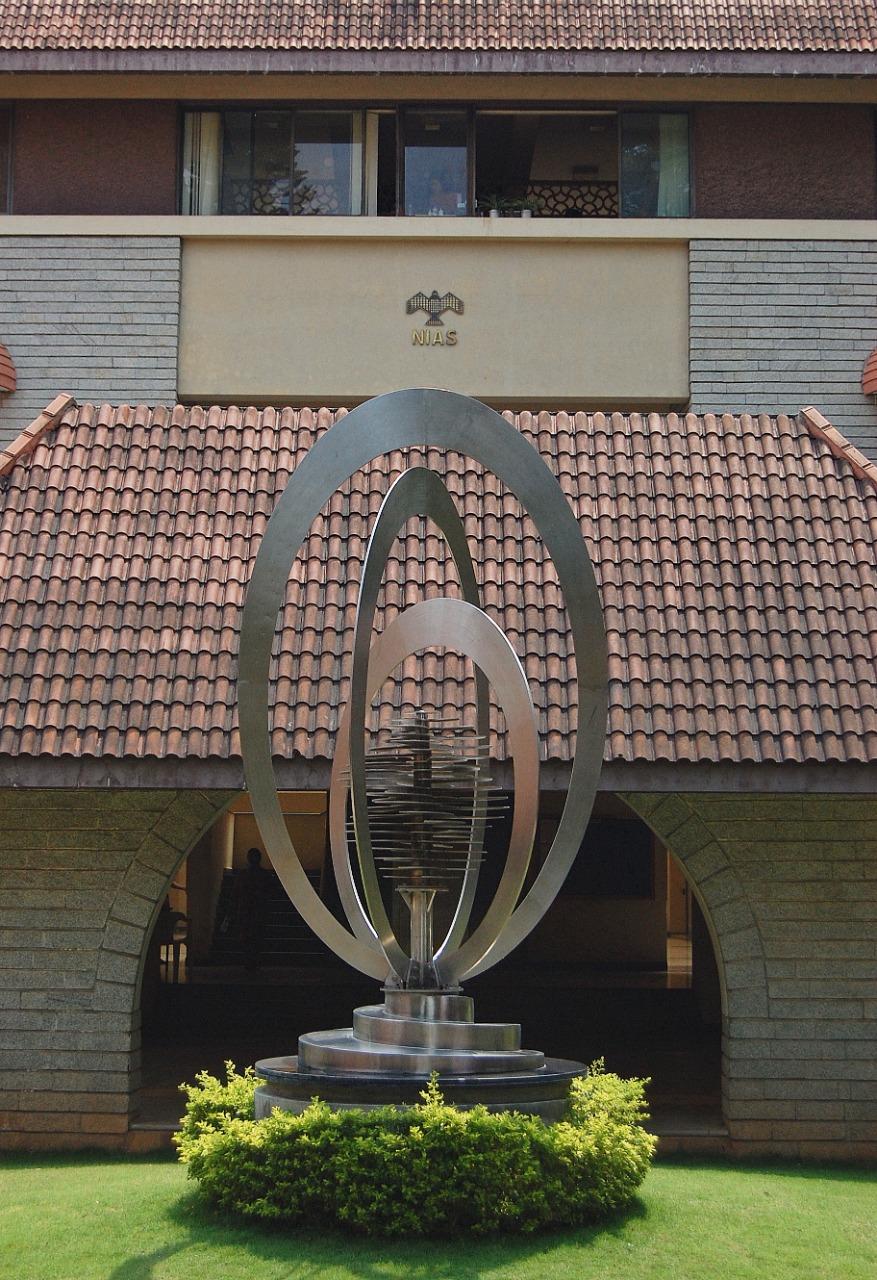
|
L V Krishnan
Adjunct Faculty, International Strategic and Security Studies Programme
Tracing HEU used for peaceful purposes
ISSSP Reflections No. 35, December 31, 2015 |
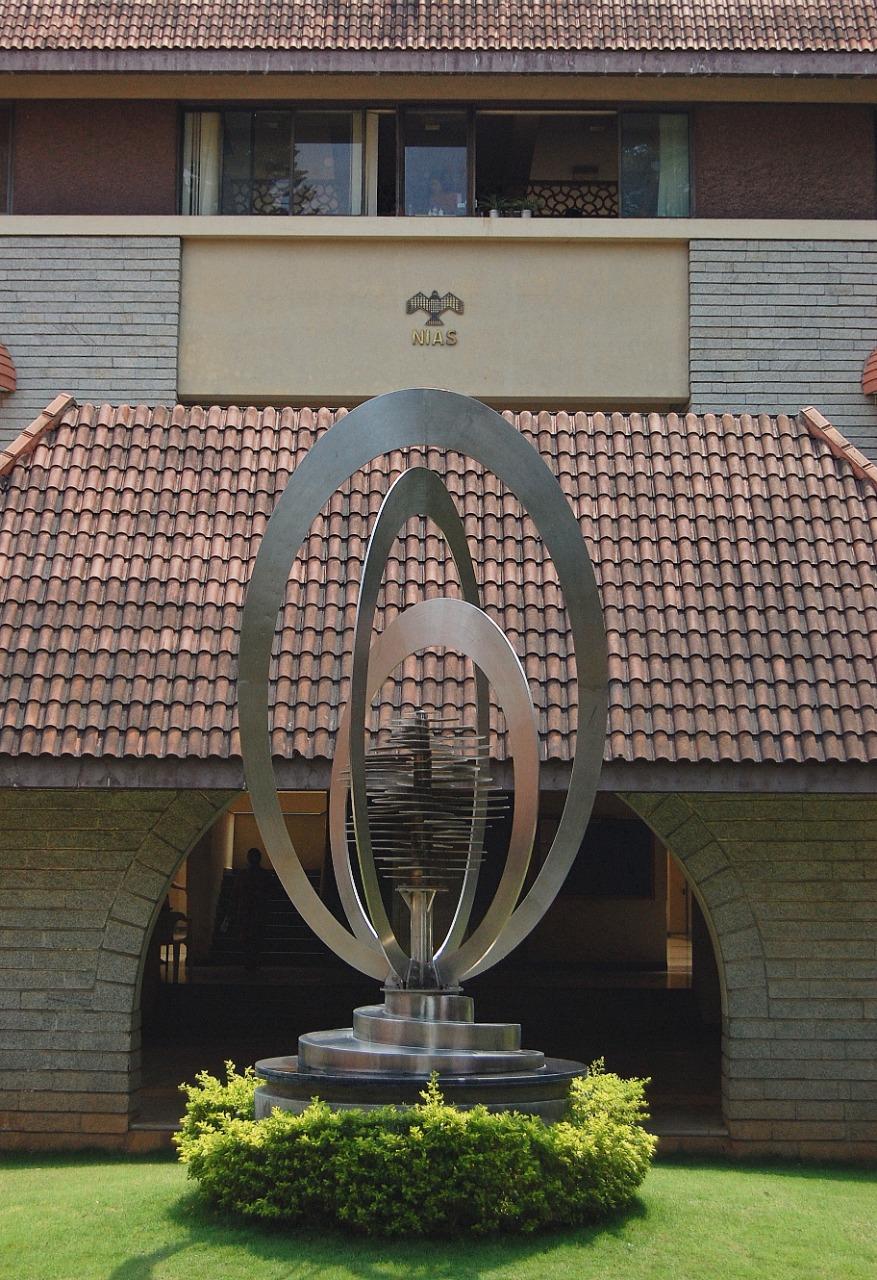
|
Sanjal Shastri
Research Intern, International Strategic and Security Studies Programme
Nepal: Why are the Madhesis not willing to compromise?
ISSSP Reflections No. 36, February 18, 2016 |
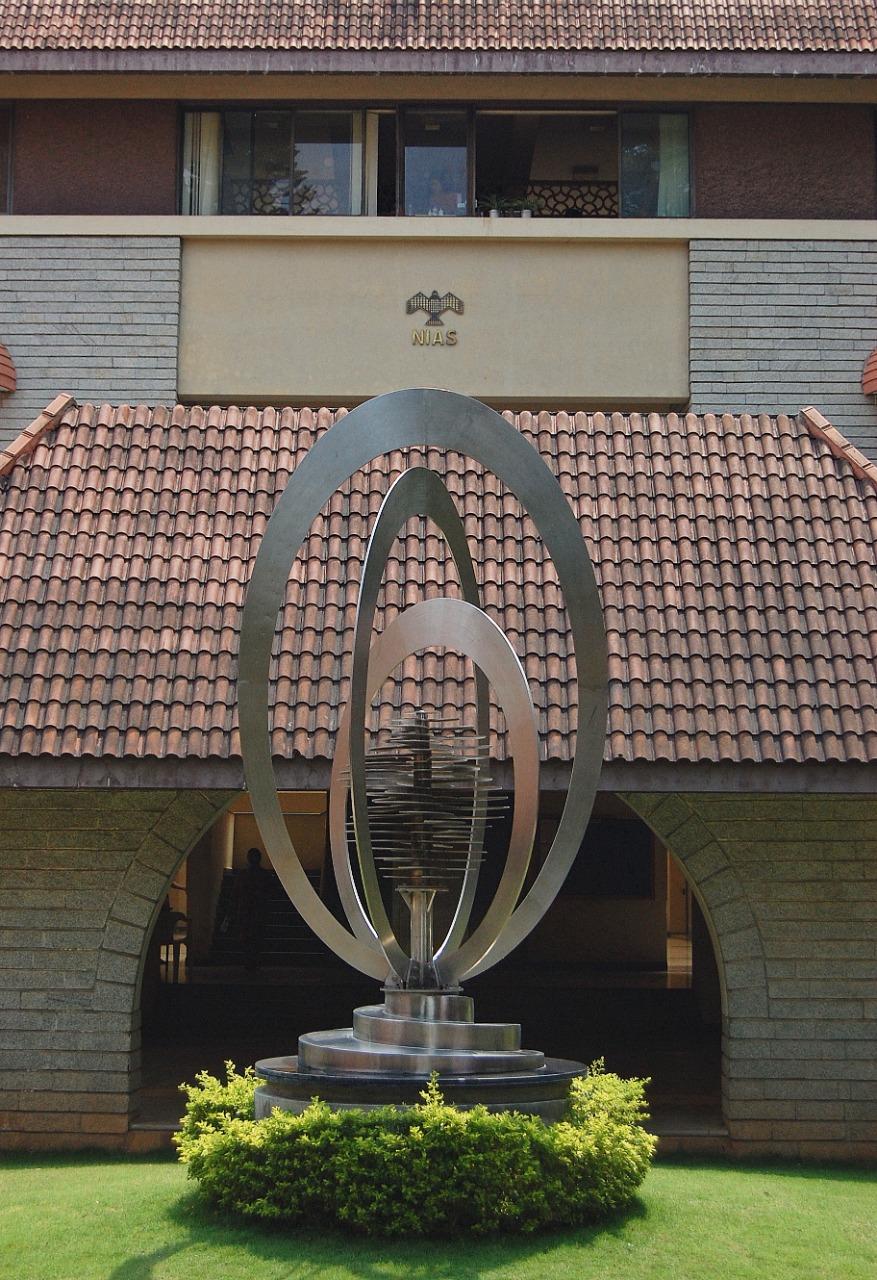
|
Mrunalini Deshpande
PLA Rocket Force: Adding fuel to the Dragon’s ‘Fire’?
ISSSP Reflections No. 37, February 22, 2016 |
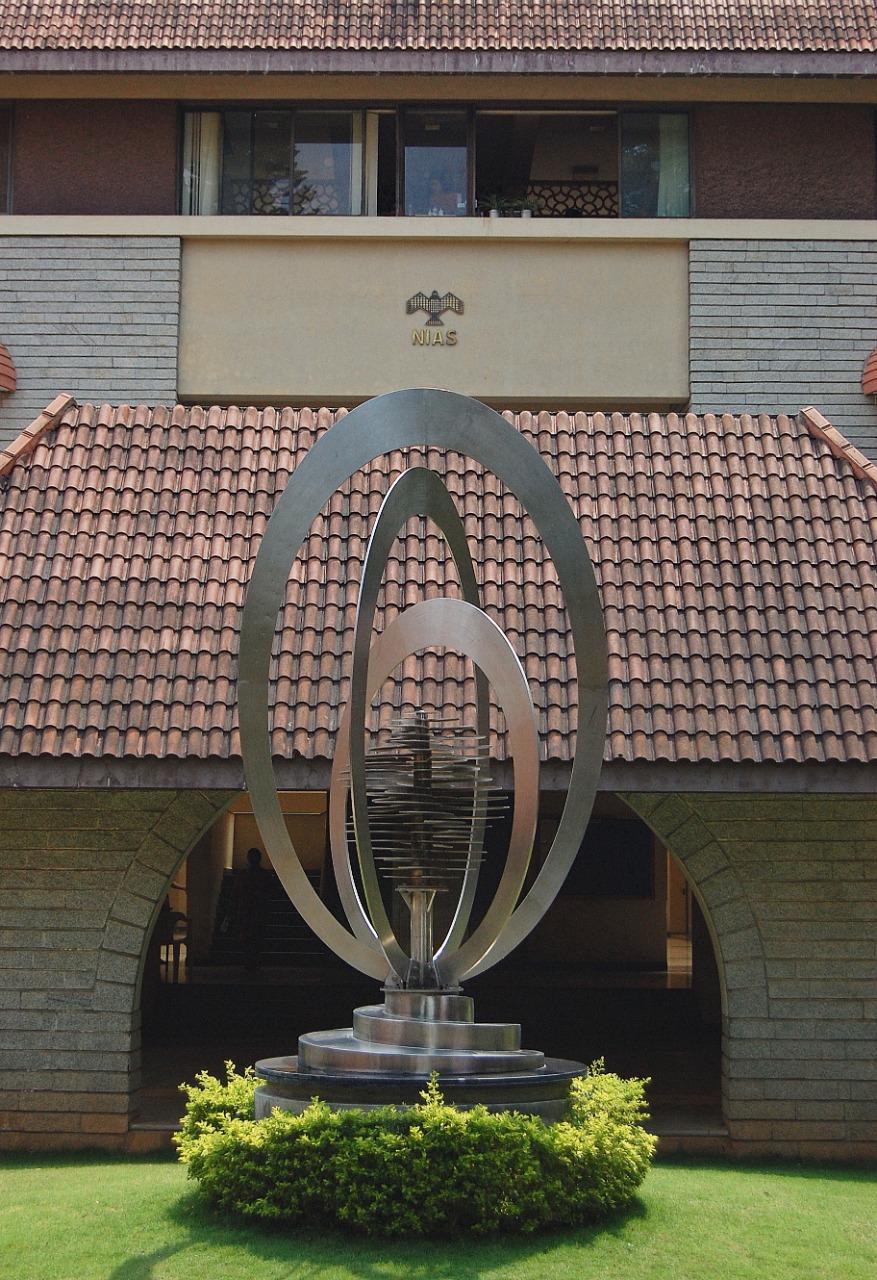
|
Beenish Altaf
NTI’s 2016 Nuclear Security Index Report
ISSSP Reflections No. 38, February 24, 2016 |
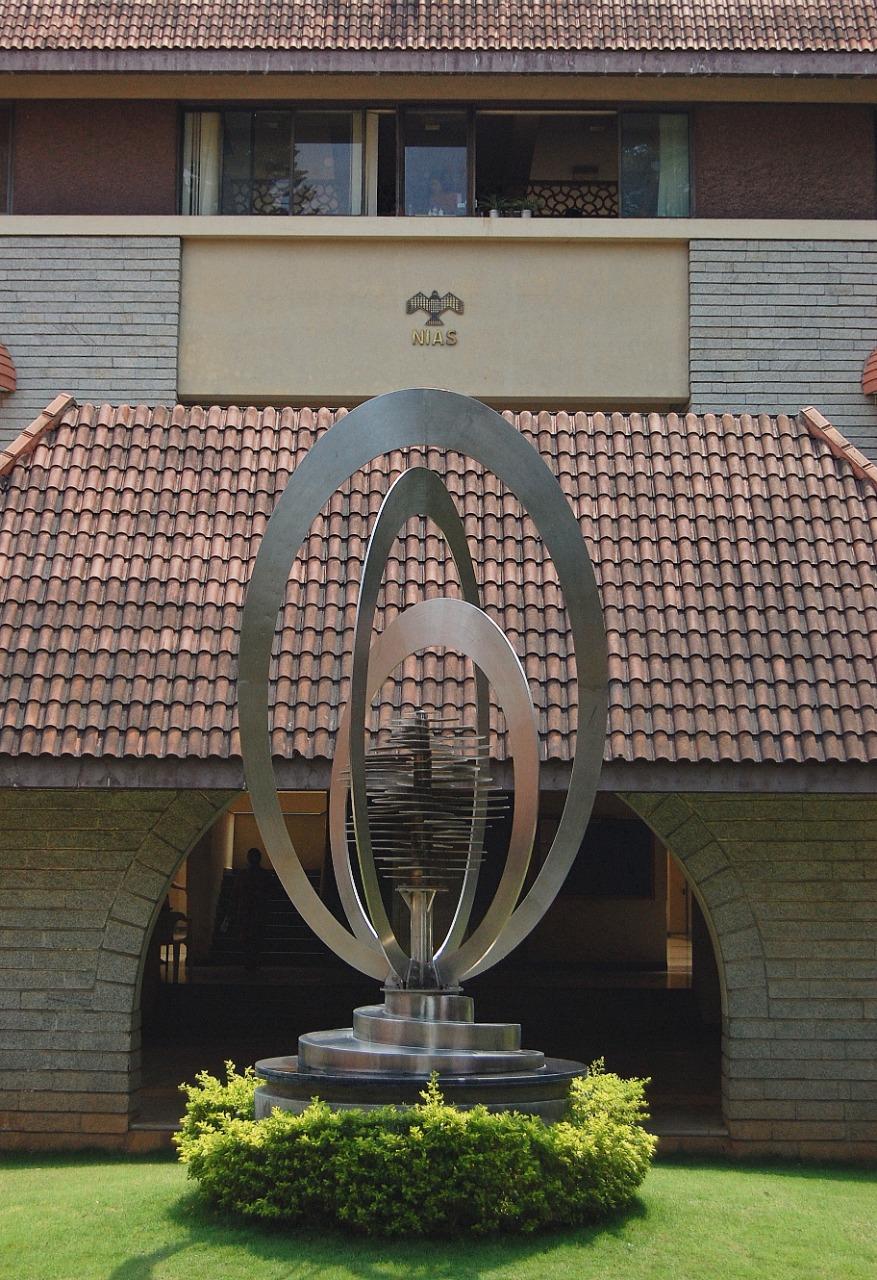
|
Riffath Khaji
Peshawar to Charsadda: Is the NAP adequate to deal with the TTP?
ISSSP Reflections No. 39, March 1, 2016 |
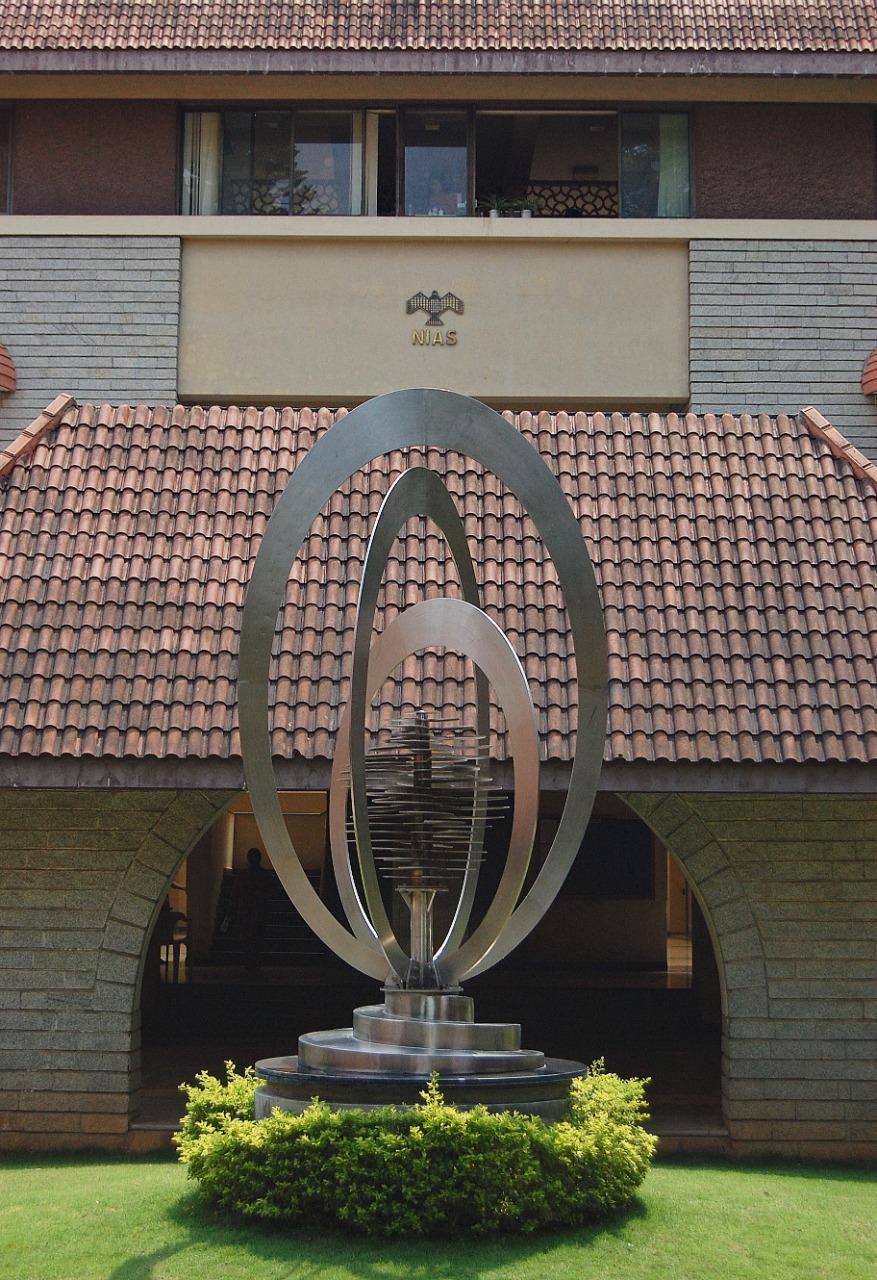
|
Prakash Panneerselvam
Post Doctoral Associate , International Strategic and Security Studies Programme
DPP – 2016: A new face of “make in India” in defence
ISSSP Reflections No. 40, April 18, 2016 |
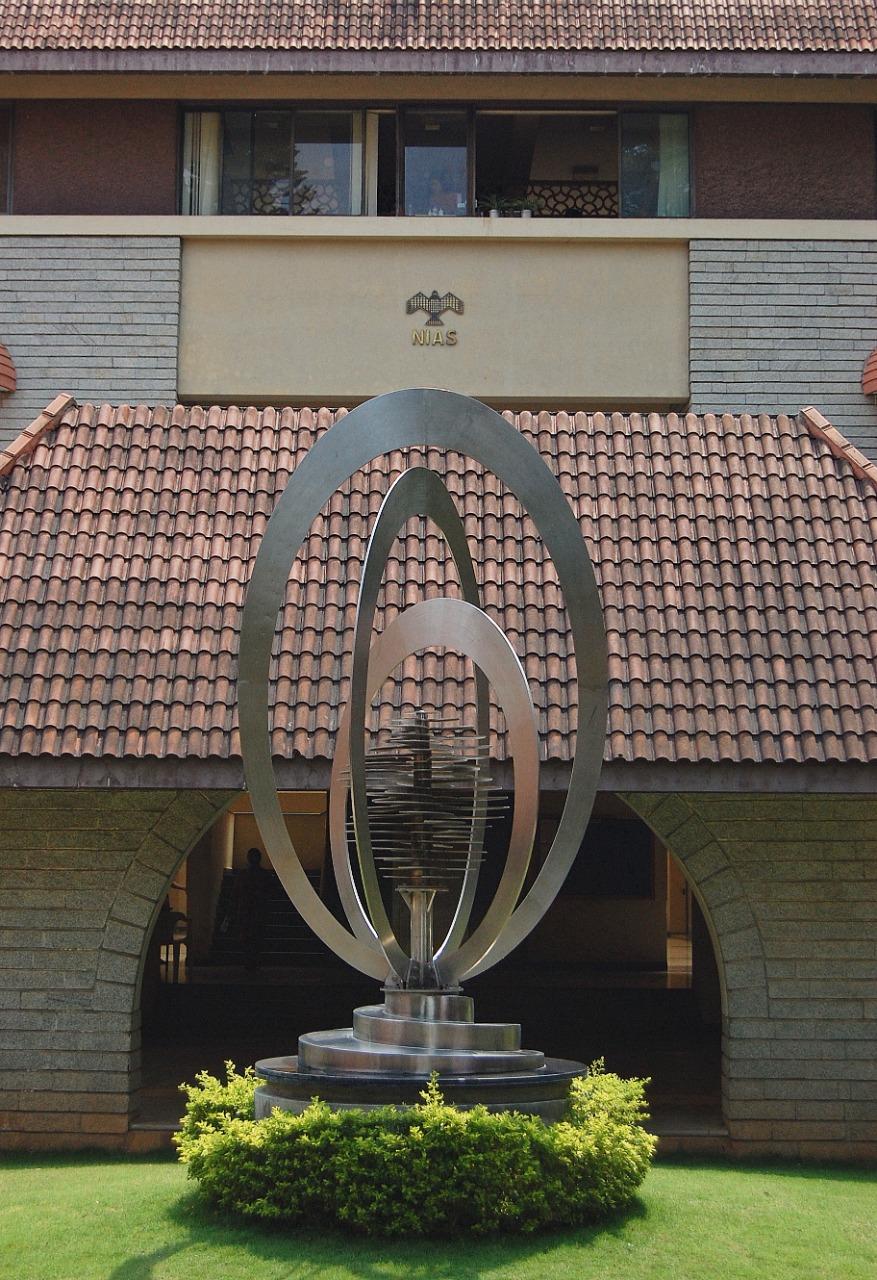
|
Sanjal Shastri
The Madhesi conundrum: Making sense of India’s stand
ISSSP Reflections No. 41, May 03, 2016 |
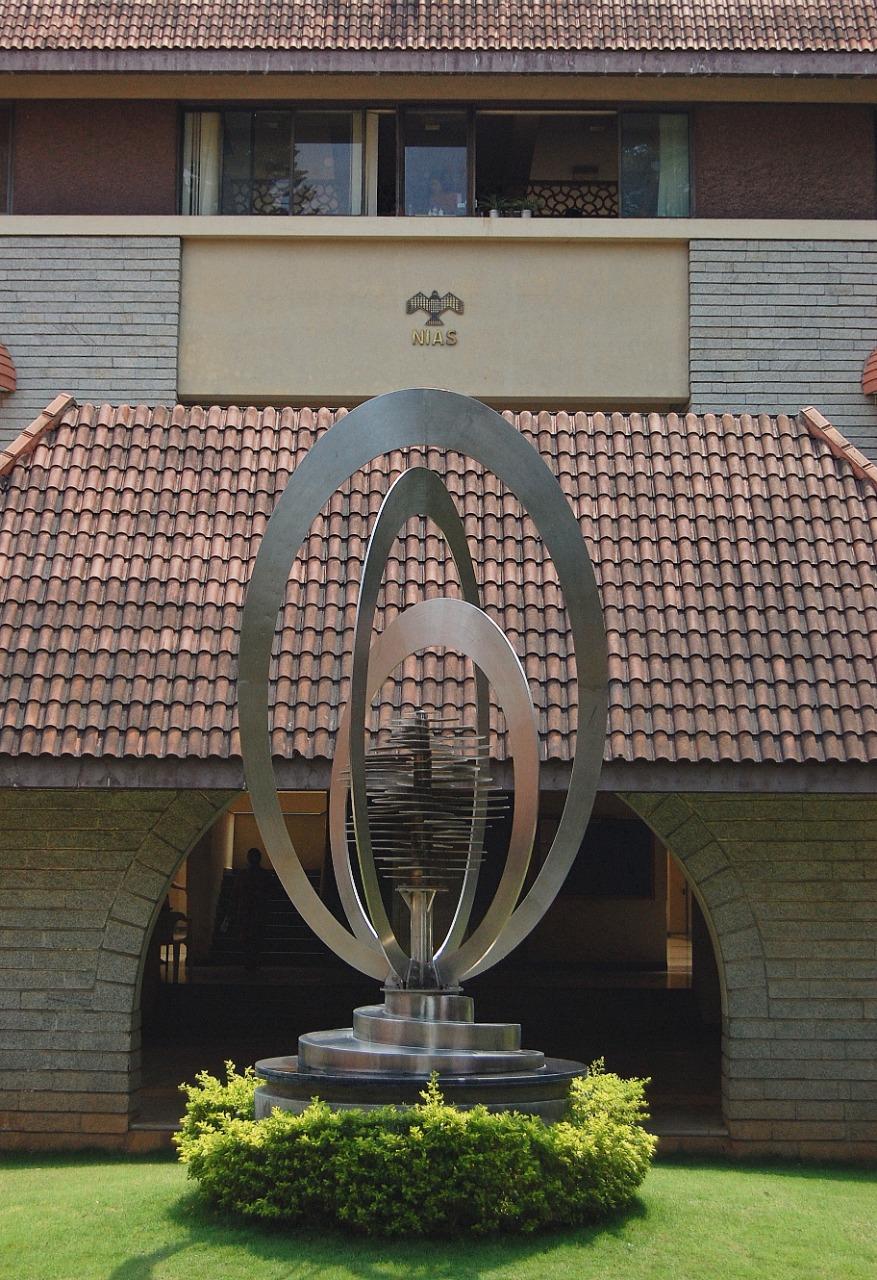
|
Albertina Nithya B
Myanmar’s Rohingyas: Power struggle, Buddhist assertion & ethnic divide
ISSSP Reflections No. 42, May 31, 2016 |
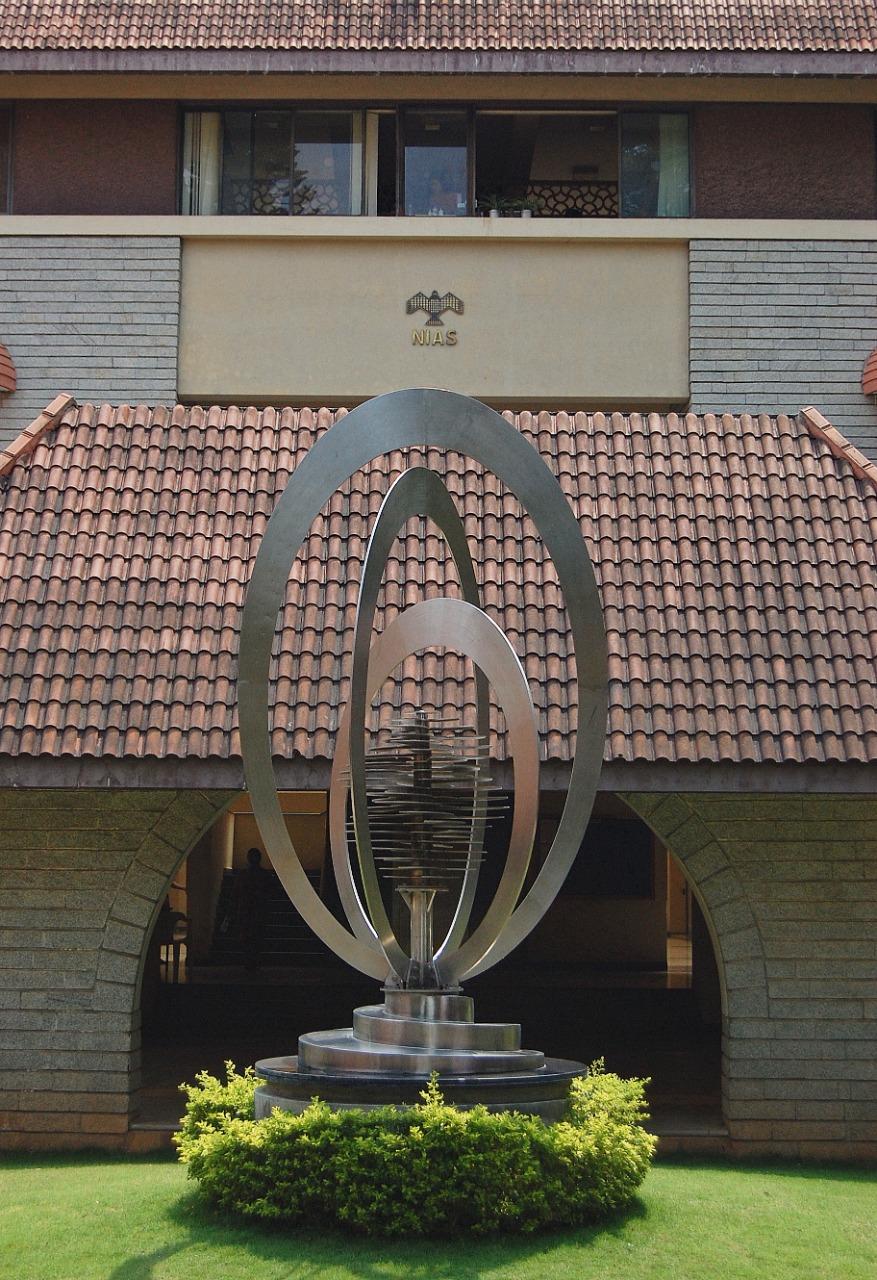
|
Kaveri Ashok
Senior Research Fellow, International Strategic and Security Studies Programme
Heavy water leakage at the Kakrapar nuclear power plant
ISSSP Reflections No. 43, June 2, 2016 |
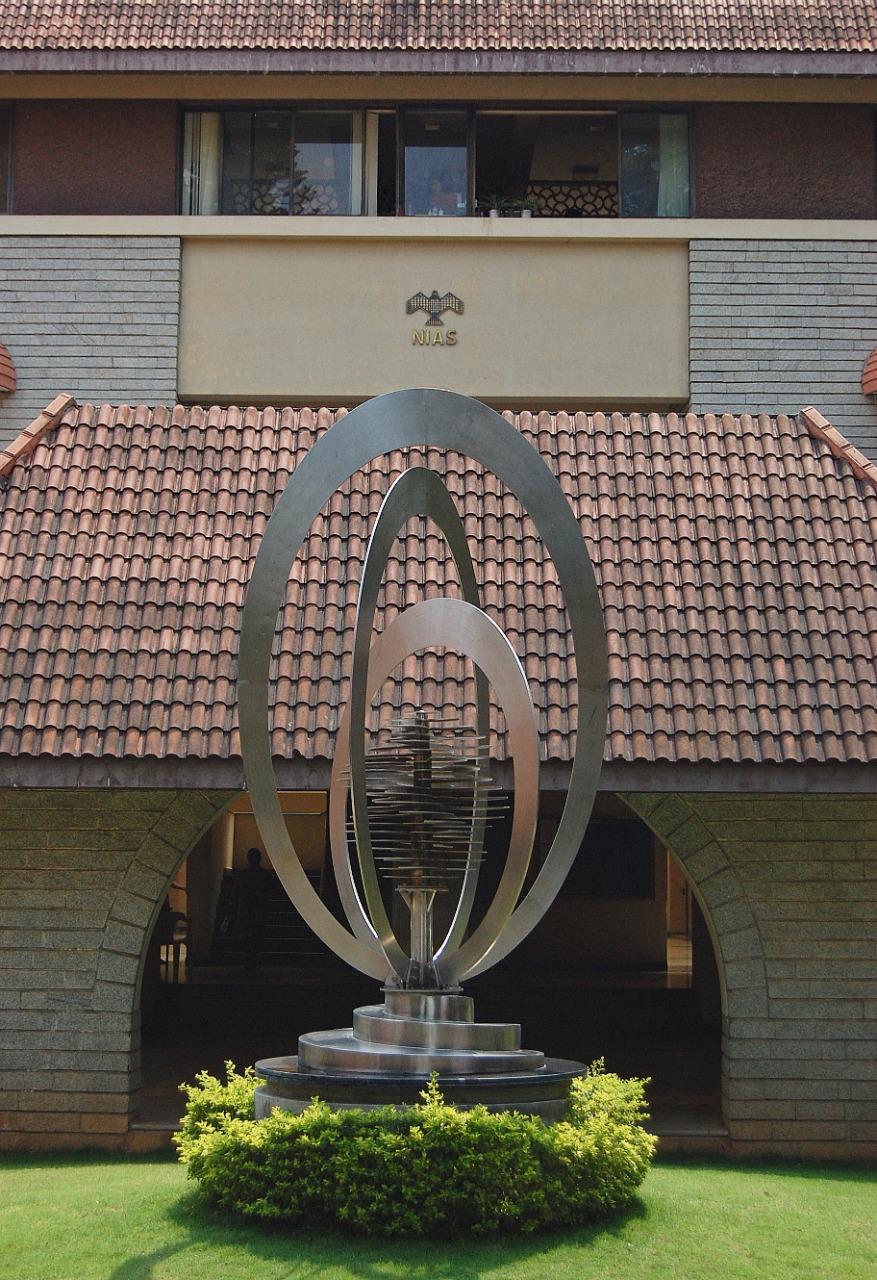
|
Sourina Bej
Bangladesh in limbo over blogger deaths
ISSSP Reflections No. 44, June 06, 2016 |
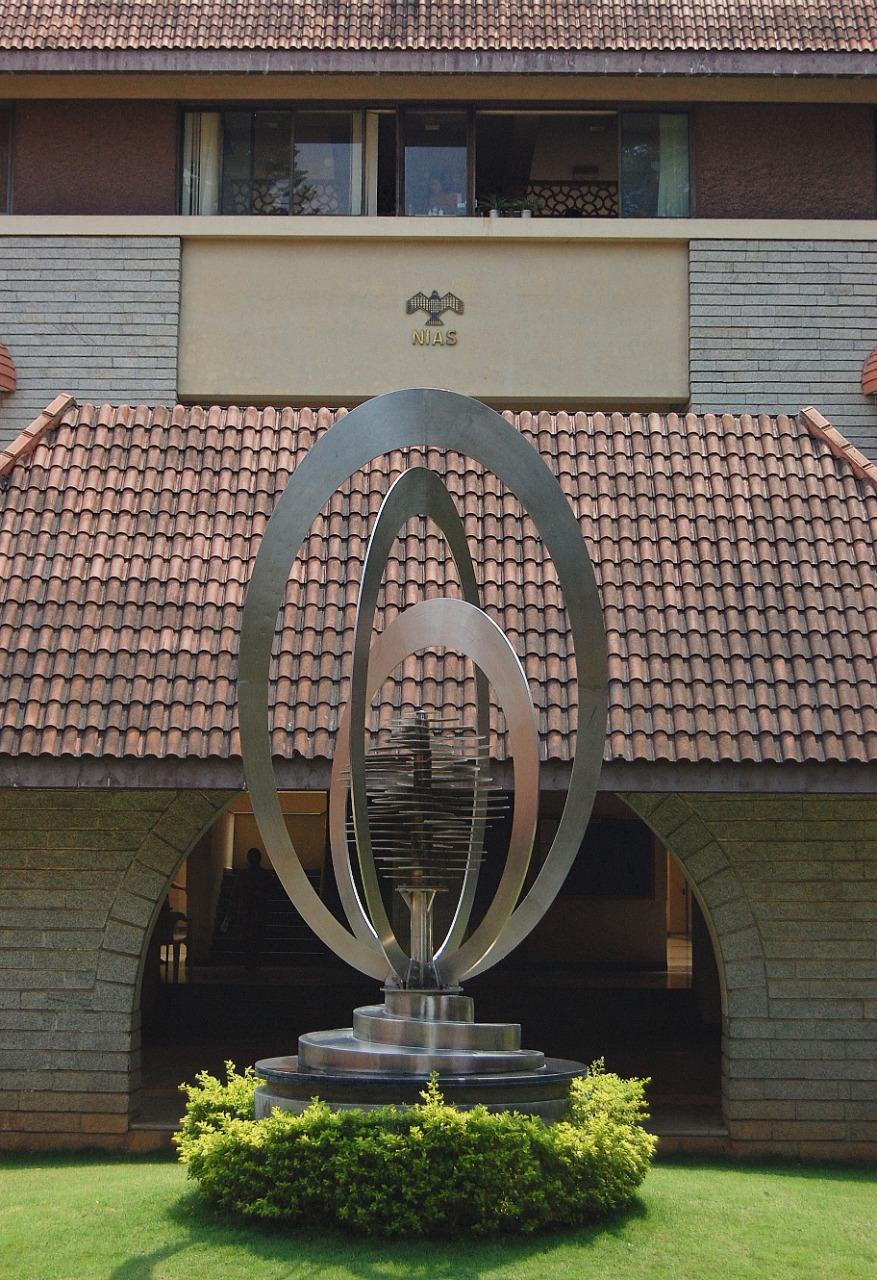
|
Nazrin Hussain
Nepal: Return of the Madhesi movement
ISSSP Reflections No. 45, June 08, 2016 |
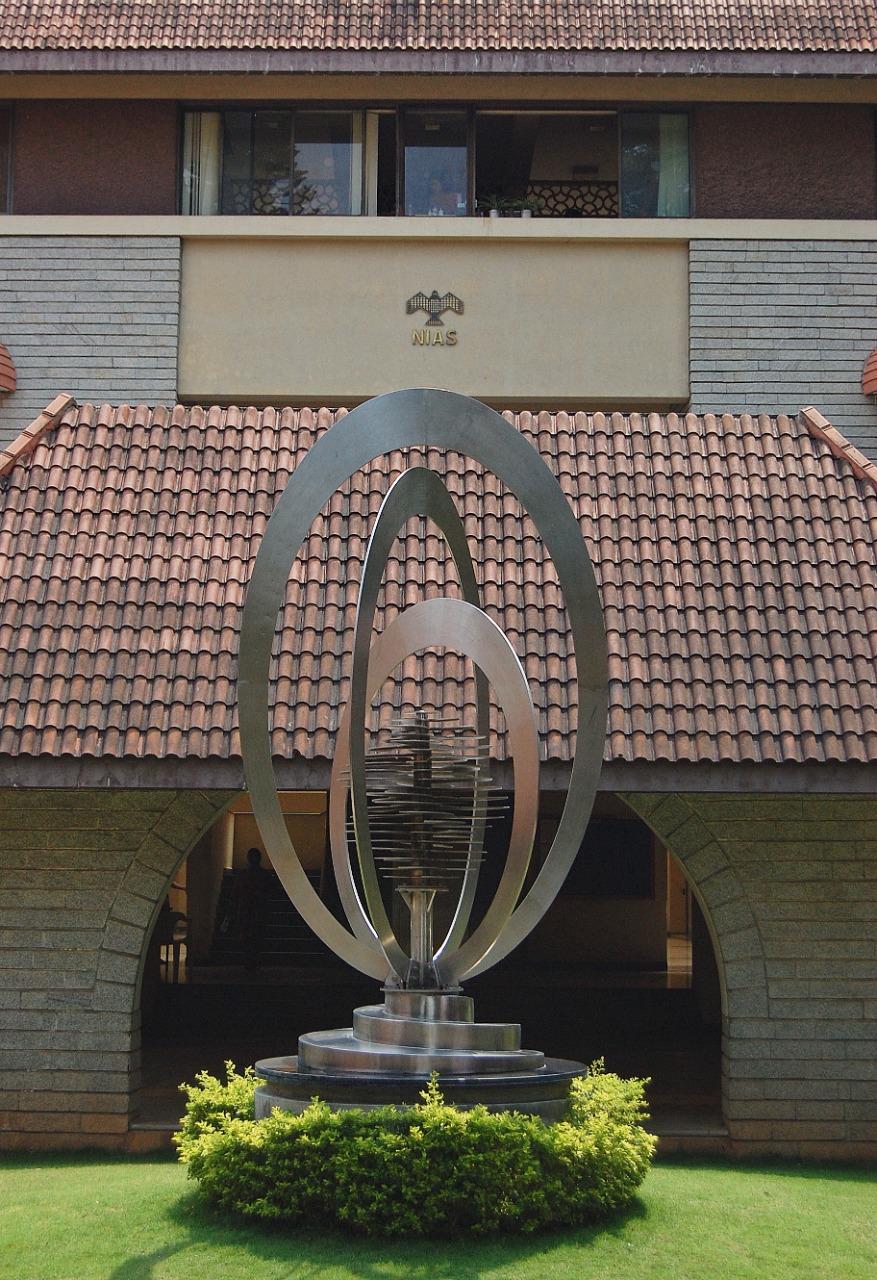
|
Harsh Vasani
Threats and challenges in countering lone wolf attacks
ISSSP Reflections No. 46, July 07, 2016 |
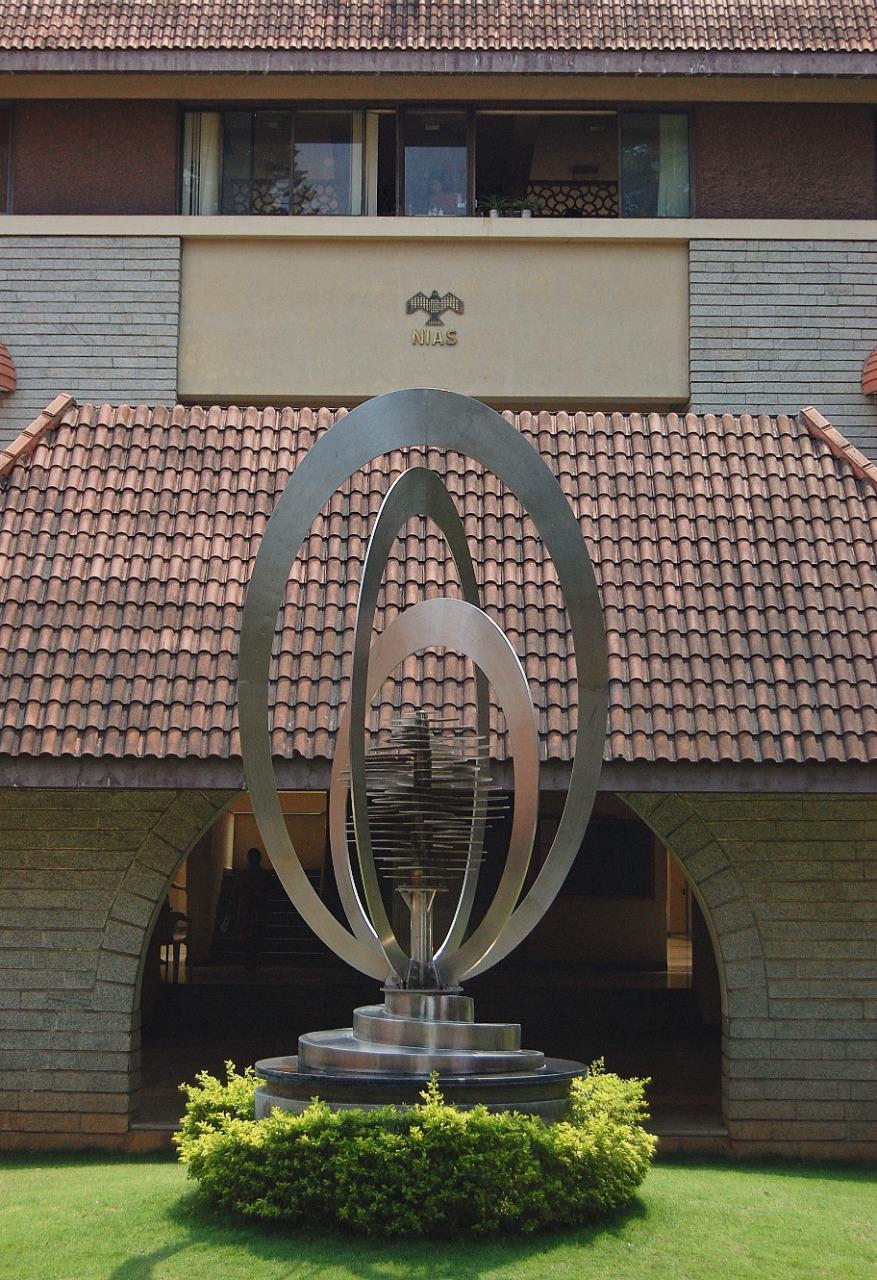
|
R.N. Ganesh
Adjunct Faculty, International Strategic and Security Studies Programme
Findings of the permanent court of arbitration: A major diplomatic setback to China
ISSSP Reflections No. 47, July 14, 2016 |
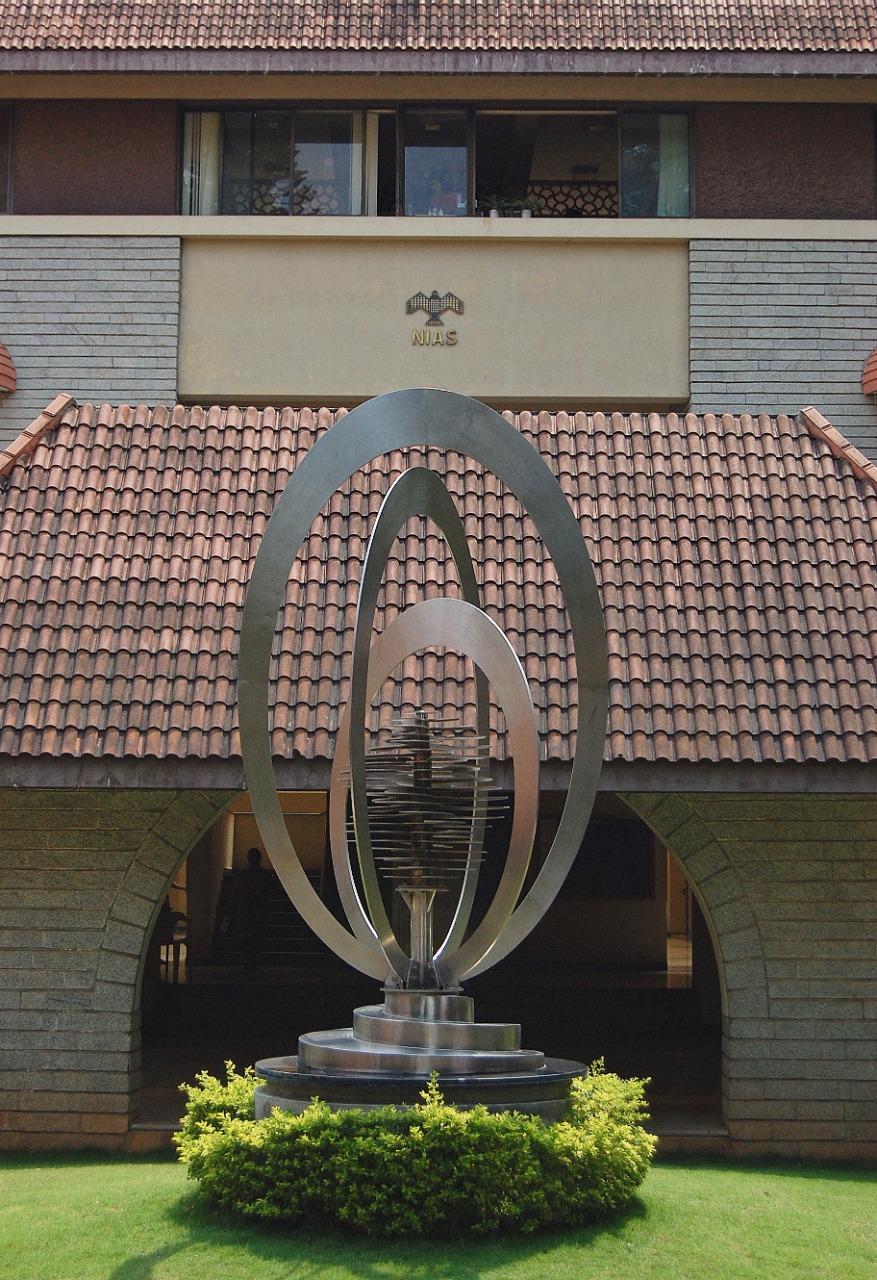
|
Ambassador Arundhati Ghose: In memoriam
Bangalore, July 26, 2016 |
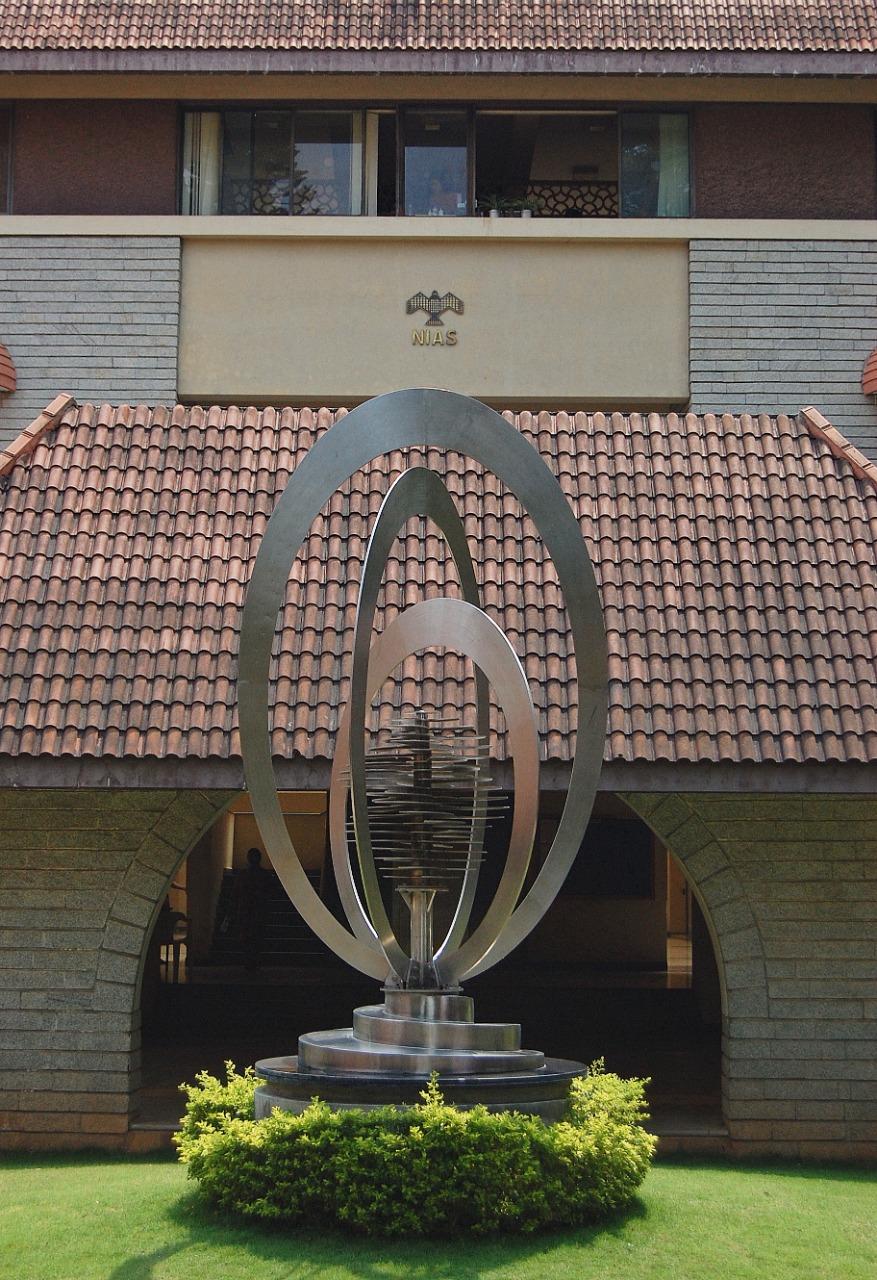
|
Vishakh K. Valiathan
Defence Research and Development (R&D) in Israel: An overview
ISSSP Reflections No. 48, July 27, 2016 |
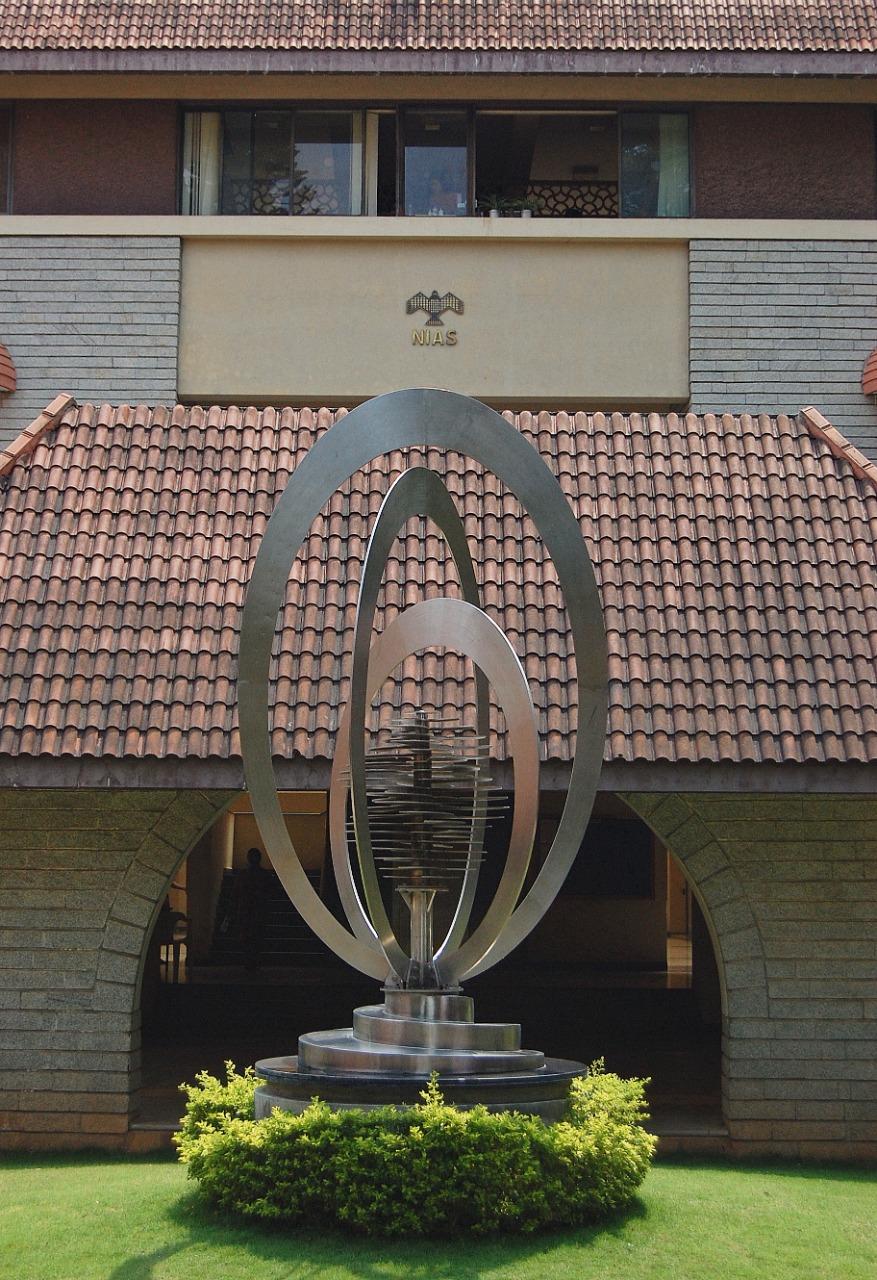
|
D Suba Chandran
Dean and Professor, International Strategic and Security Studies Programme
The “Not Now, Not Ever” Lady: Amb. Arundhati Ghose R.I.P
ISSSP Reflections No. 49, August 01, 2016 |
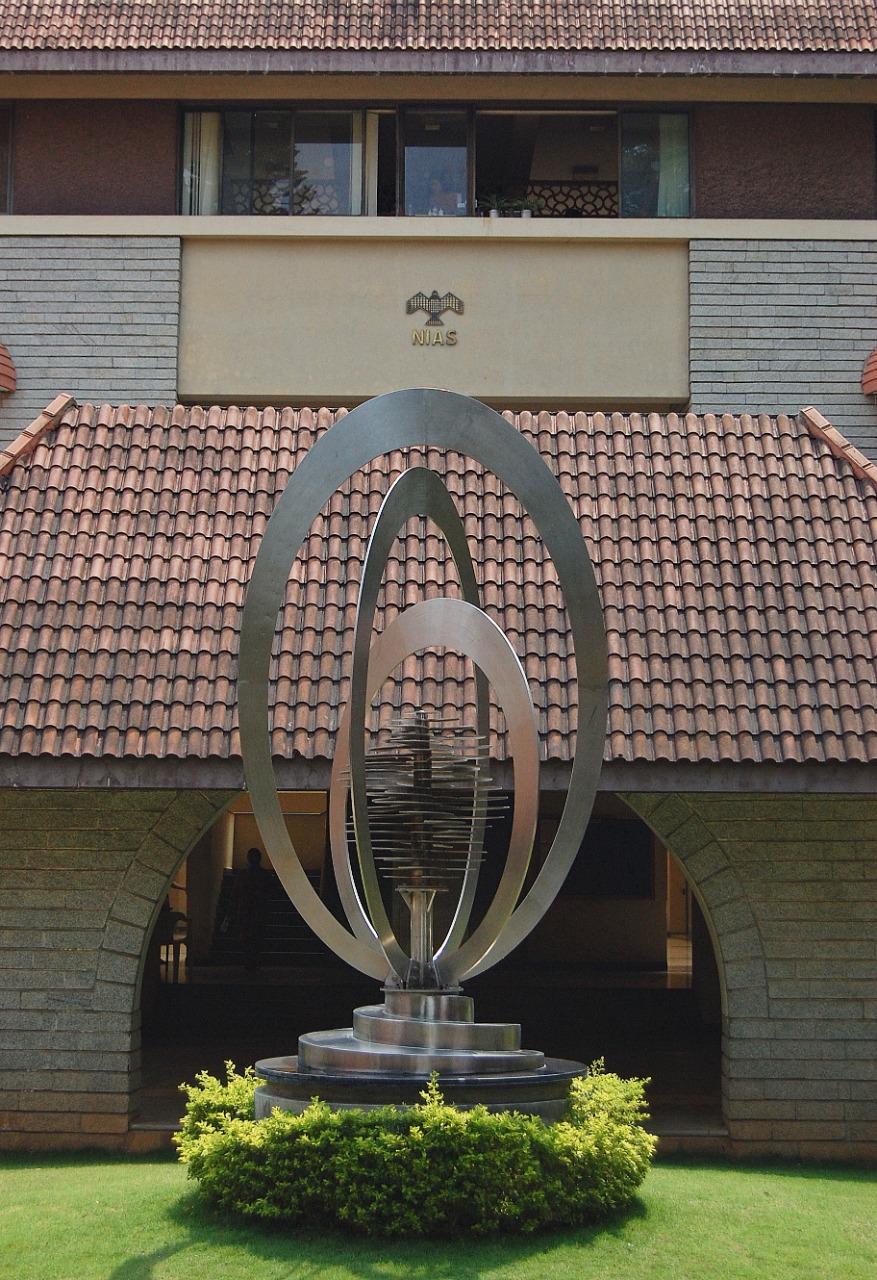
|
D Suba Chandran
Dean and Professor, International Strategic and Security Studies Programme
Tehmina Janjua: Internal challenges for the new Foreign Secretary
ISSSP Reflections No. 49, February 27, 2017 |
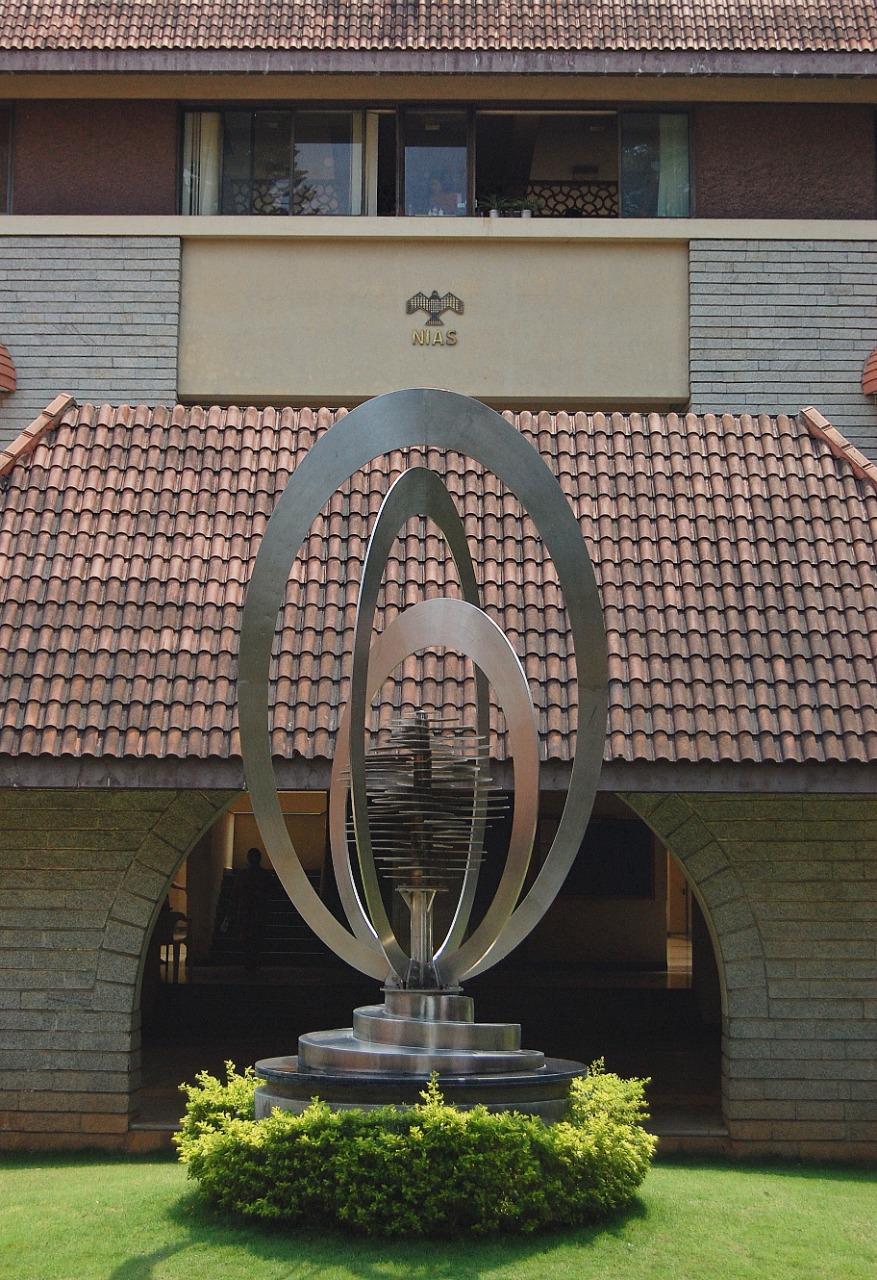
|
D Suba Chandran
Dean and Professor, International Strategic and Security Studies Programme
The Husain Huqqani revelation: Did the civilians keep the military in dark on OBL?
ISSSP Reflections No. 50, March 14, 2017 |
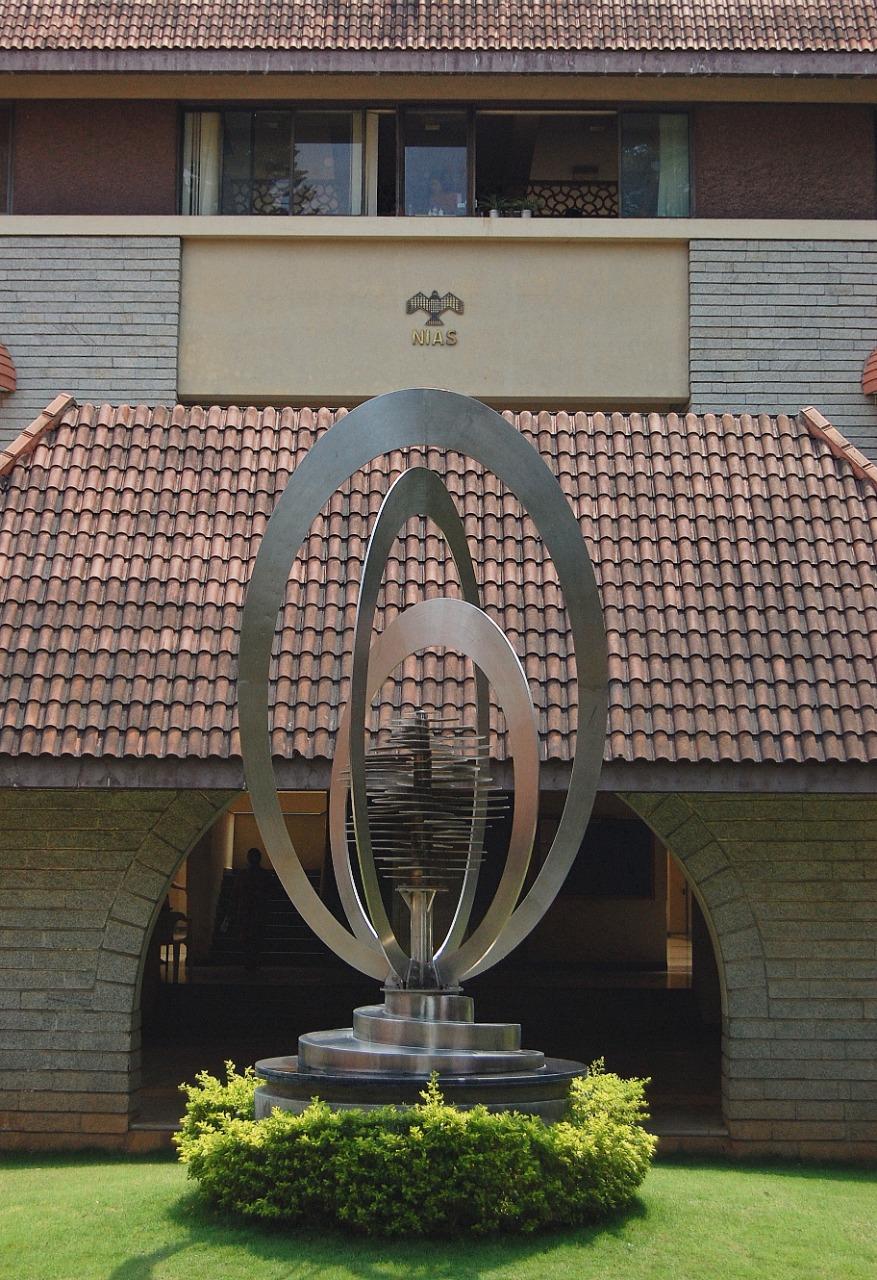
|
Niveditha RM
Research Intern, International Strategic and Security Studies Programme
Terrorism and violence in Pakistan: Understanding their mind
ISSSP Reflections No. 51, March 18, 2017 |
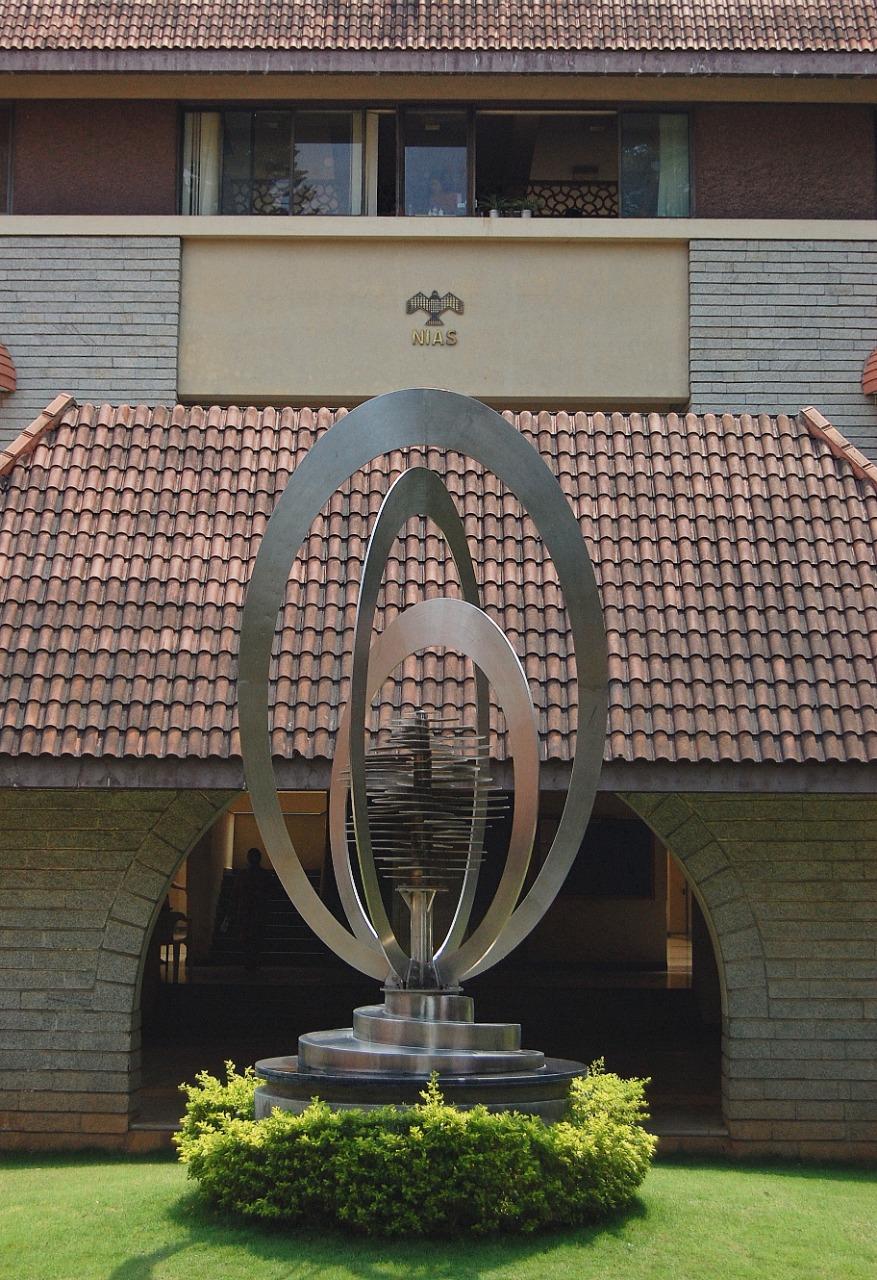
|
Anna Catherine
Research Intern, International Strategic and Security Studies Programme
Kulbhushan Jadhav and the ICJ verdict
ISSSP Reflections No. 52, May 25, 2017 |
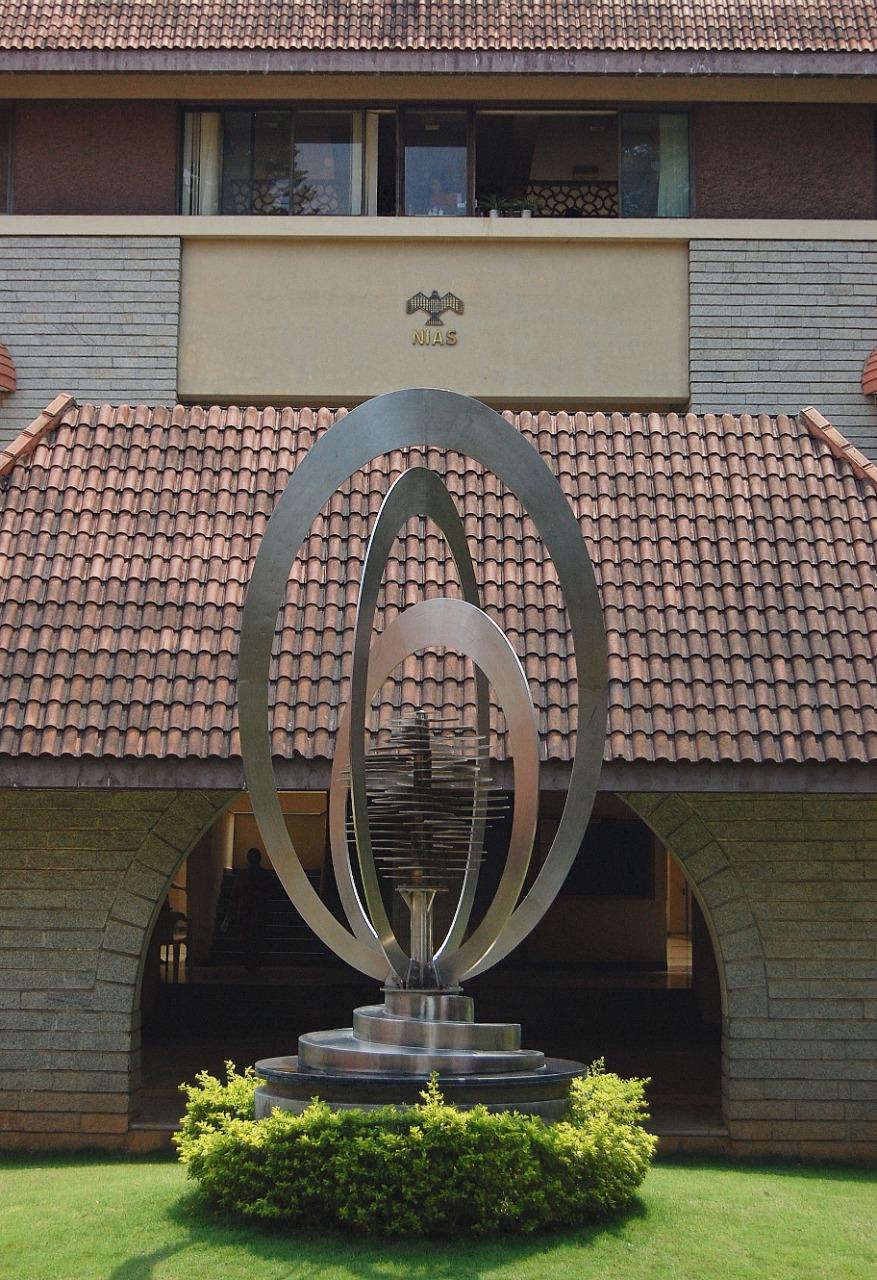
|
Shreya Upadhyay
Research Consultant , International Strategic and Security Studies Programme
Trump’s end game in Middle East
ISSSP Reflections No. 53, May 26, 2017 |
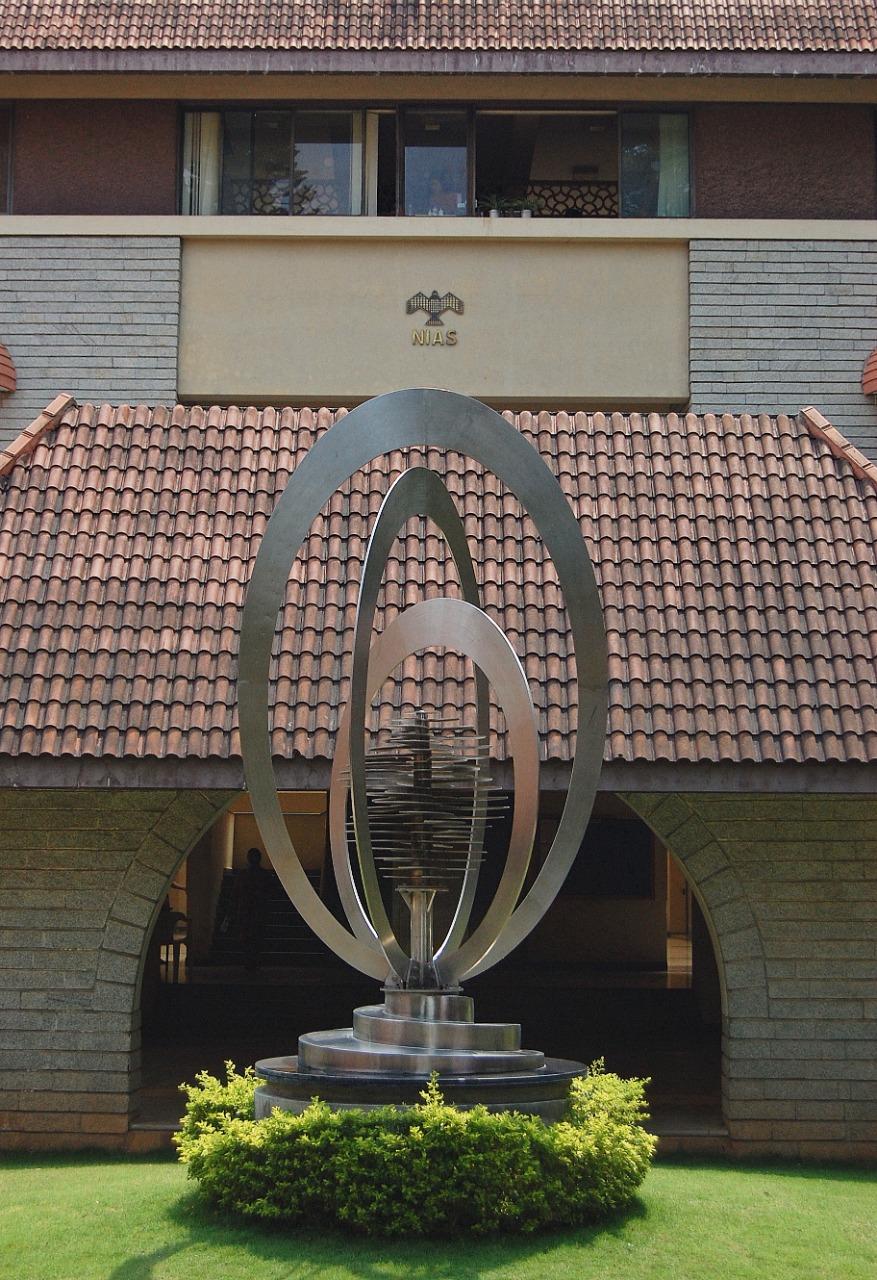
|
Shreya Upadhyay
Research Consultant , International Strategic and Security Studies Programme
Trump and the broken gulf: Will India be able to swim through?
ISSSP Reflections No. 54, June 13, 2017 |
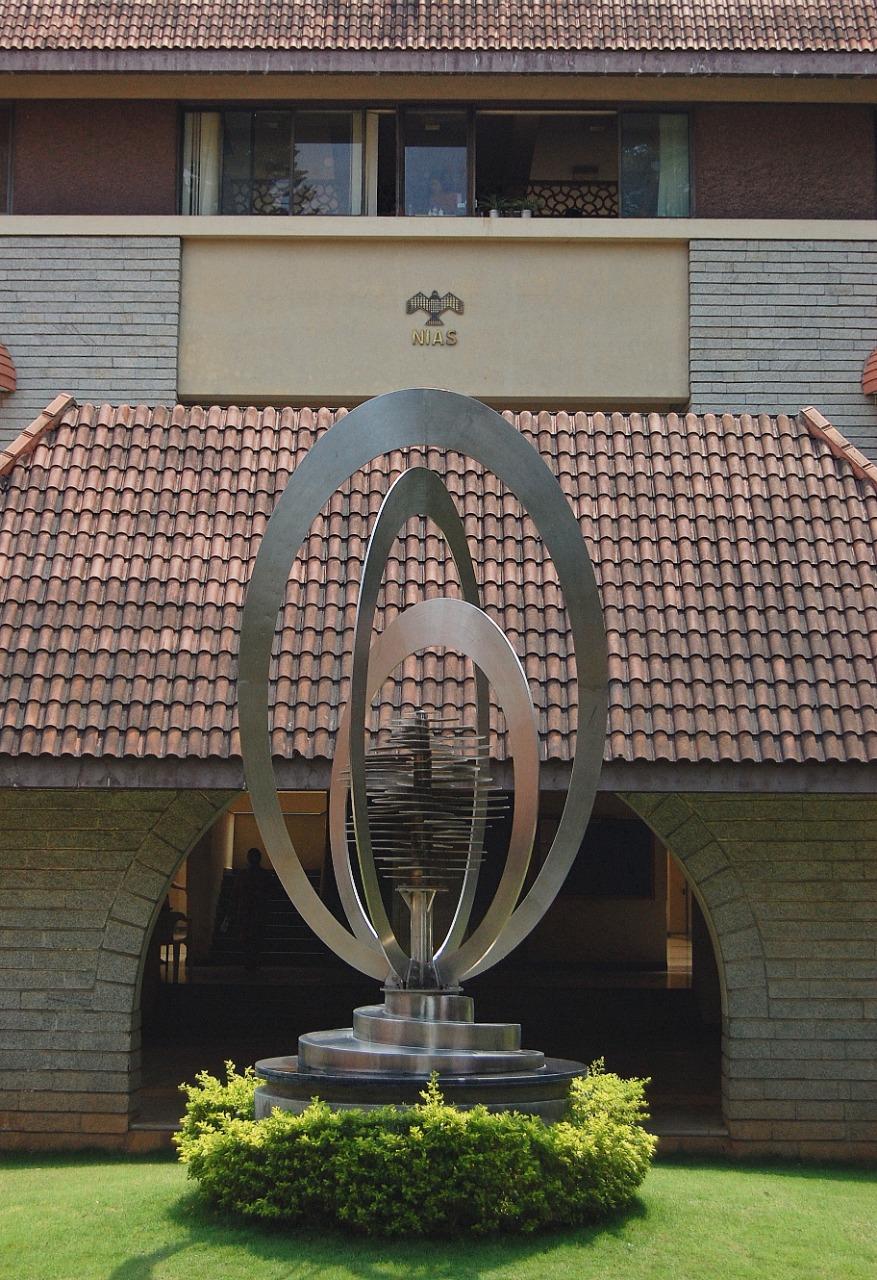
|
Seetha Lakshmi Dinesh
Research Intern, International Strategic and Security Studies Programme
At the gateway from east: Where do India’s neighbours stand on the Belt and Road?
ISSSP Reflections No. 55, June 19, 2017 |
| |
Rise of Pakistan Tehreek-I-Insaf (PTI) and Naya Pakistan: 2018 elections and the challenges ahead
ISSSP Reflections No. 56, August 9, 2018 |
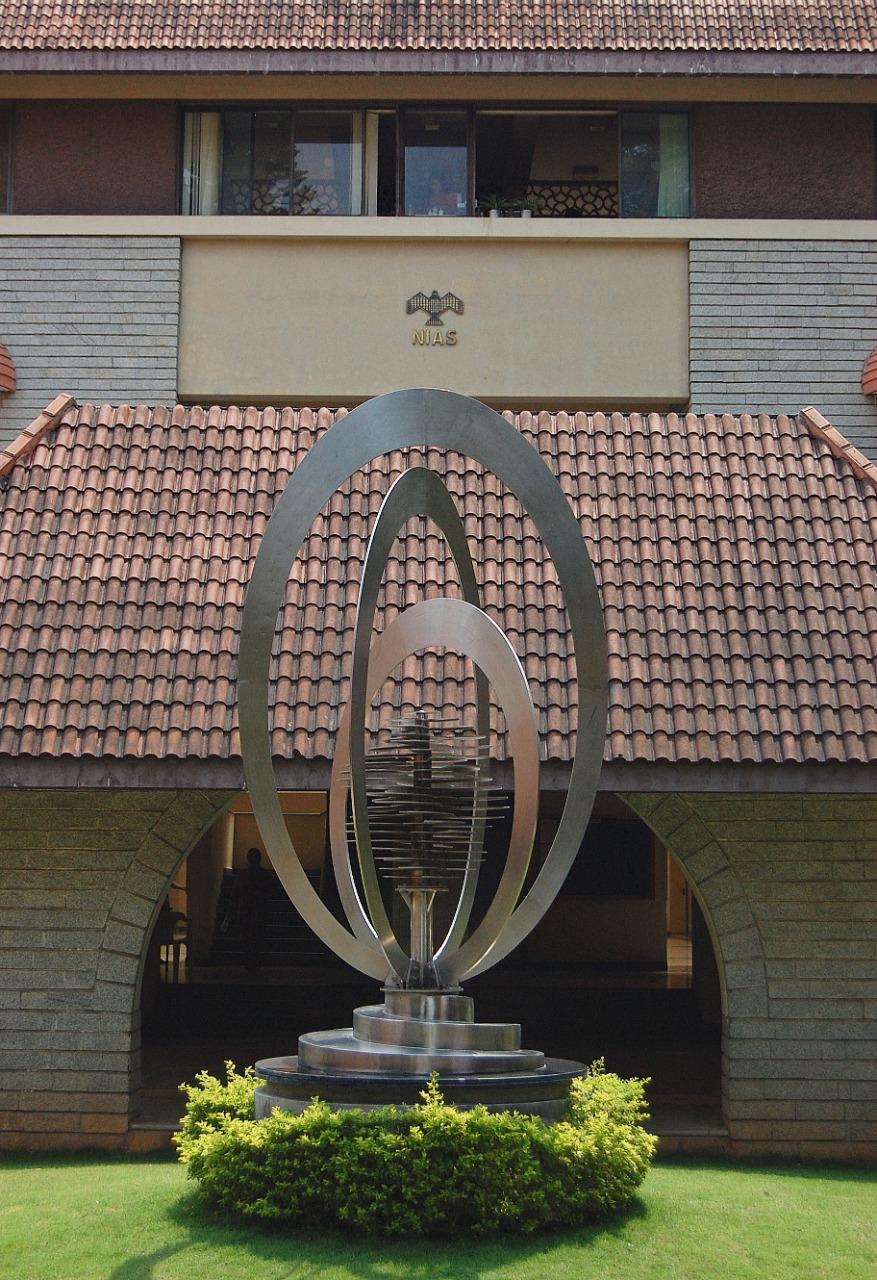
|
Saurav Zangeneh
State of India’s Rare Earth Industry – Understanding India’s Current Position
ISSSP Reflections No. 57, November 28, 2018 |
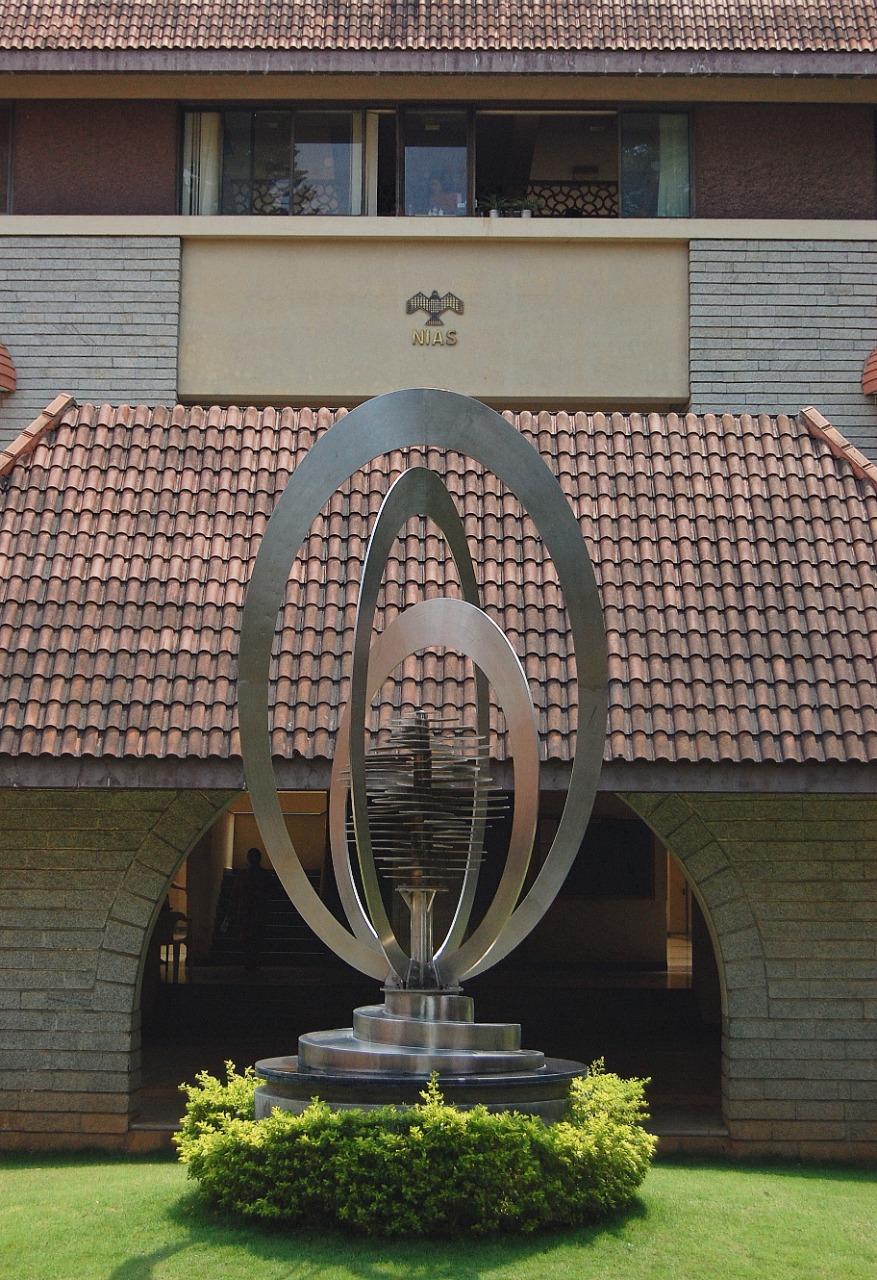
|
Rajaram Nagappa, S Chandrashekar, Mrunalini Deshpande
co-authored
India’s ASAT Test
ISSSP Reflections No.58, March 28, 2019 |
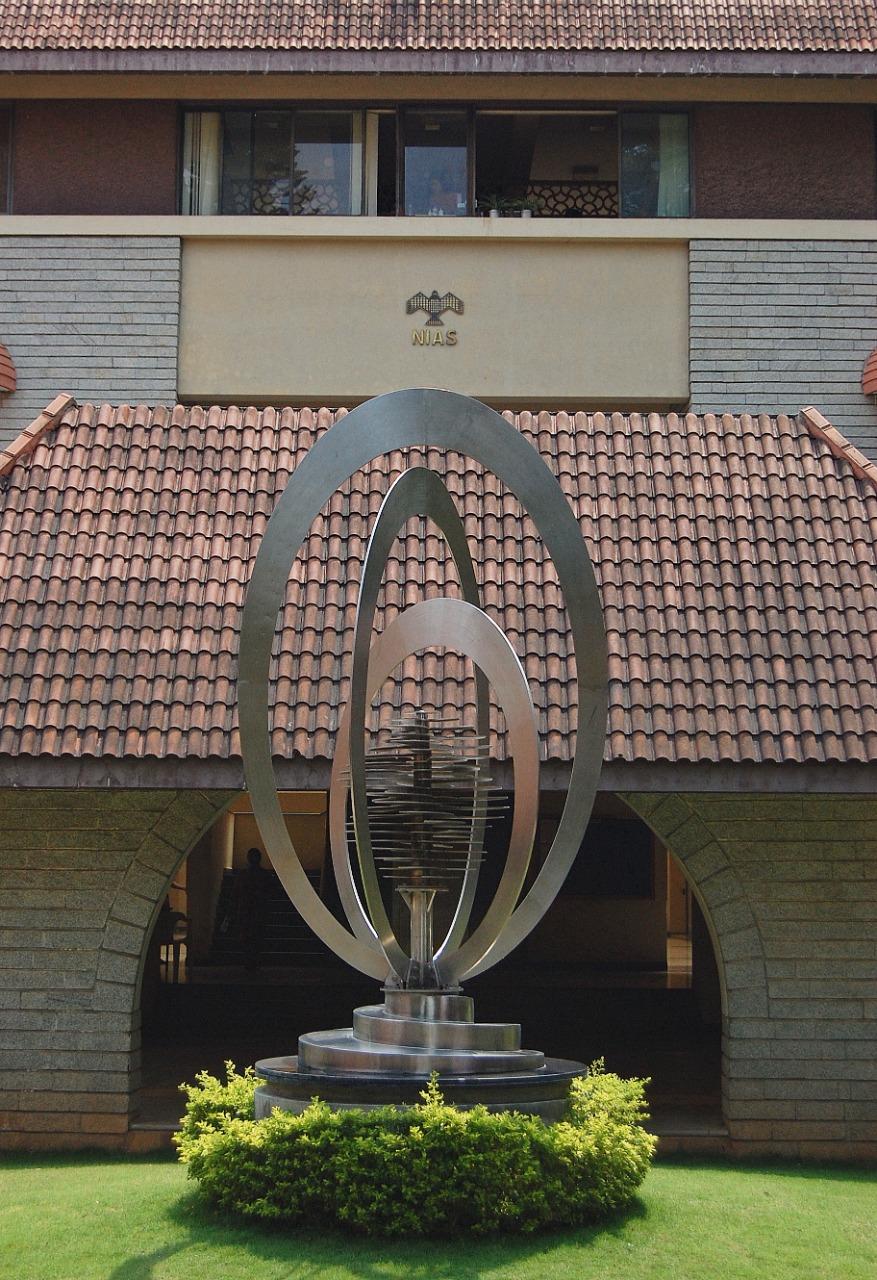
|
Amit Mukherjee, Prakash Panneerselvam
co-authored
Dynamics of China’s Defense White Paper 2019: Chinese Role in International Security and Implications for India
ISSSP Reflections No.59, July 31, 2019 |
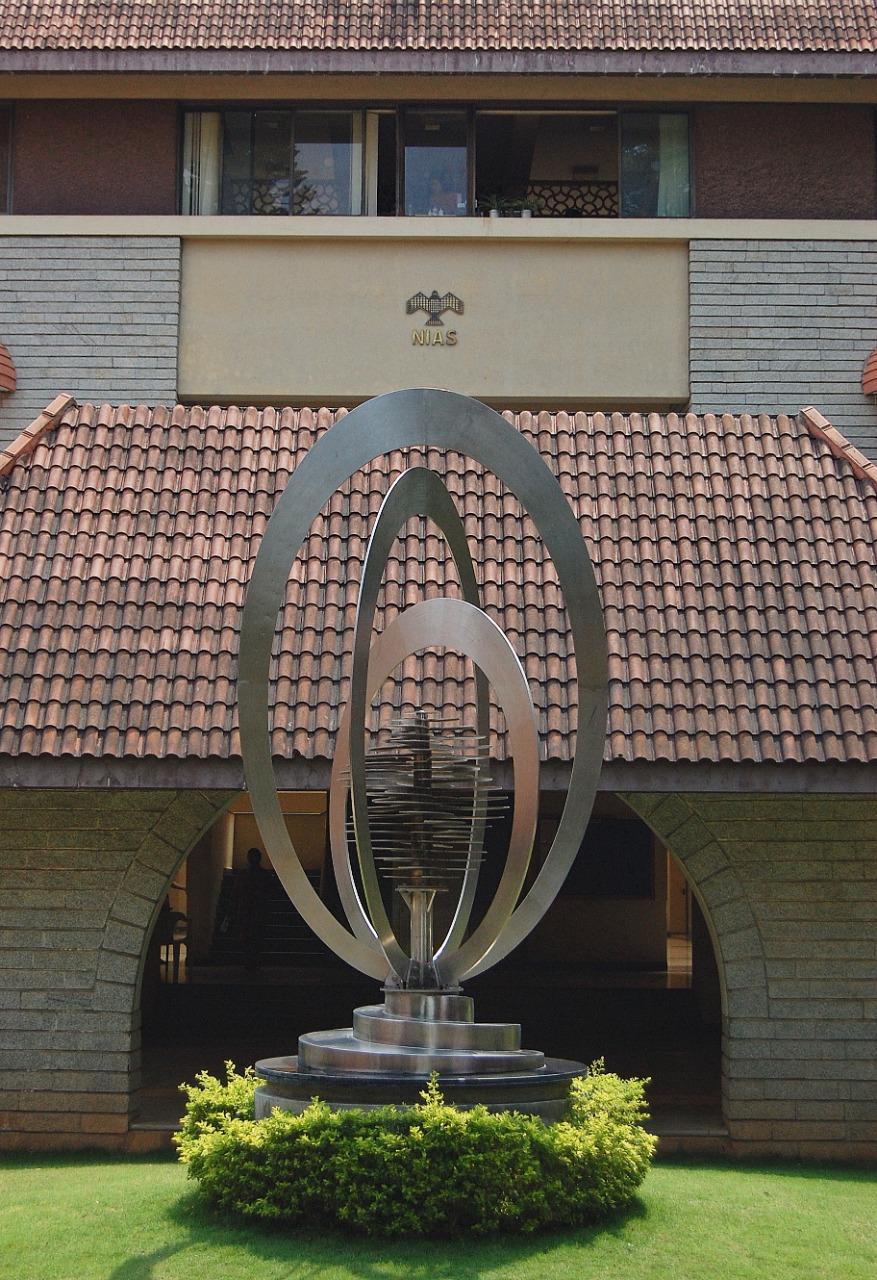
|
V Siddhartha
Adjunct Faculty, International Strategic and Security Studies Programme
The Governance of Outer Space: Repurposing the trusteeship council of the United Nations
ISSSP Reflections No.60, February 08, 2021 |
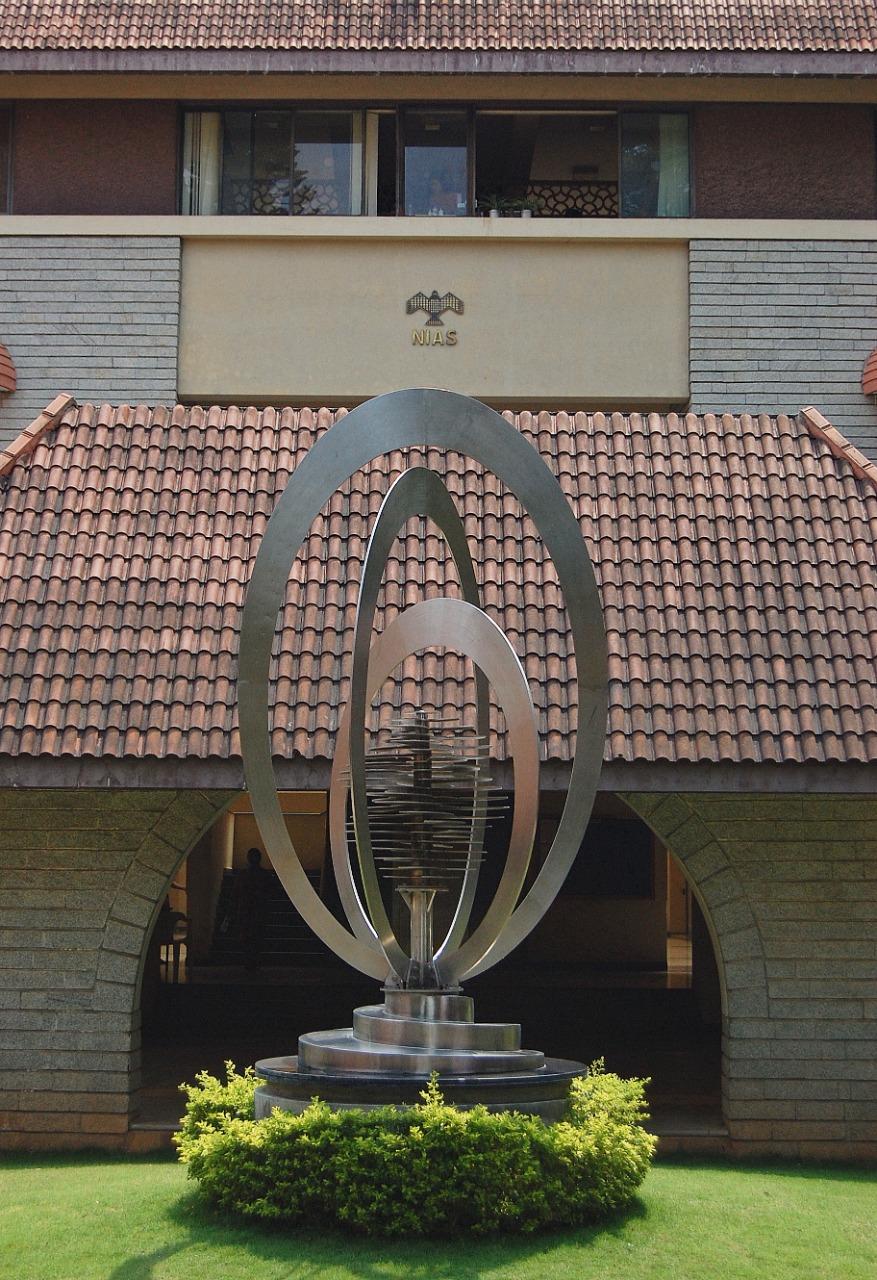
|
Surya S
Assessment of Pakistan’s Babur-1B enhanced range cruise missile
ISSSP Reflections No.61, January 31, 2022 |
| |
Lalitha Sundaresan, S Chandrashekar, Bhupendra Jasani
Discriminating uranium and copper mills using Satellite imagery
Remote Sensing Applications: Society and Environment 5:27 -35. 2017 |

|
V Siddhartha
Spaceplanes, Hypersonic Platforms and the Missile Technology Control Regime
ISSSP Report No. 08-2017. Bangalore: International Strategic and Security Studies Programme, National Institute of Advanced Studies. December 2017 |
| |
M Mayilvaganan
India, Sri Lanka and Maldives: Shared Commonality yet Challenges to Sub-regional Cooperation
In Sub-Regional Cooperation in South Asia: India, Sri Lanka and Maldives, Sub-Regional Cooperation in South Asia: India, Sri Lanka and Maldives, Vij Books. 2017 |

|
D Suba Chandran
US-Pak Relations: What has Changed? What hasn’t? and What is unlikely to Change?,
NIAS Strategic Forecast No. 21. Bangalore: January 2018 |
| |
Prakash Panneerselvam
Maritime Component of China–Pakistan Economic Corridor (CPEC): India–China Competition in the Arabian Sea. Maritime Affairs
Journal of the National Maritime Foundation of India 13 (2):37-49, 2018 |
| |
Prakash Panneerselvam
Additive manufacturing in aerospace and defence sector: Strategy of India
Journal of Defence Studies 12(1):39-60. 2018 |

|
Amit Mukherjee
International cooperation in space technology: An abstraction with fuzzy logic analysis ISPRS Annals of the Photogrammetry, Remote Sensing and Spatial Information Sciences
4(5):13-19. 2018 |
| |
Rajaram Nagappa
Technology in India’s Strategic Perceptions
Geopolitics, Vol IX, Issue VI, November 2018. |
| |
S Chandrashekar, Rajaram Nagappa, N Ramani
co-authored
Space Wars an Indian Reality?
https://www.deccanchronicle.com/360- degree/310319/star-wars-an-indian- reality-html
Deccan Chronicle, March 31, 2019 |
| |
Rajaram Nagappa, Avinash Pushparaj, Riffath Khaji
co-authored
Babur-3 – Pakistan’s SLCM: Capabilities and Limitations
Air Power Journal, Vol 13, No.3, Pp41- 58. April, 2019 |
| |
Srikumar Pullat, Avinash Pushparaj
co-authored
Evolution of Smart Weapons
NIAS/CSS/ISSSP/U/RP/069/2019, April 2019 |
| |
Rajaram Nagappa
Defence Space- the Need and the Requirements
Pinnacle Army Training Command Journal, Volume 19, 2020 |
| |
Srikumar Pullat, Avinash Pushparaj
co-authored
Unmanned aerial systems in national air space - Some issues and concerns.
XIV International Conference on Public Policy and Management. Bengaluru: Indian Institute of Management (IIM), August 2019. |
| |
Prakash Panneerselvam, Amit Mukherjee
co-authored
China-Pakistan Economic Cooperation (CPEC) Project: Satellite Image Analysis of Port Development at Makran Coast
NIAS Research Report No. NIAS/CSS/ISSSP/U/RR/14/2020. |
| |
Prakash Panneerselvam
Assistant Professor, International Strategic and Security Studies Programme
India-Japan cyber cooperation: From strength to strength
The Japan Times, 1 February 2021 |
| |
Prakash Panneerselvam
Assistant Professor, International Strategic and Security Studies Programme
India’s defense export strategy: Balancing China in the Indian Ocean Region
The Diplomat, 17 February 2021. |
| |
Prakash Panneerselvam
Assistant Professor, International Strategic and Security Studies Programme
Pakistan’s new midget submarine: Emerging challenge to India in the Arabian Sea
The Diplomat, 29 April 2020. |
| |
Prakash Panneerselvam
Assistant Professor, International Strategic and Security Studies Programme
Japan: Covid-19 and the changing regional dynamics In: COVID-19 Pandemic in the Indo-Pacific: How the Countries are Dealing Amidst Changing Geopolitics edited by M. Mayilvaganan
NIAS Research Report No. NIAS/CSS/ISSSP/U/RR/15/2020, 35-40. |
| |
Prakash Panneerselvam
Assistant Professor, International Strategic and Security Studies Programme
Changing dynamics of regional trade and cooperation: A case of Japan and South Korea
Artha - Journal of Social Science 19(4): 1-20. |
| |
Prakash Panneerselvam
Assistant Professor, International Strategic and Security Studies Programme
Is India ready to deal with hybrid war?
Faultlines: The K.P.S. Gill Journal of Conflict and Resolution 25: 111-134. |
| |
Rajaram Nagappa, P M Soundar Rajan
co-authored
Rajaram Nagappa is Professor; P M Soundar Rajan is Visiting Professor, International Strategic and Security Studies Programme
Cyber security and space cooperation.
ESPI Report No 69. Vienna: European Space Policy Institute, pp 78-85,Basha C and M. Sai Baba (2019). Report: Communicating Science for Diplomacy. Science Diplomacy 2: 29. |
| |
Rajaram Nagappa, Natesan Ramamoorthy
co-authored
Changing nature of deterrence: The challenge of asymmetric threats.
National Security 3(2): 213-231. |
| |
Rajaram Nagappa
Professor, International Strategic and Security Studies Programme
Hypersonic cruise missiles – An overview.
NIAS/CSS/ISSSP/U/RR/23/2020. |
| |
M Mayilvaganan
Associate Professor, International Strategic and Security Studies Programme
Troubled waters: Maritime issues in Palk Strait, Indian ocean.
SAMUDERA-Journal of Maritime and Coastal Studies 1(1): 35-48. |
| |
M Mayilvaganan
Associate Professor, International Strategic and Security Studies Programme
Illegal migration and strategic challenges: A case study of undocumented migration from Bangladesh to India.
Artha-Journal of Social Sciences 18(4): 25-42. |
| |
M Mayilvaganan, B R Guruprasad
co-authored
Associate Professor, International Strategic and Security Studies Programme
PPSLV: The versatile workhorse launch vehicle of India.
Journal of Aerospace Sciences and Technologies 71(1): 1-15. |
| |
M Mayilvaganan
Associate Professor, International Strategic and Security Studies Programme
Terrorism, Communal Politics and Ethnic Demography: Is there a Causal Connection? - Empirical Analysis of Terrorist Incidents in Maharashtra
(NIAS/CSS/ISSSP/U/RR/08/2020). |
| |
M Mayilvaganan
Associate Professor, International Strategic and Security Studies Programme
COVID-19 Pandemic in the Indo-Pacific: How the Countries are Dealing Amidst Changing Geopolitics
NIAS Research Report No. NIAS/CSS/ISSSP/U/RR/15/2020. |
| |
Lalitha Sundaresan
Visiting Professor, International Strategic and Security Studies Programme
Tangrams in early mathematical education.
Teacher Plus, May-June 2020: 89-91. |

|
Amit Mukherjee
Assistant Professor, International Strategic and Security Studies Programme
Role of GIS in national security is ubiquitous
Raksha Anirveda: Pursuing Self Reliance in Defence 2(8): 90-93. |

|
Amit Mukherjee
Assistant Professor, International Strategic and Security Studies Programme
India and the US presidential elections: A comment
India Chapter |

|
Amit Mukherjee
Assistant Professor, International Strategic and Security Studies Programme
Arctic oil leak 2020: Not a recent phenomenon-reveals satellite imagery
Diplomatist |
| |
M Mayilvaganan
Associate Professor, International Strategic and Security Studies Programme
Life and Society on the Edge of Tibet In: Tawang, Monpas and Tibetan Buddhism in Transition edited by M. Mayilvaganan, Nasiam Khatoon and Sourina Bej.
Singapore: Springer, pp. 1-12. |
| |
M Mayilvaganan, Nasima Khatoon, Sourina Bej
co-authored
Associate Professor, International Strategic and Security Studies Programme
Tawang, Monpas and Tibetan Buddhism in transition.
Singapore: Springer. |

|
Amit Mukherjee
Assistant Professor, International Strategic and Security Studies Programme
Hydropower projects in Tawang: Concerns and flood proximity estimation using GIS analysis
In: Tawang, Monpas and Tibetan Buddhism in Transition edited by M. Mayilvaganan, Nasiam Khatoon and Sourina Bej. Singapore: Springer, pp. 115-133 |
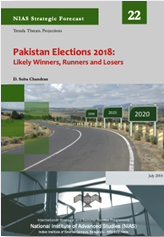
|
D Suba Chandran
NIAS Strategic Forecast # 22 "Pakistan Elections 2018: Likely Winners, Runners and Losers
Reports, 2018 |
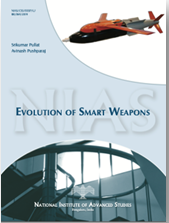
|
Srikumar Pullat, Avinash Pushparaj
Evolution of Smart Weapons |





































































































































